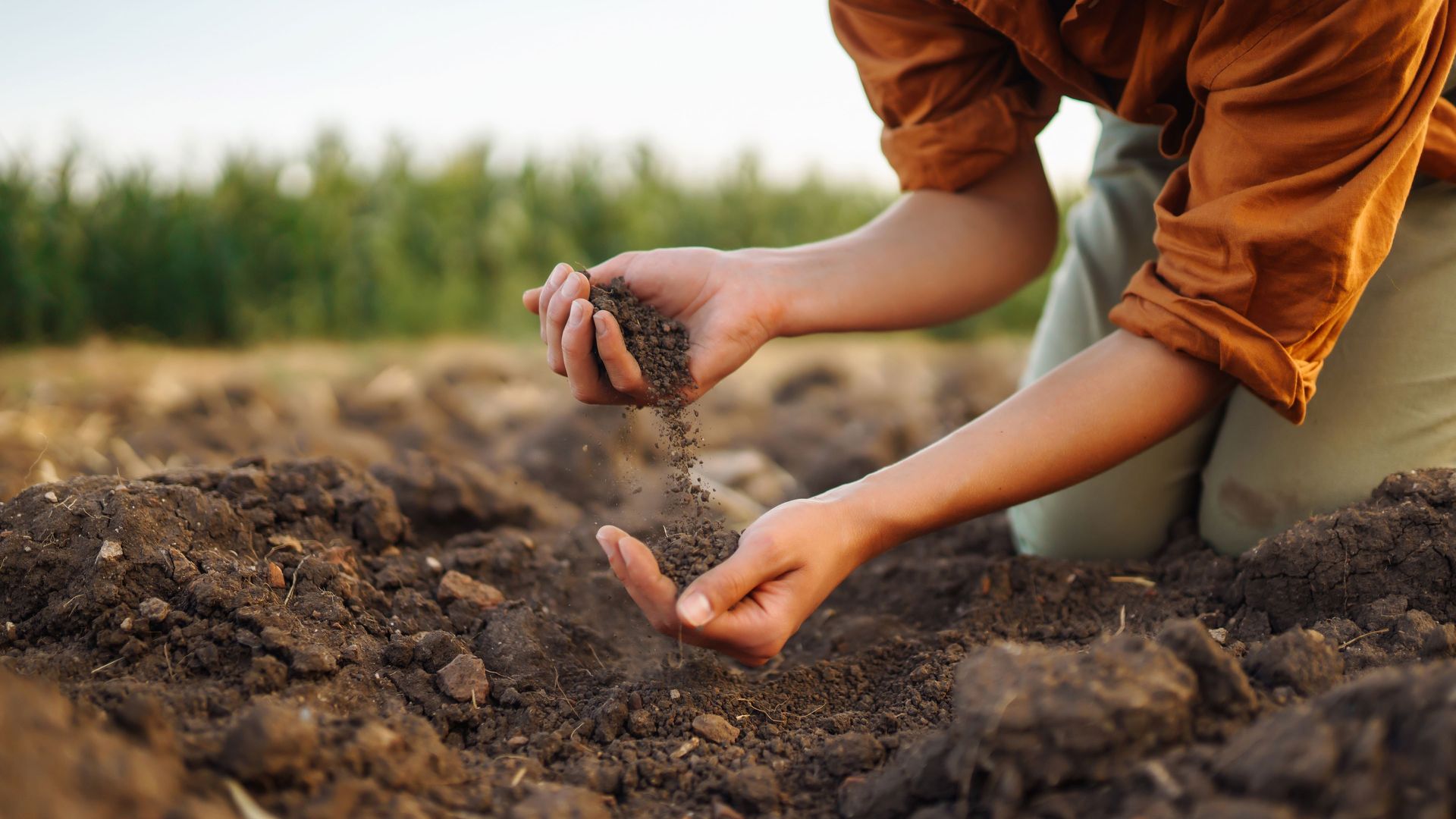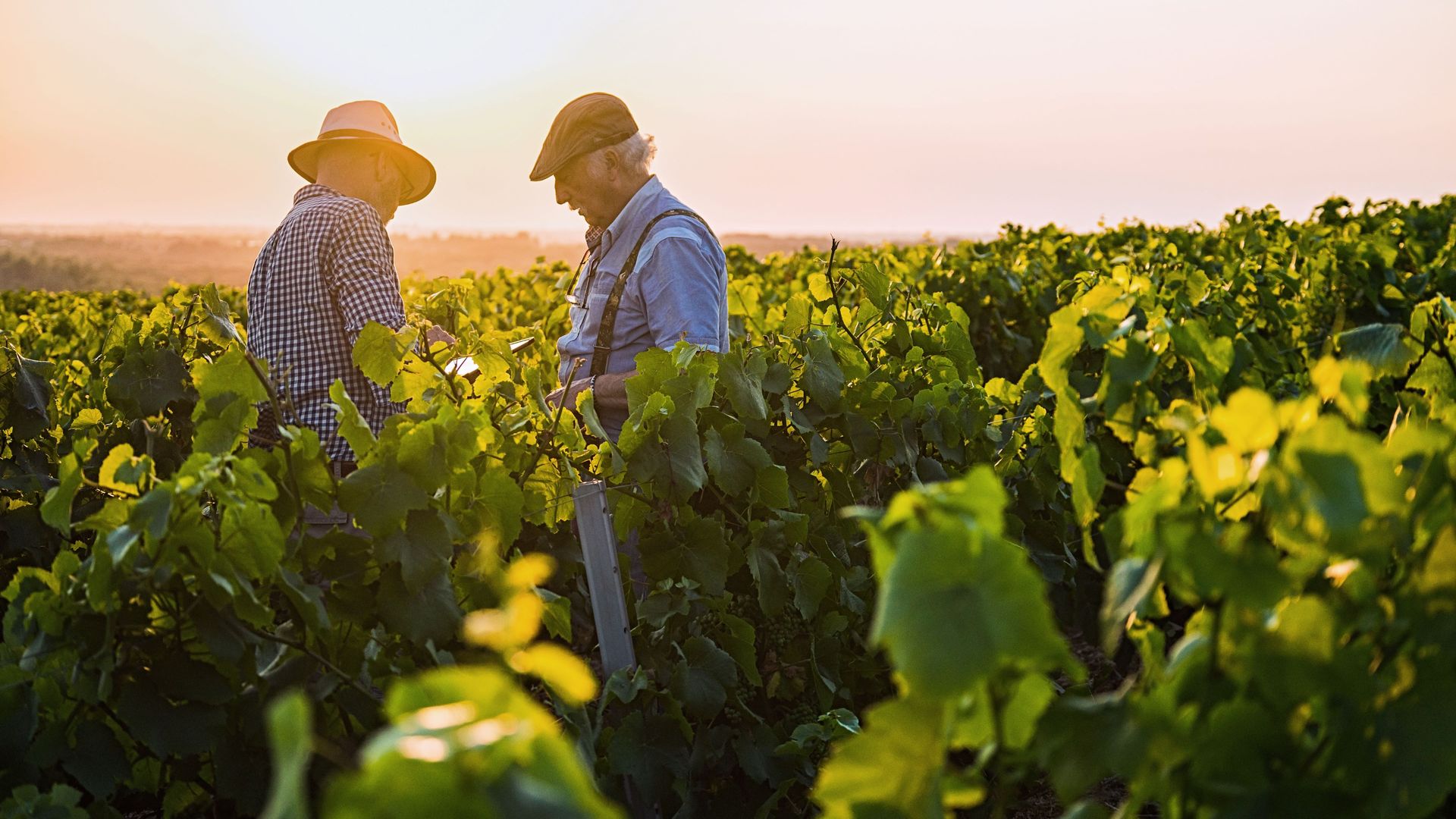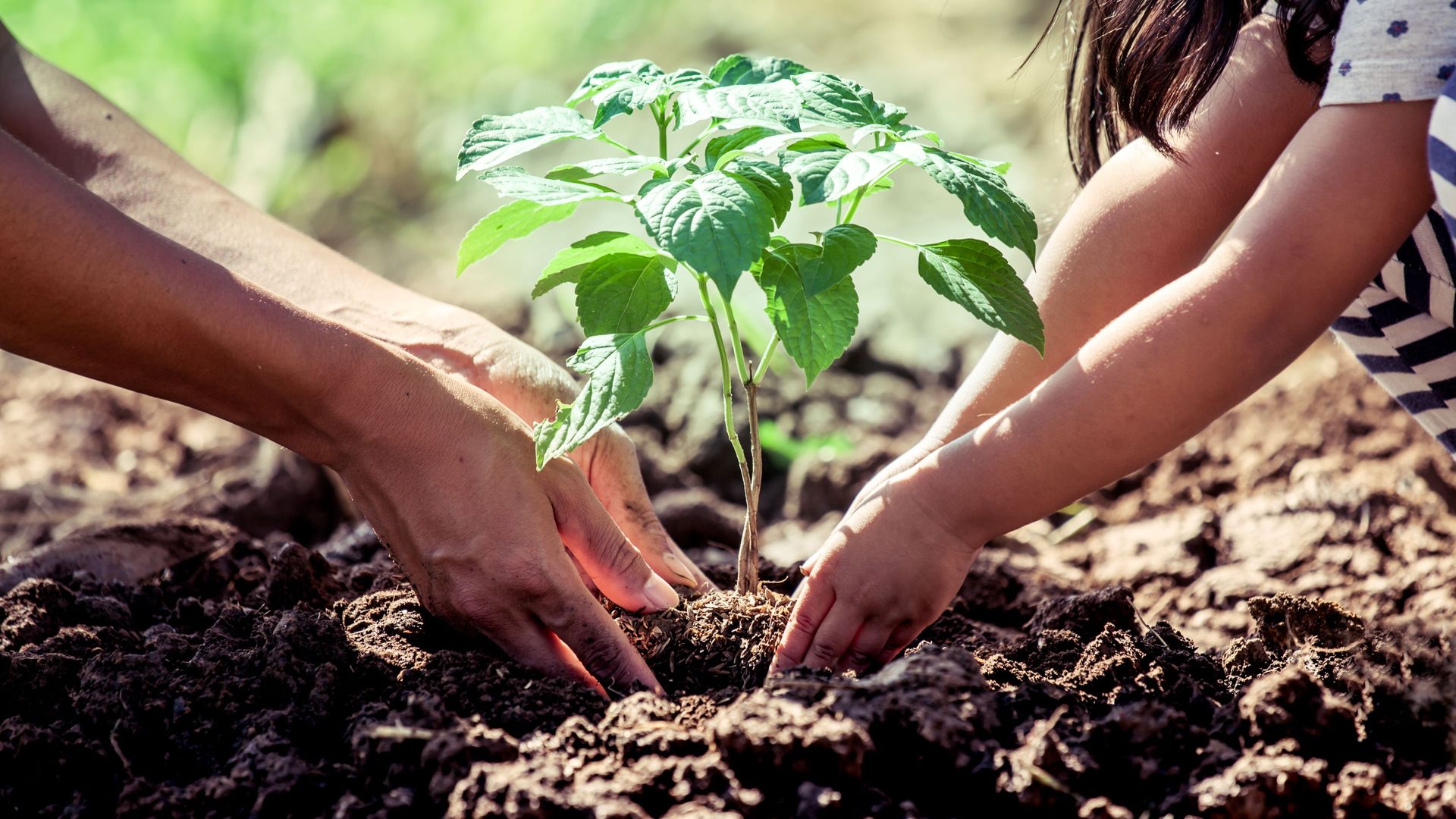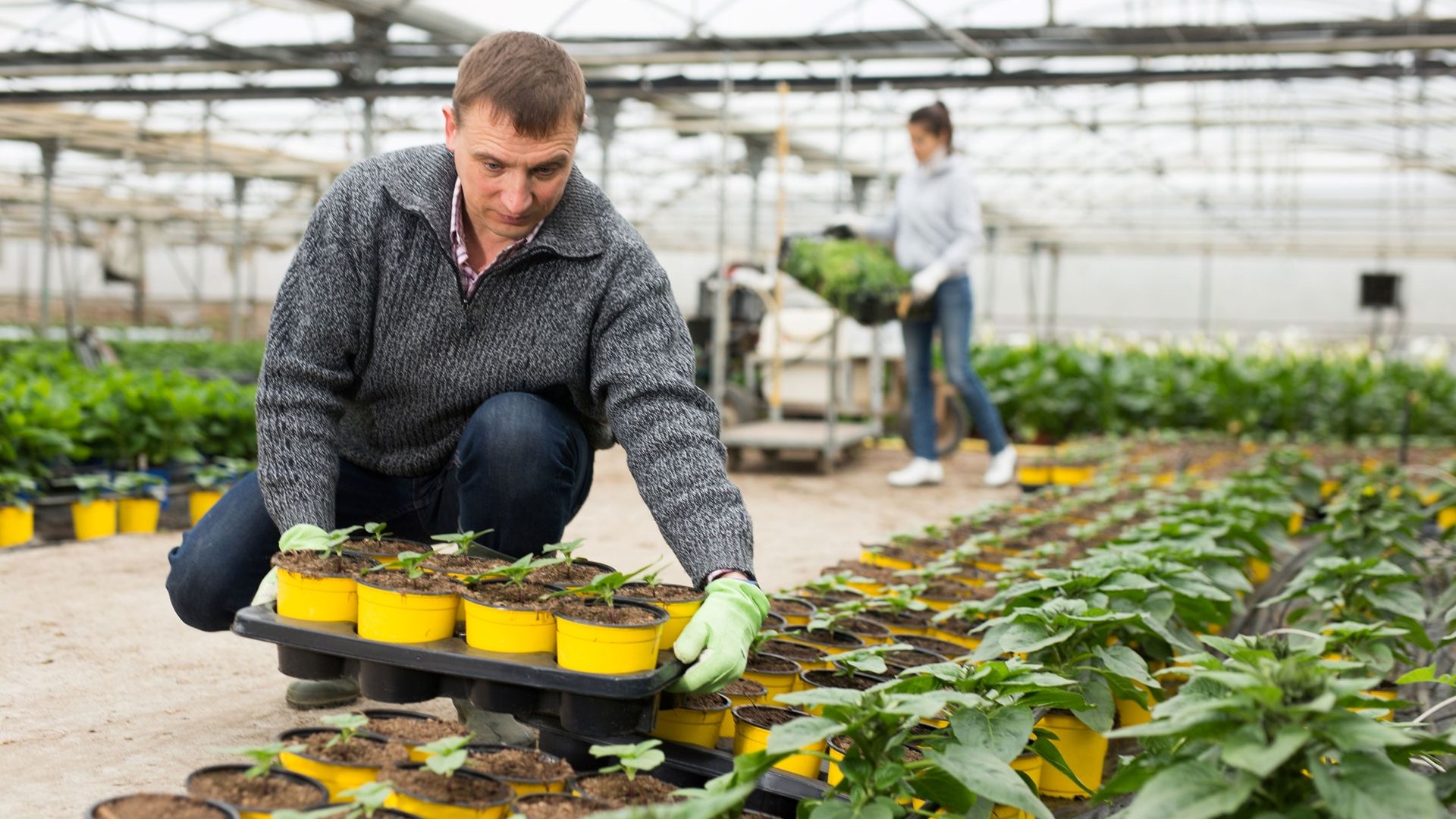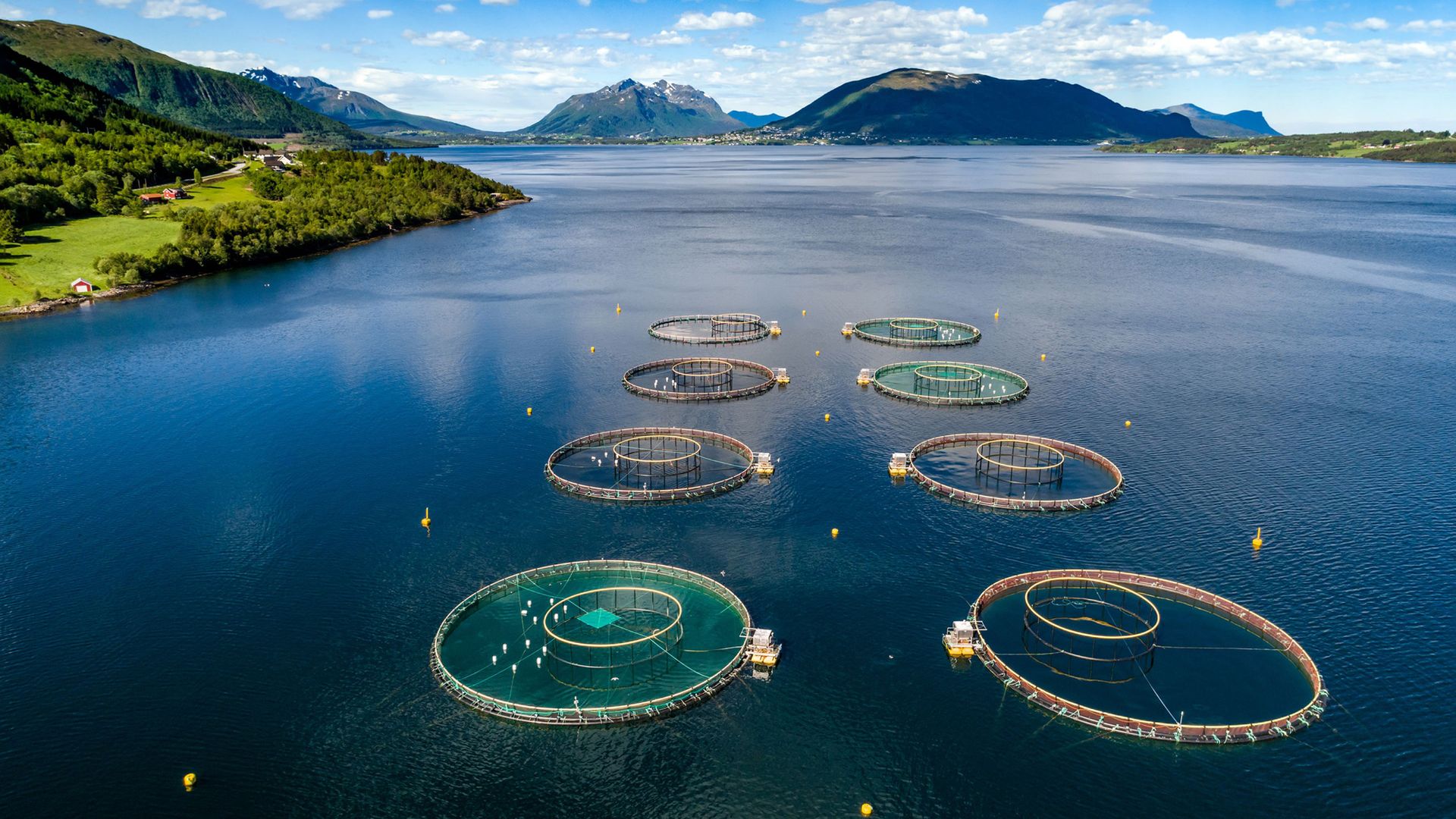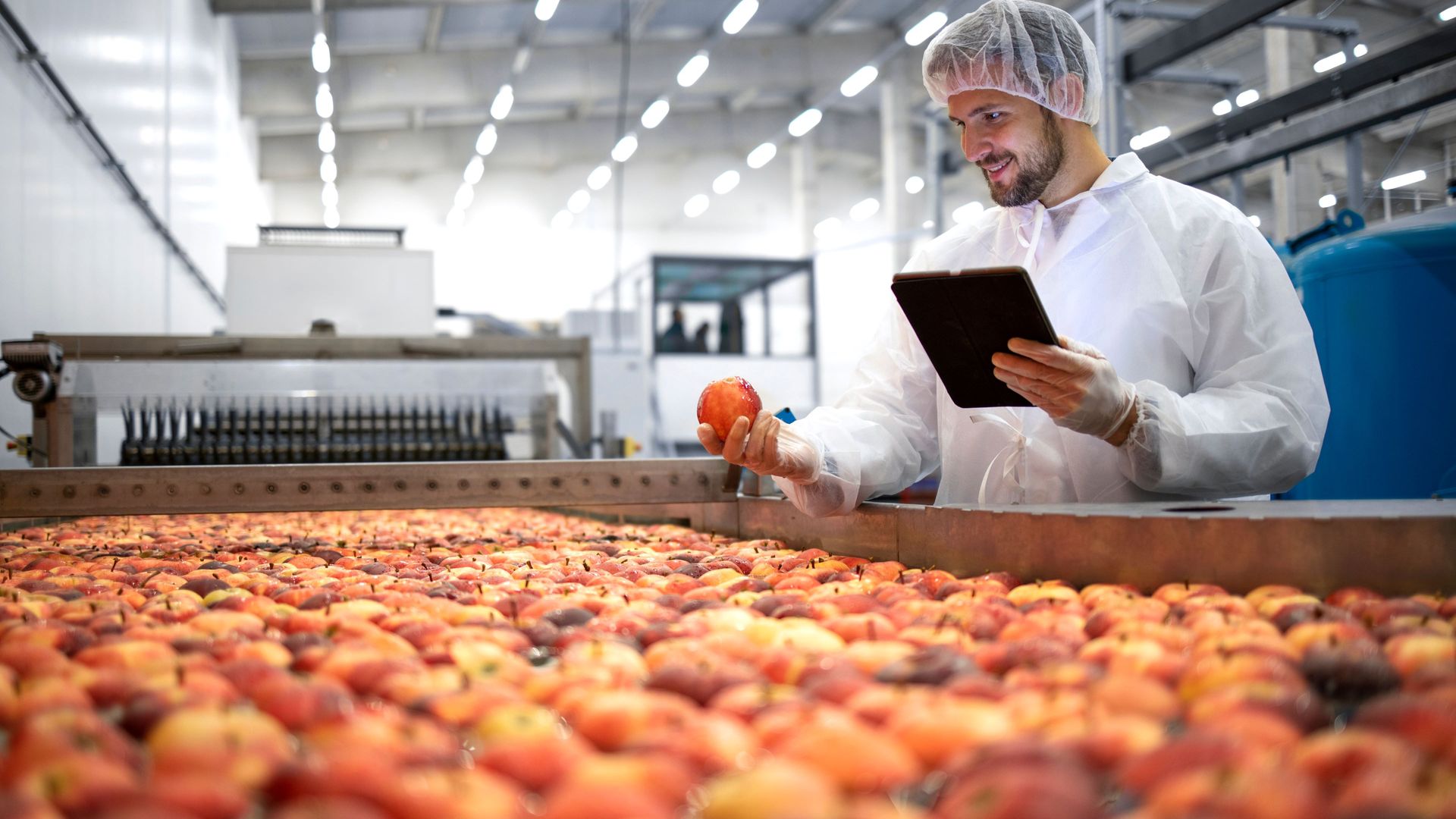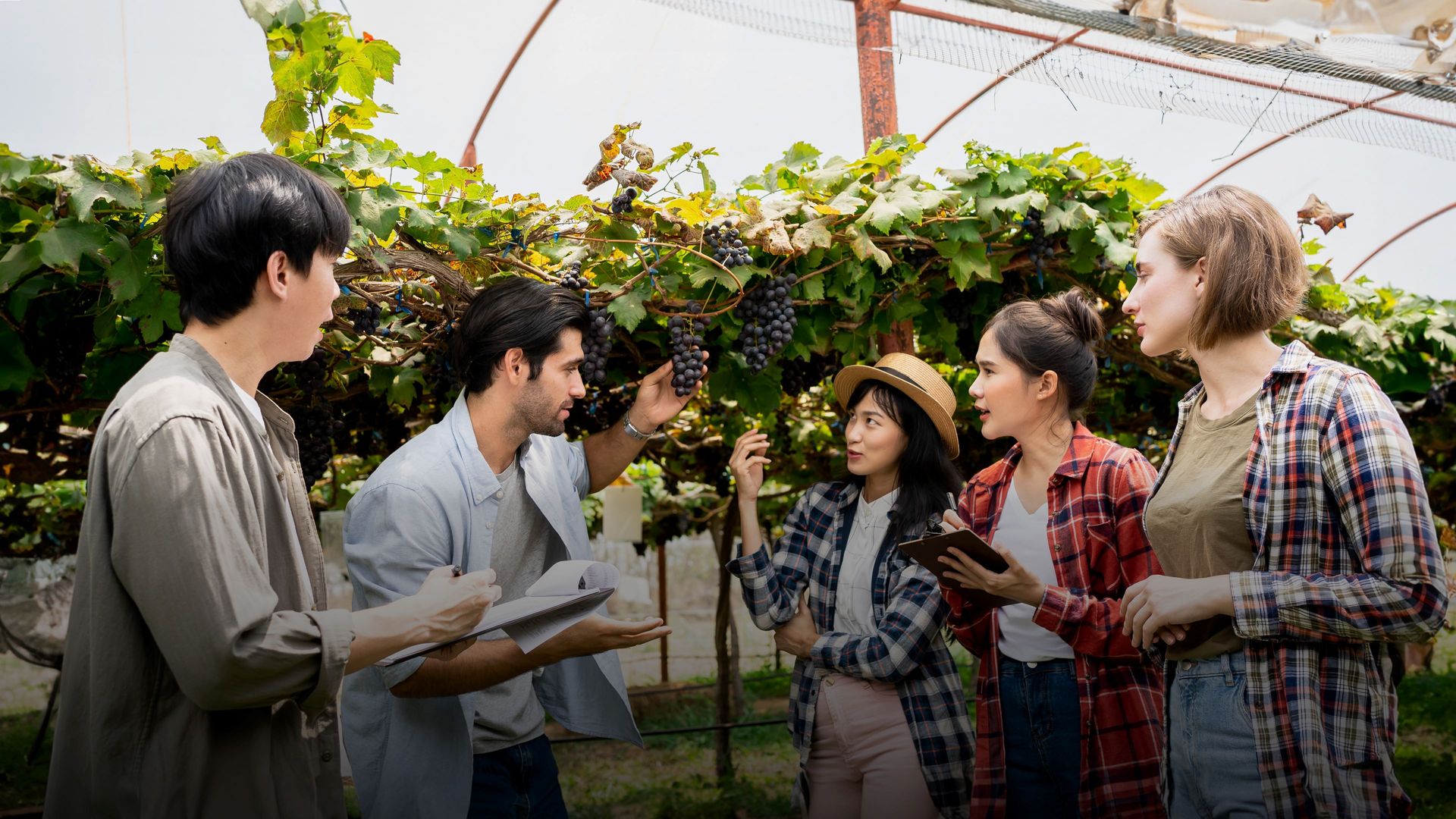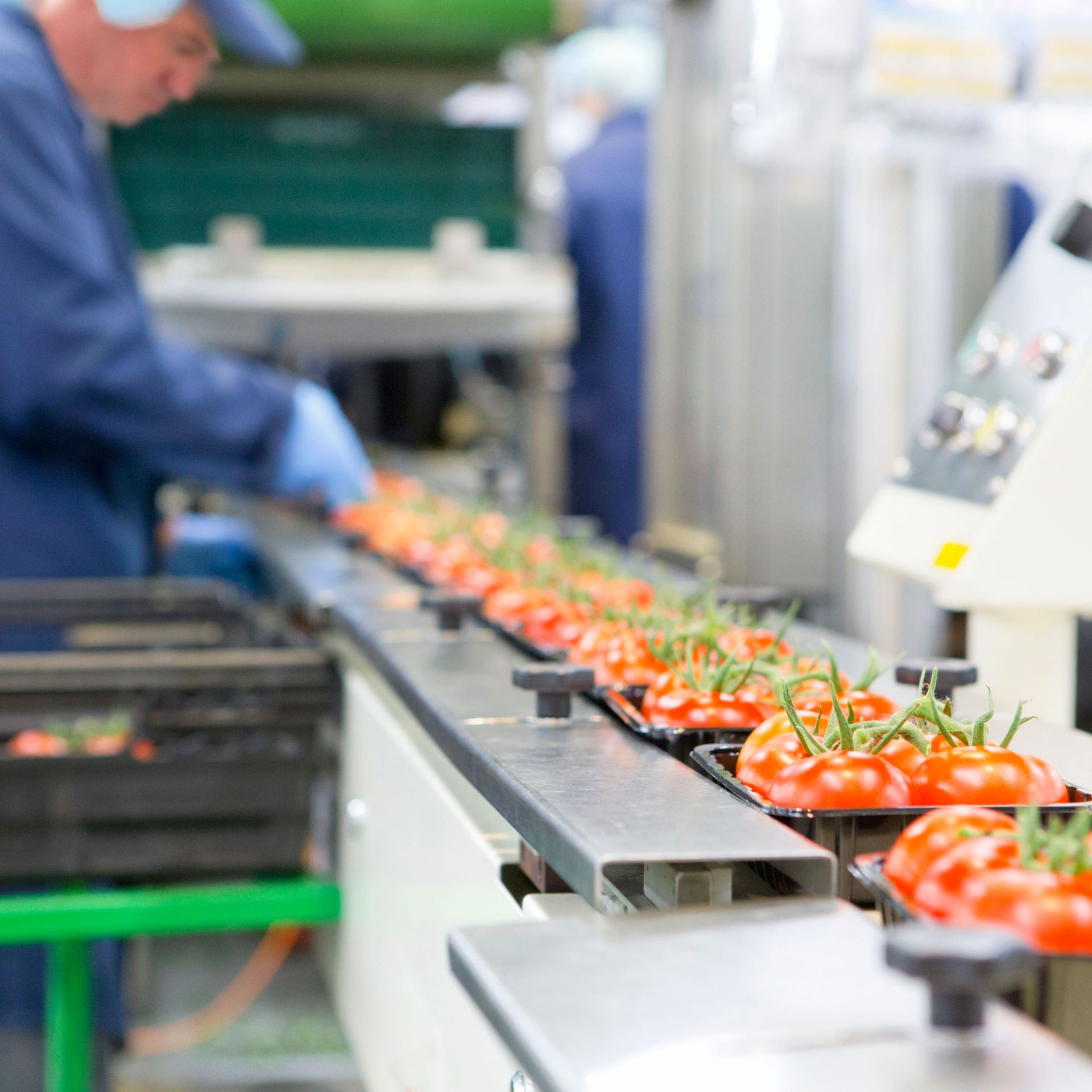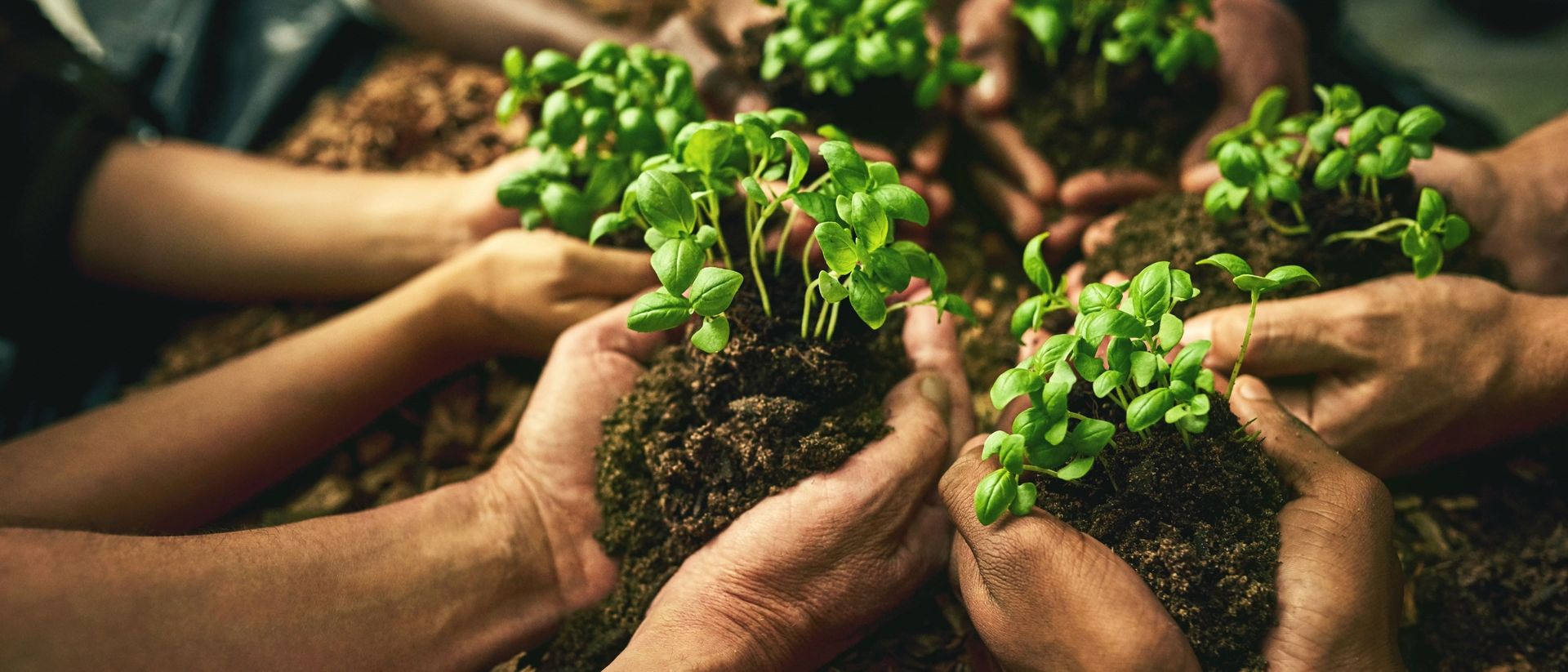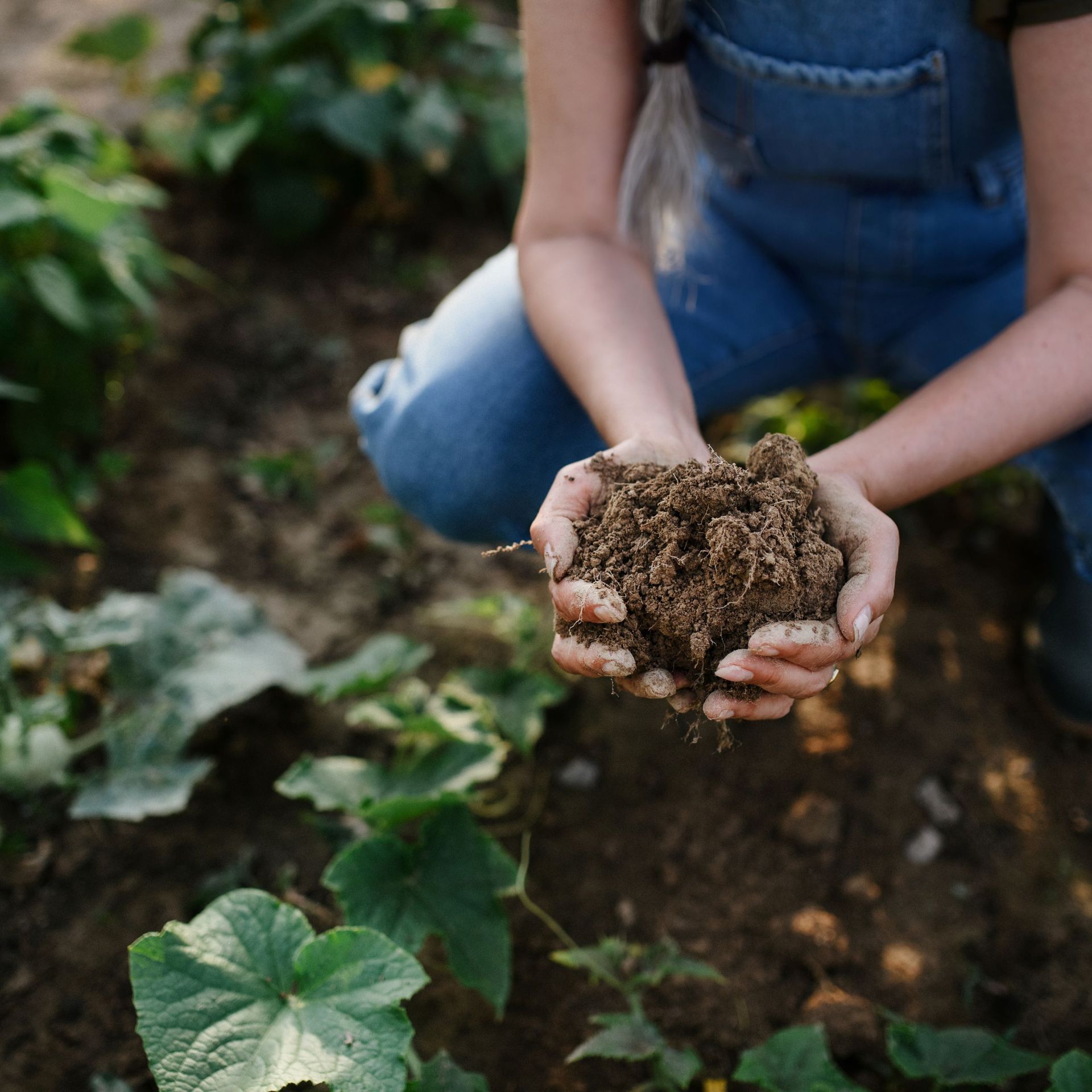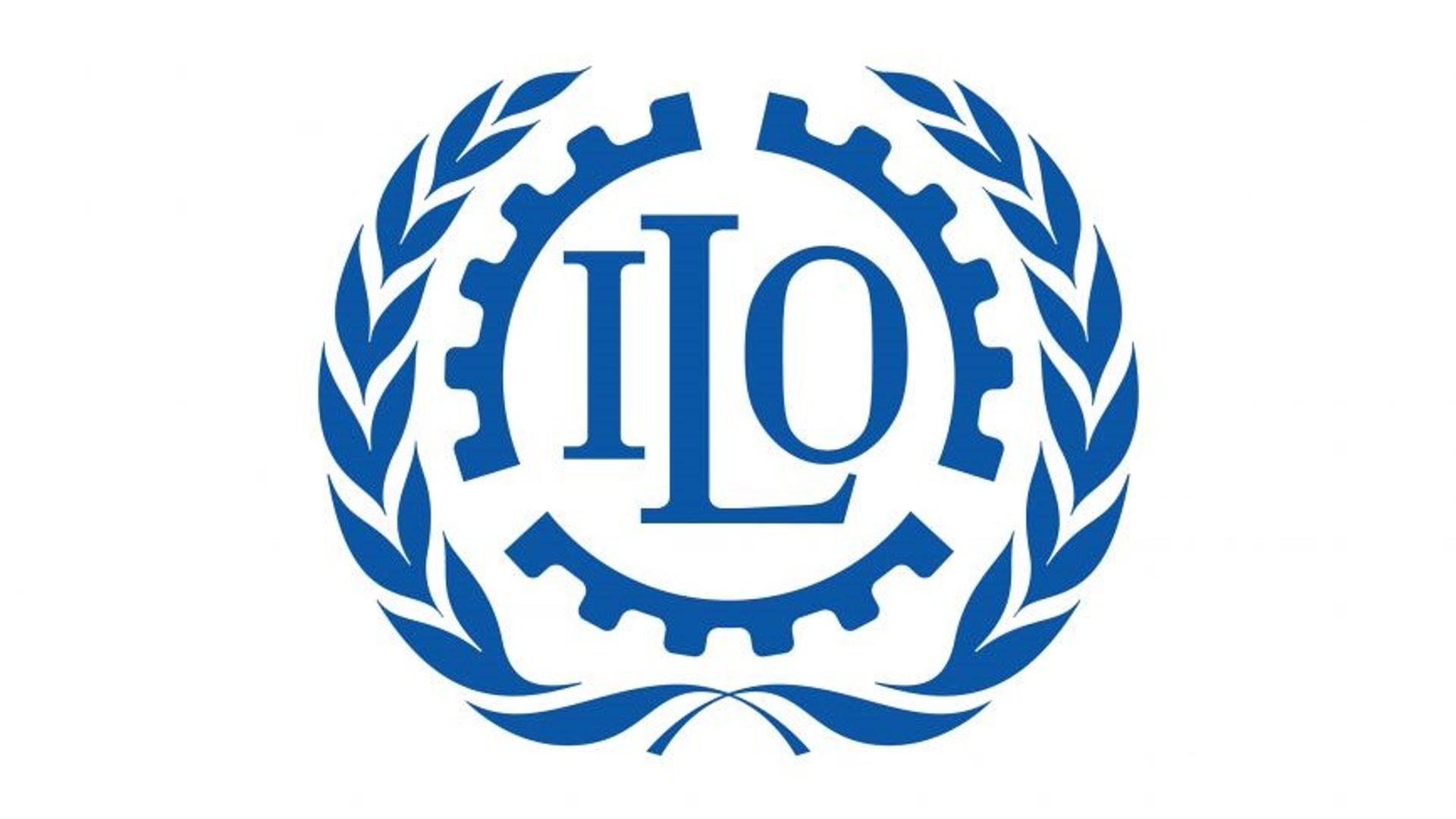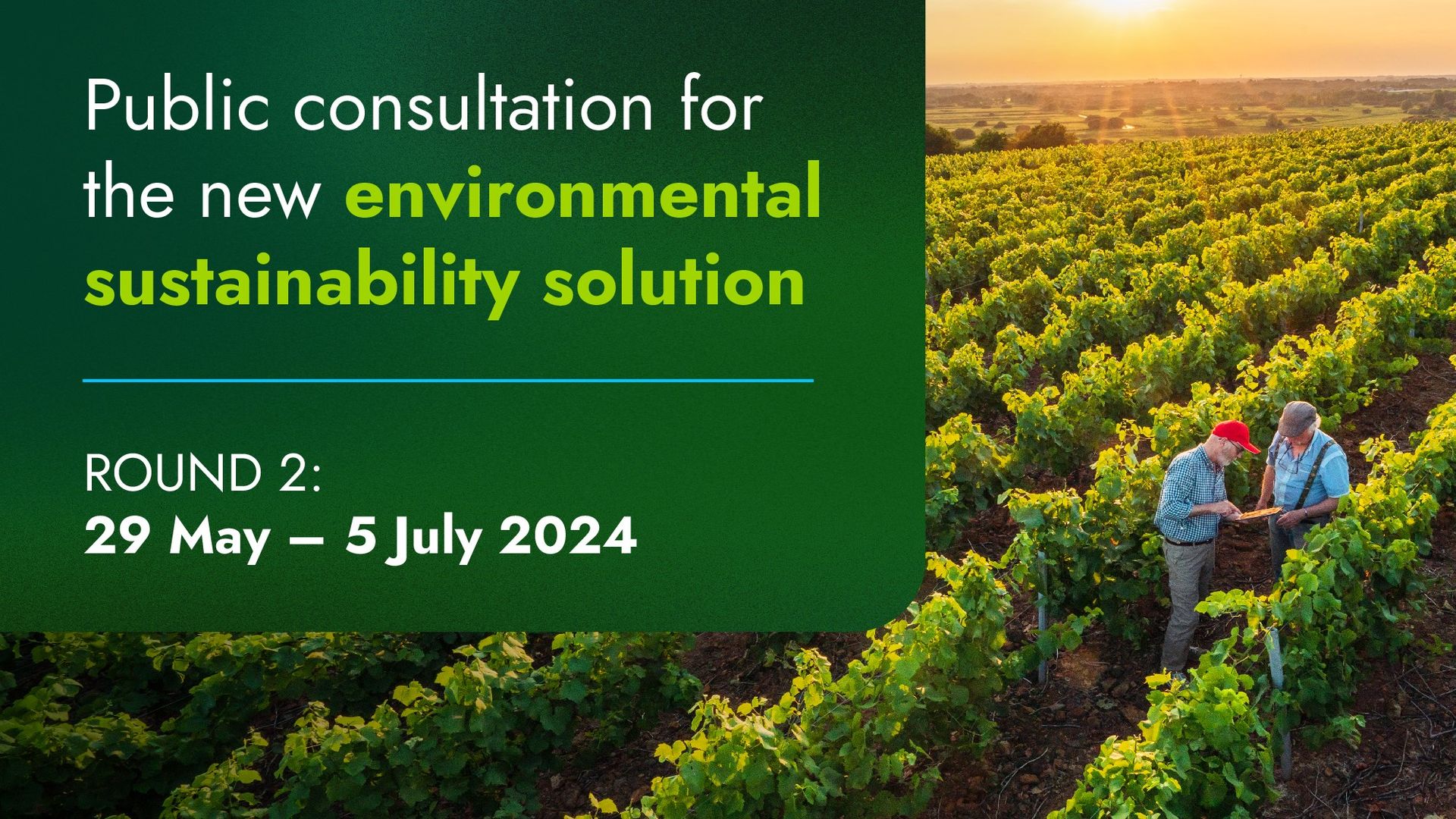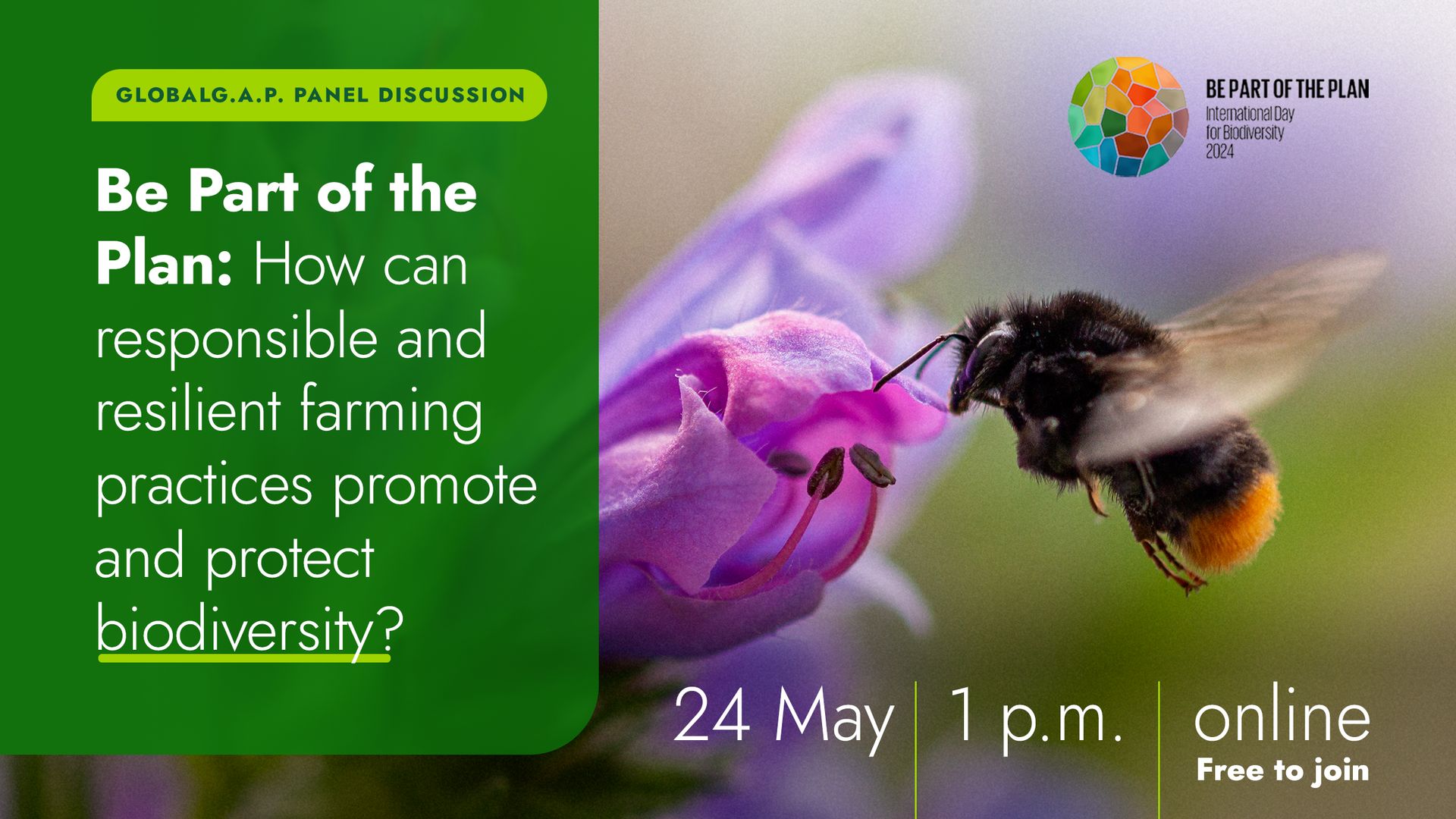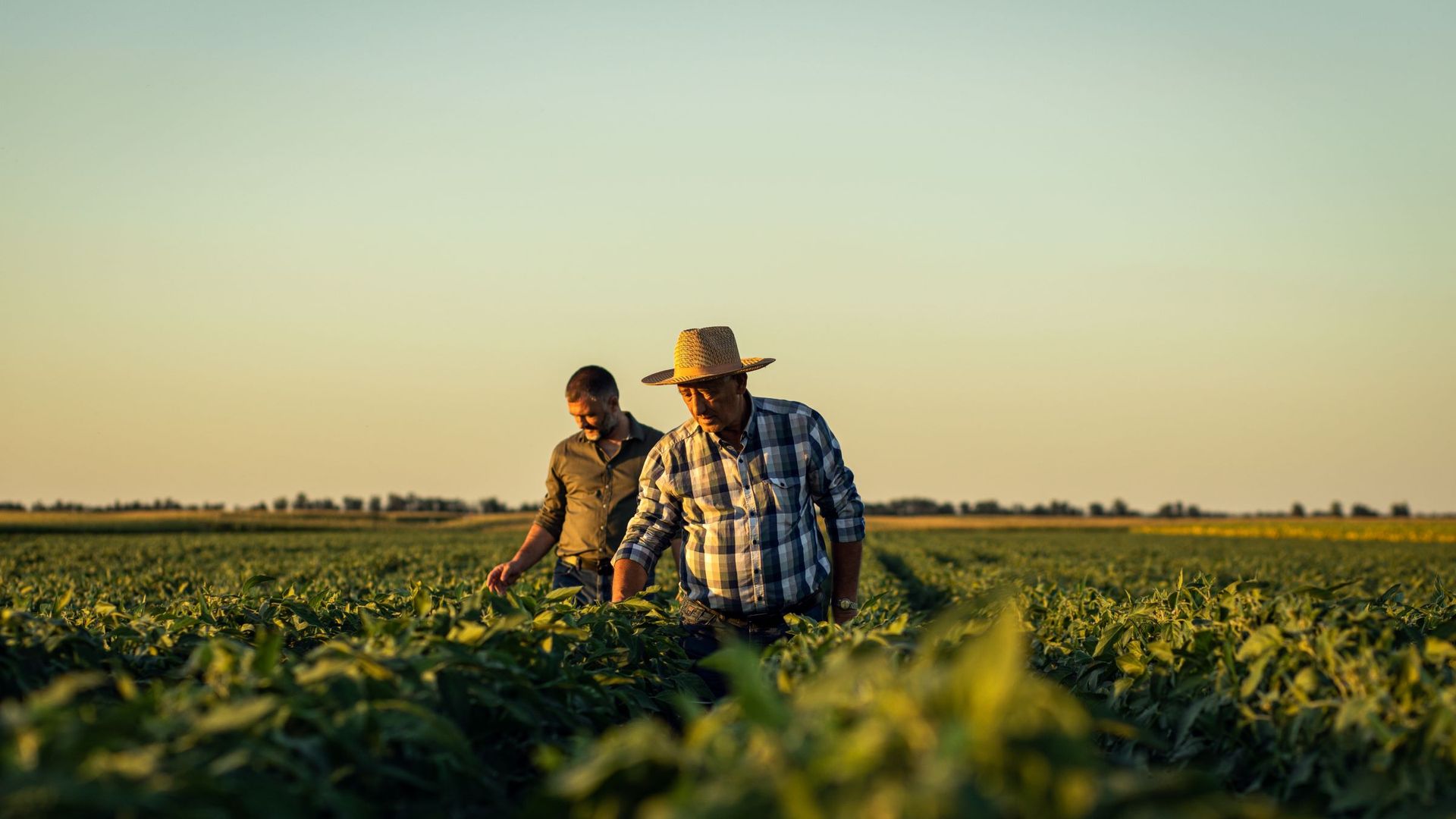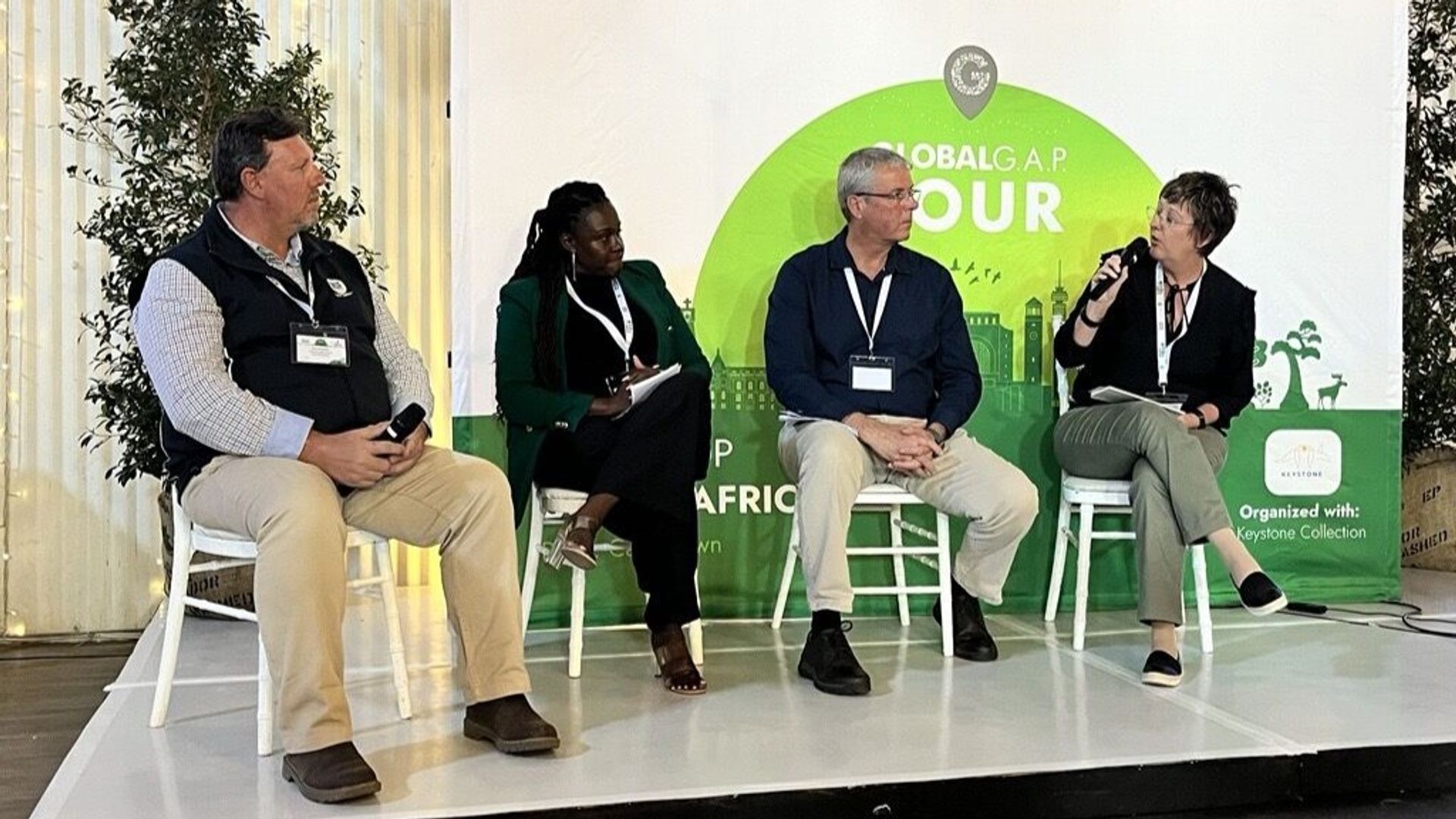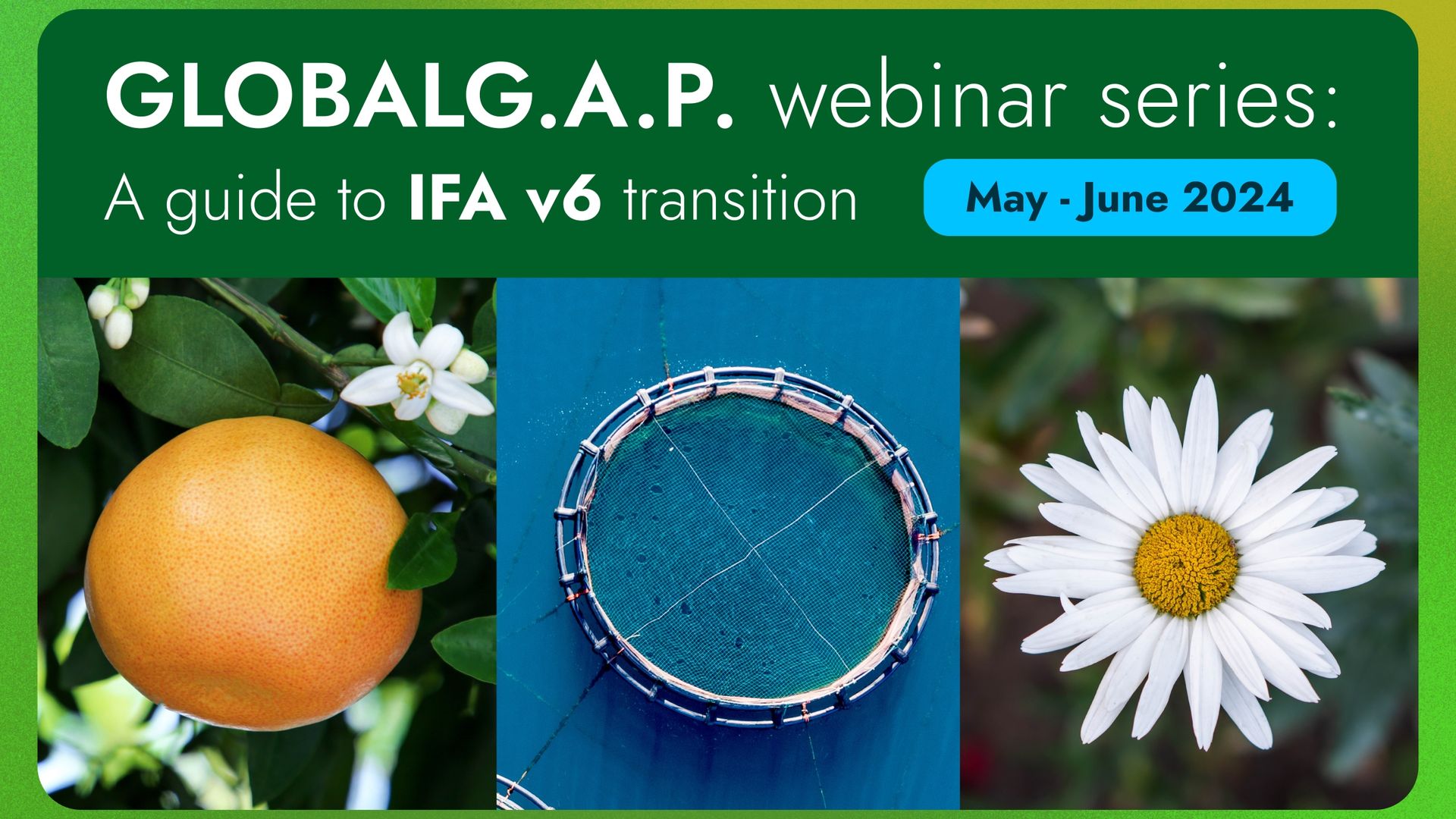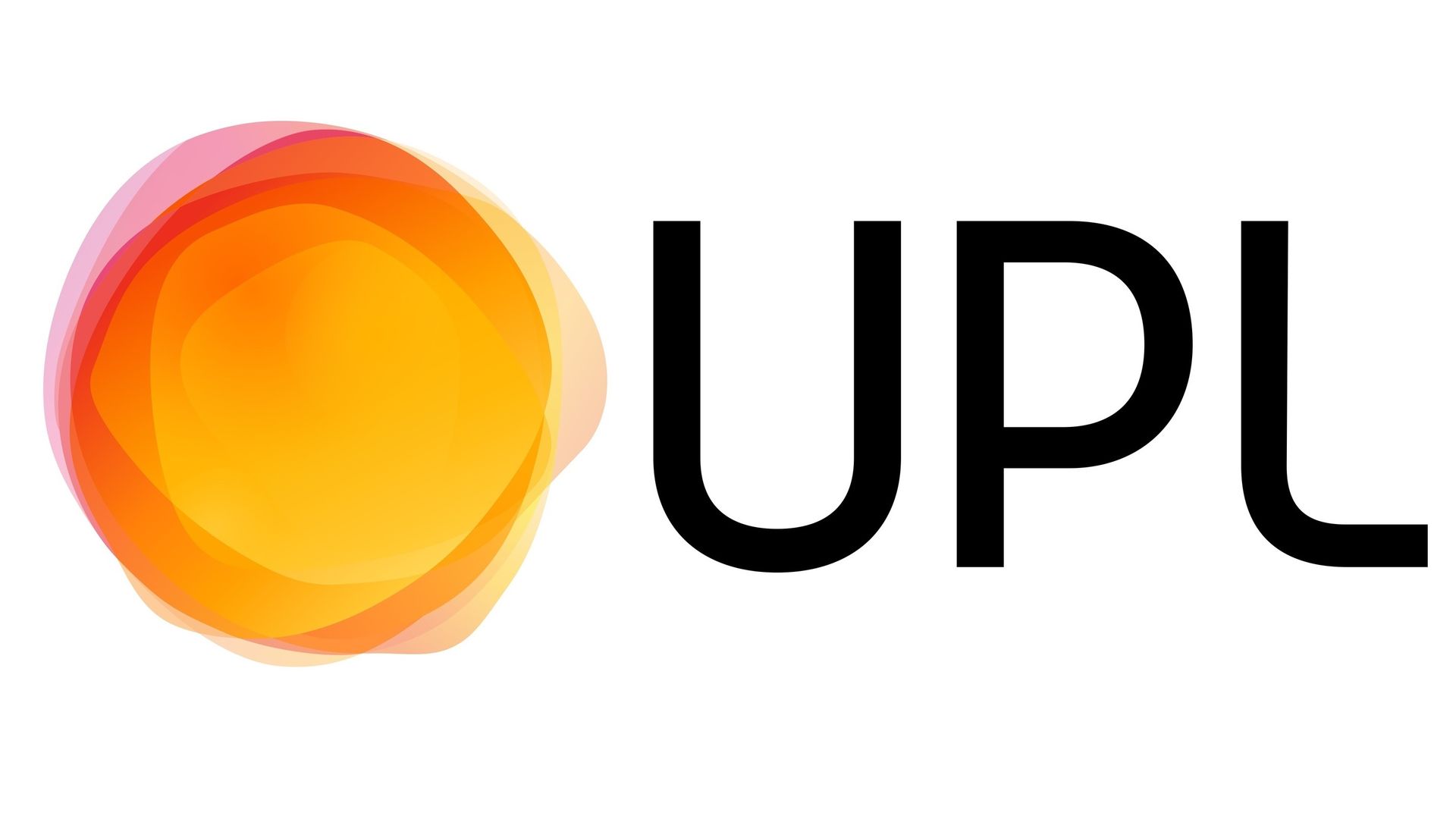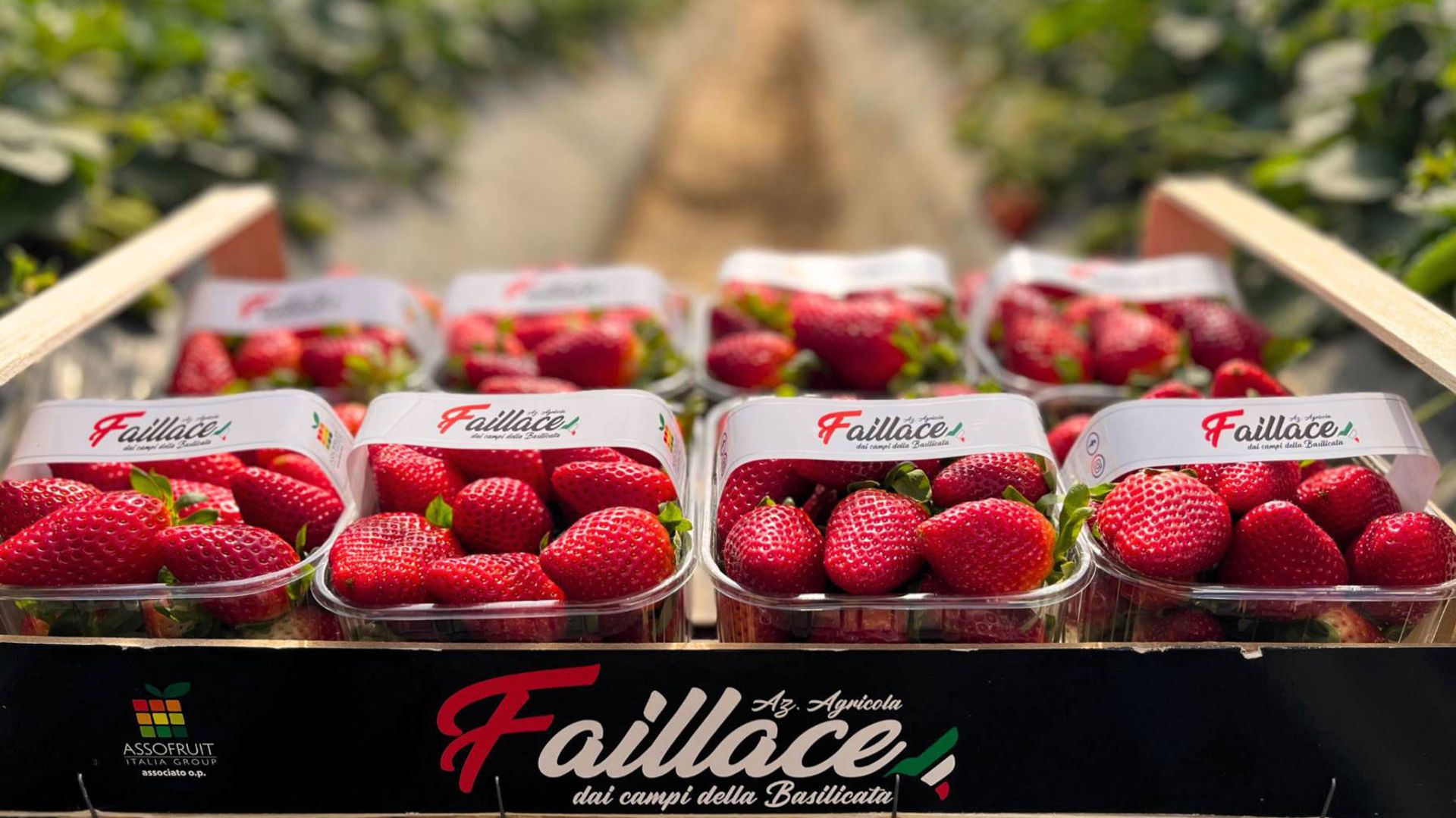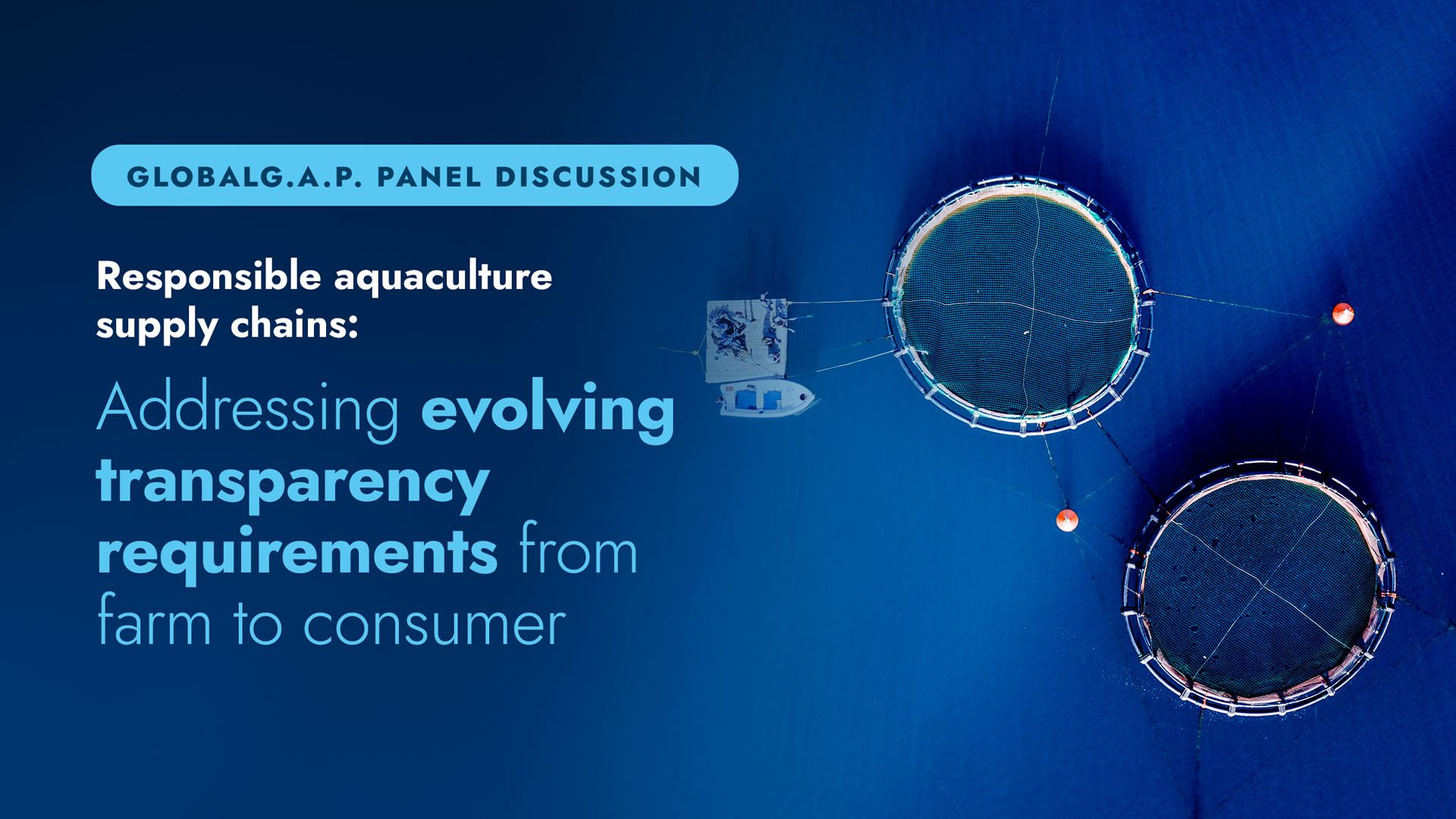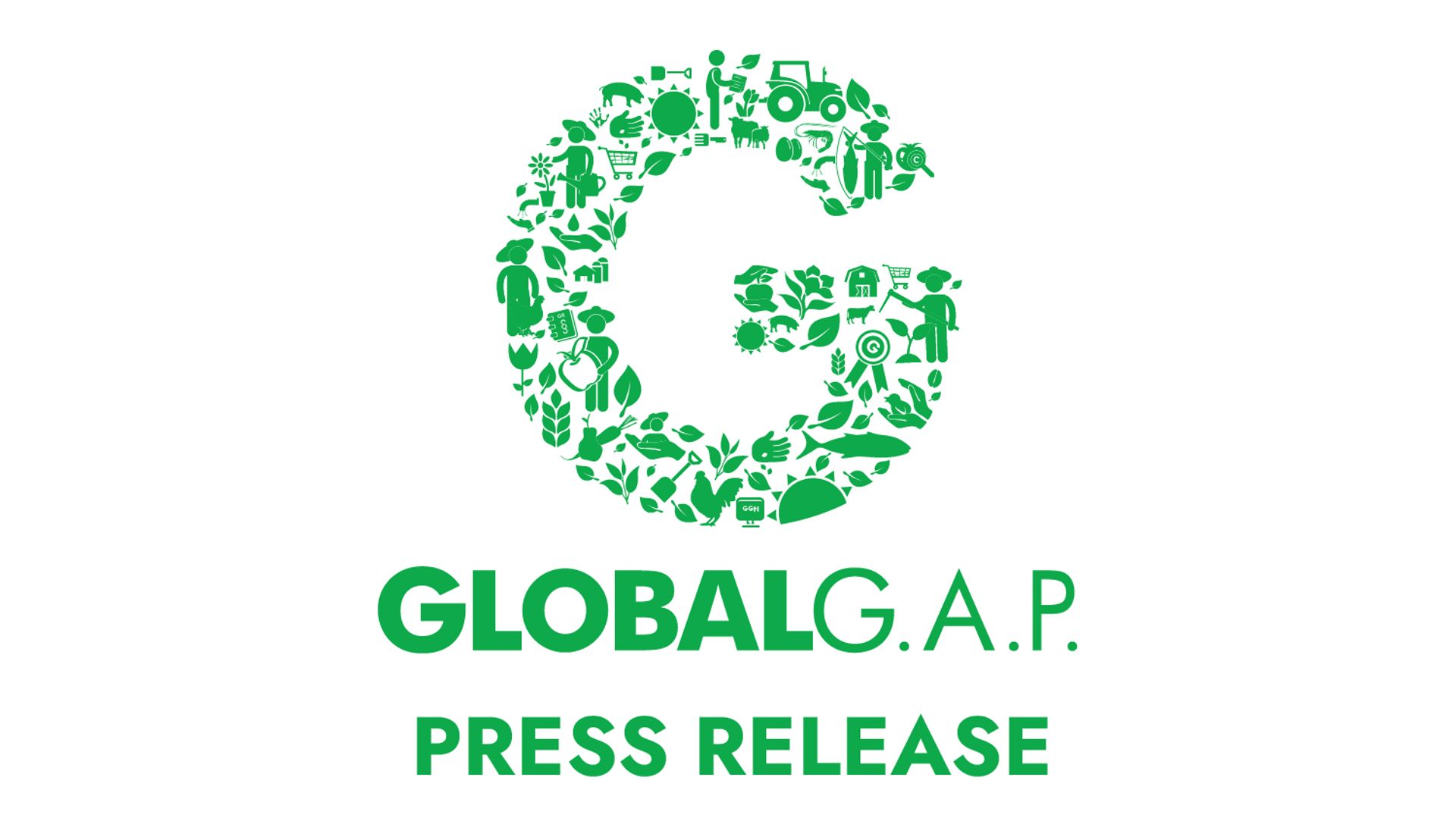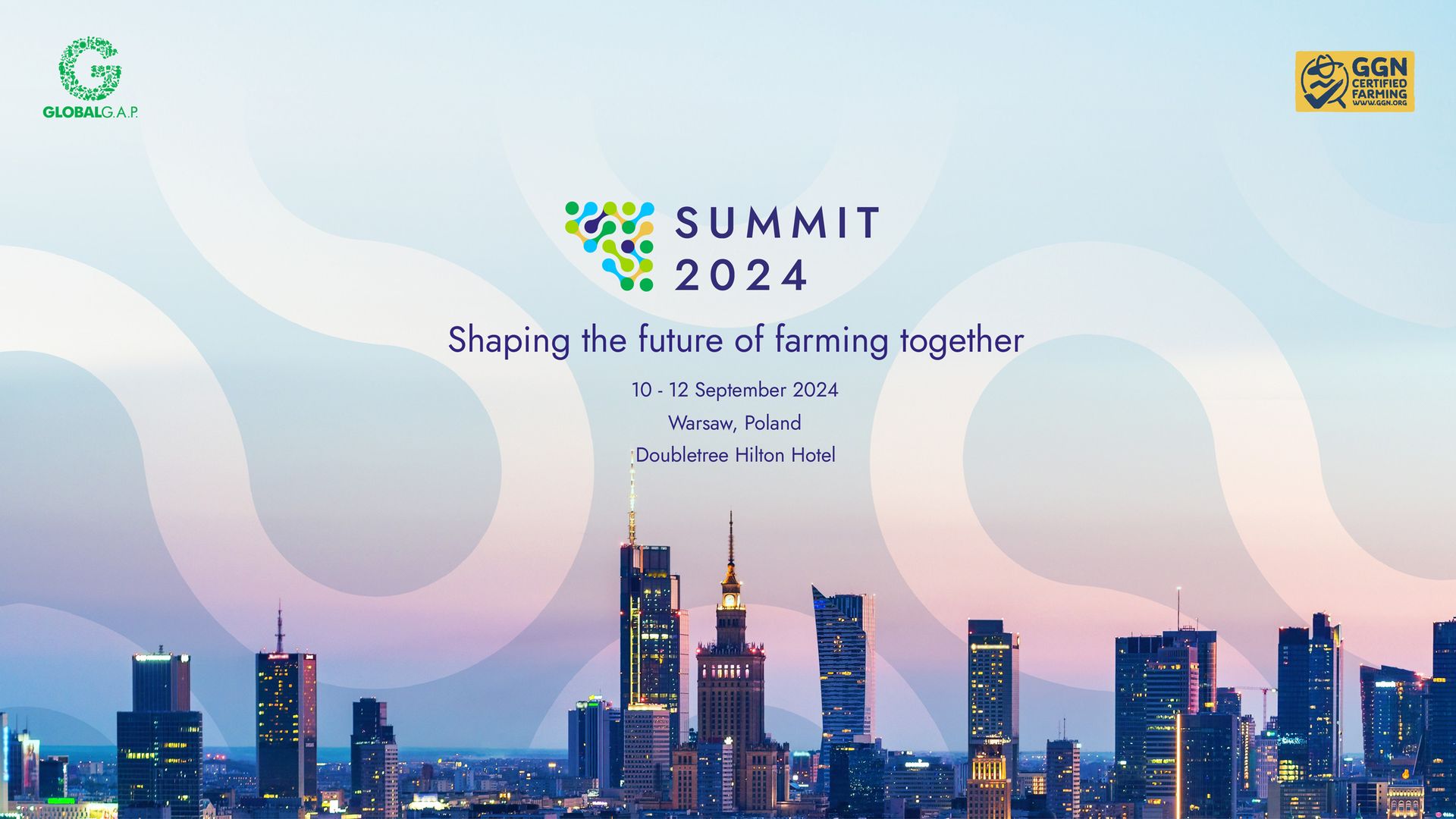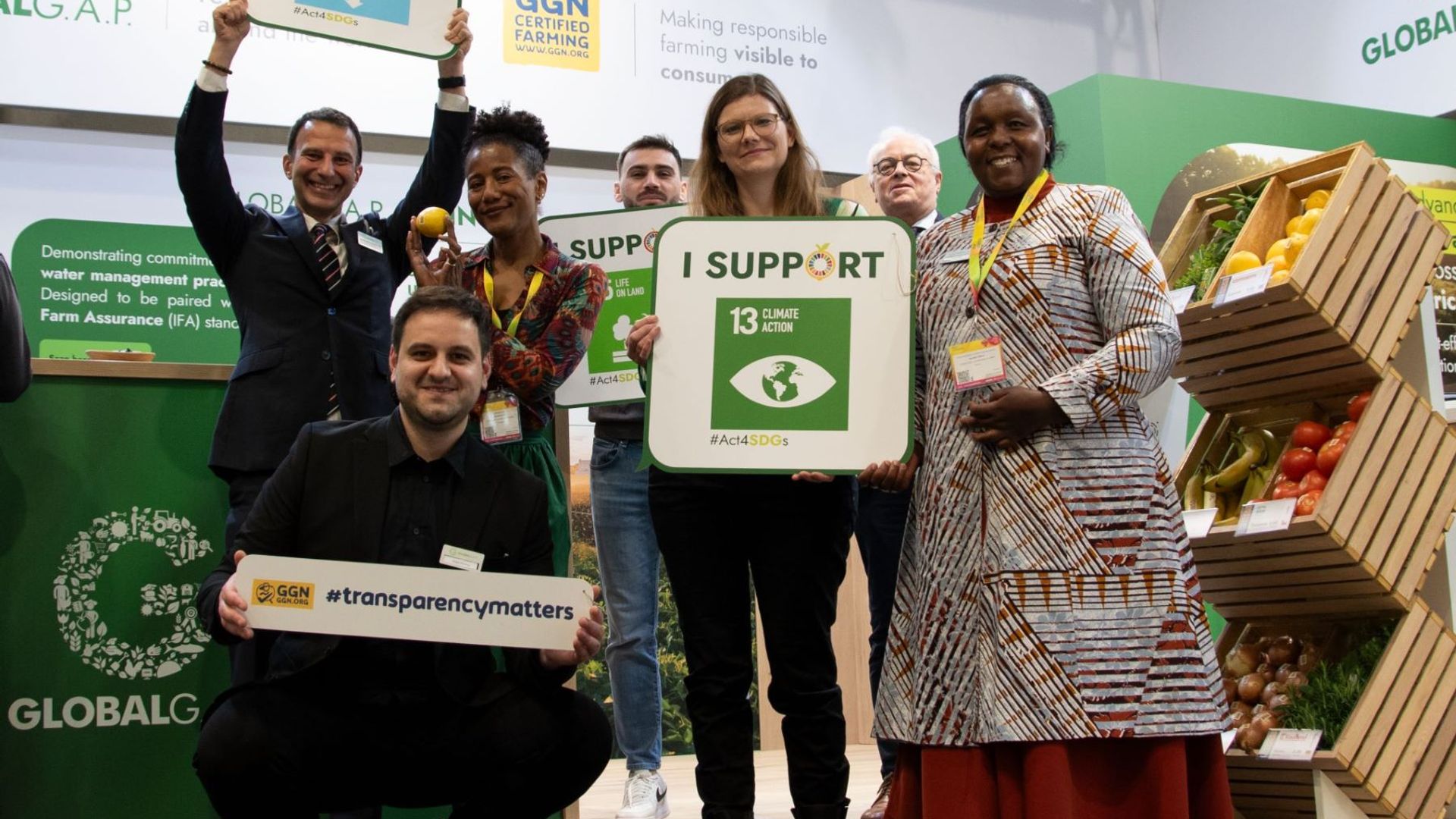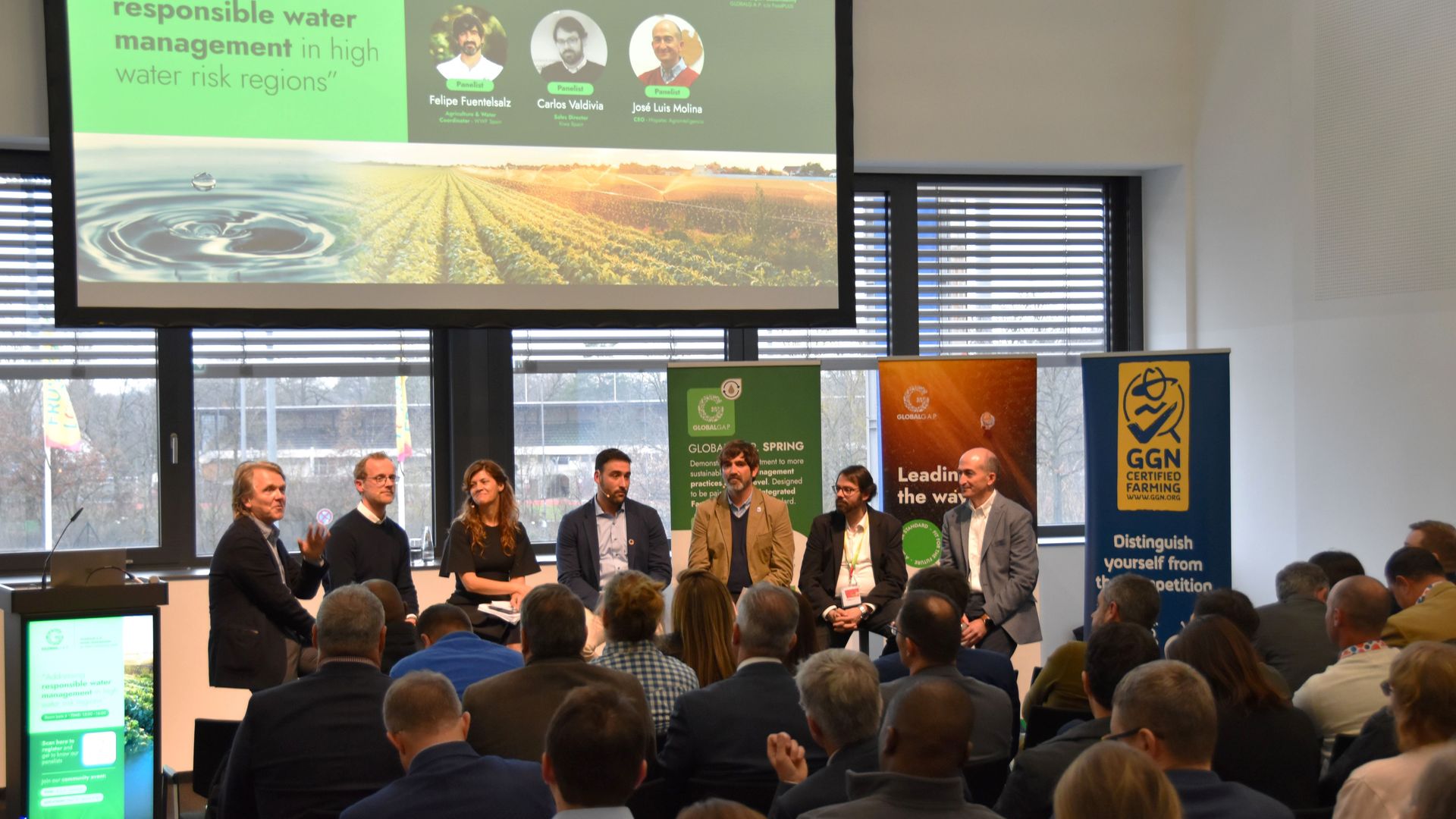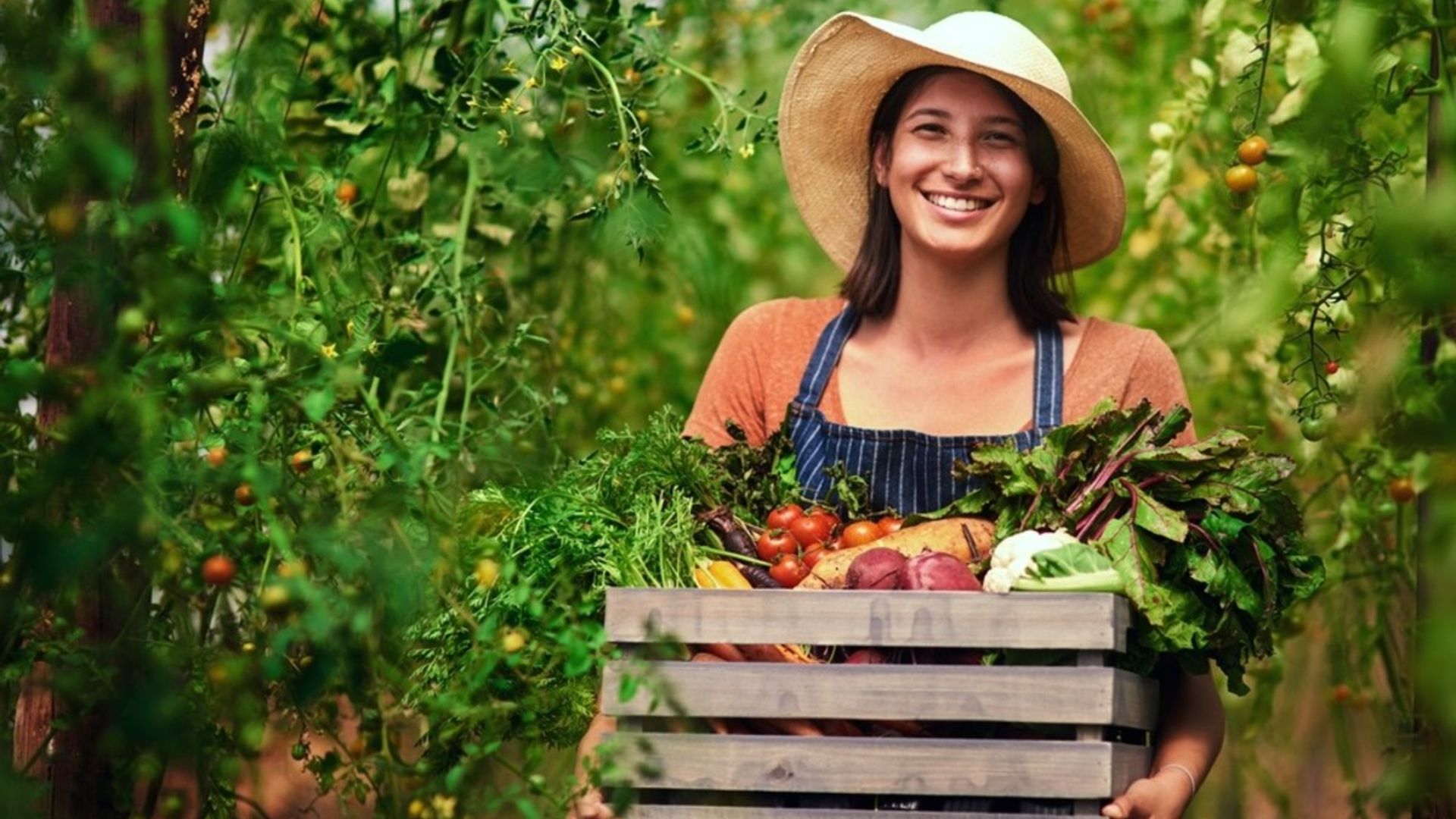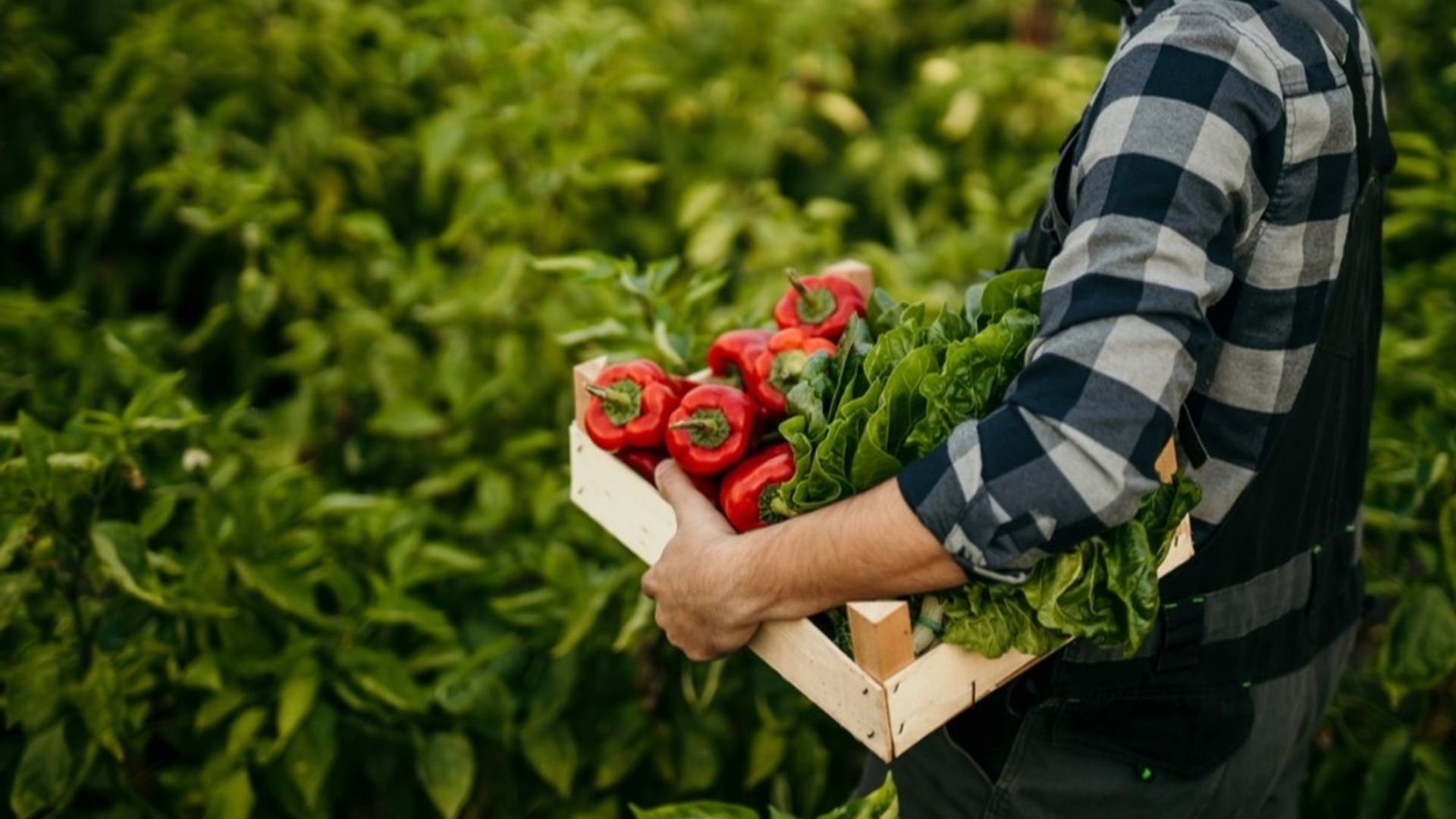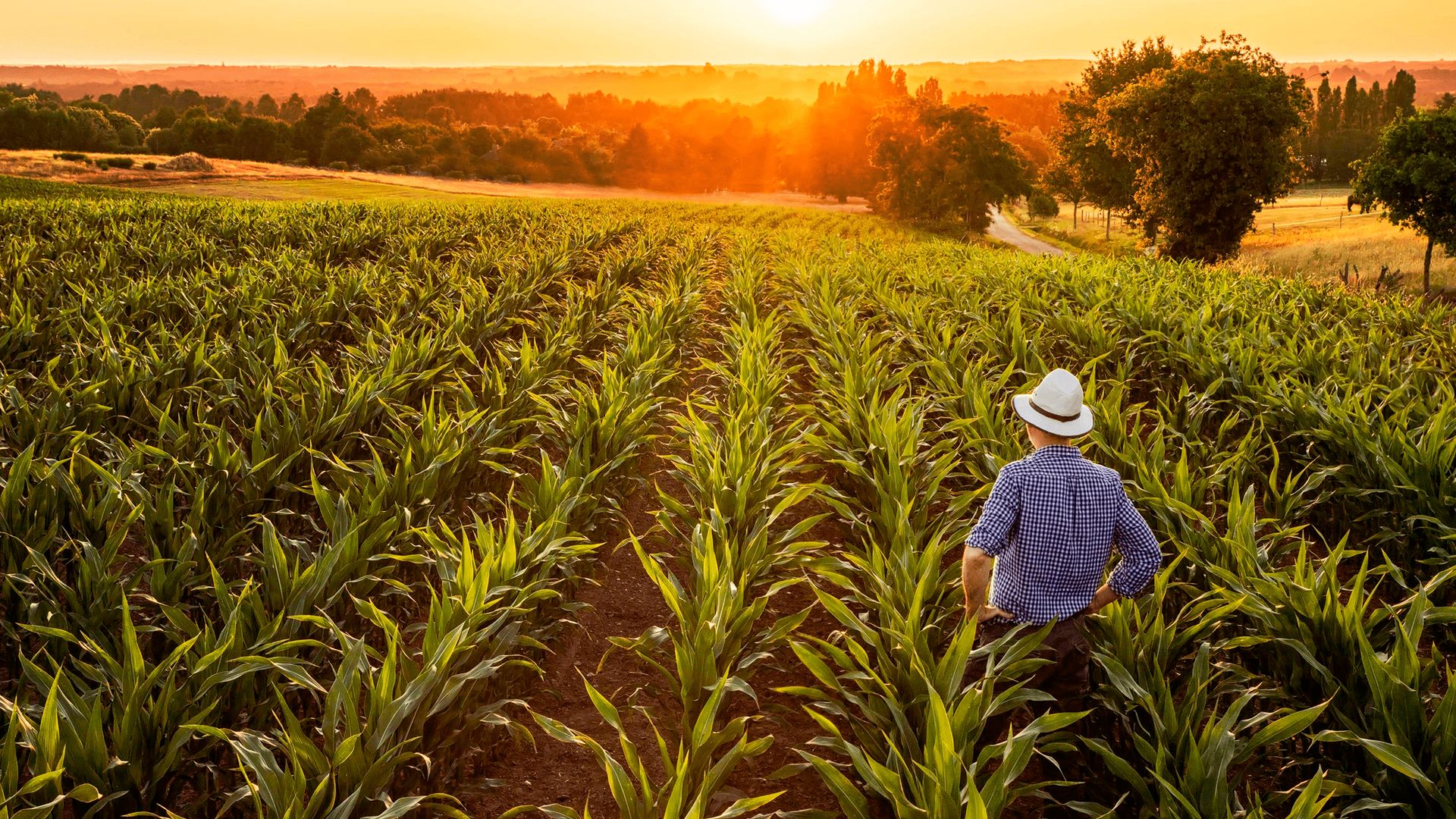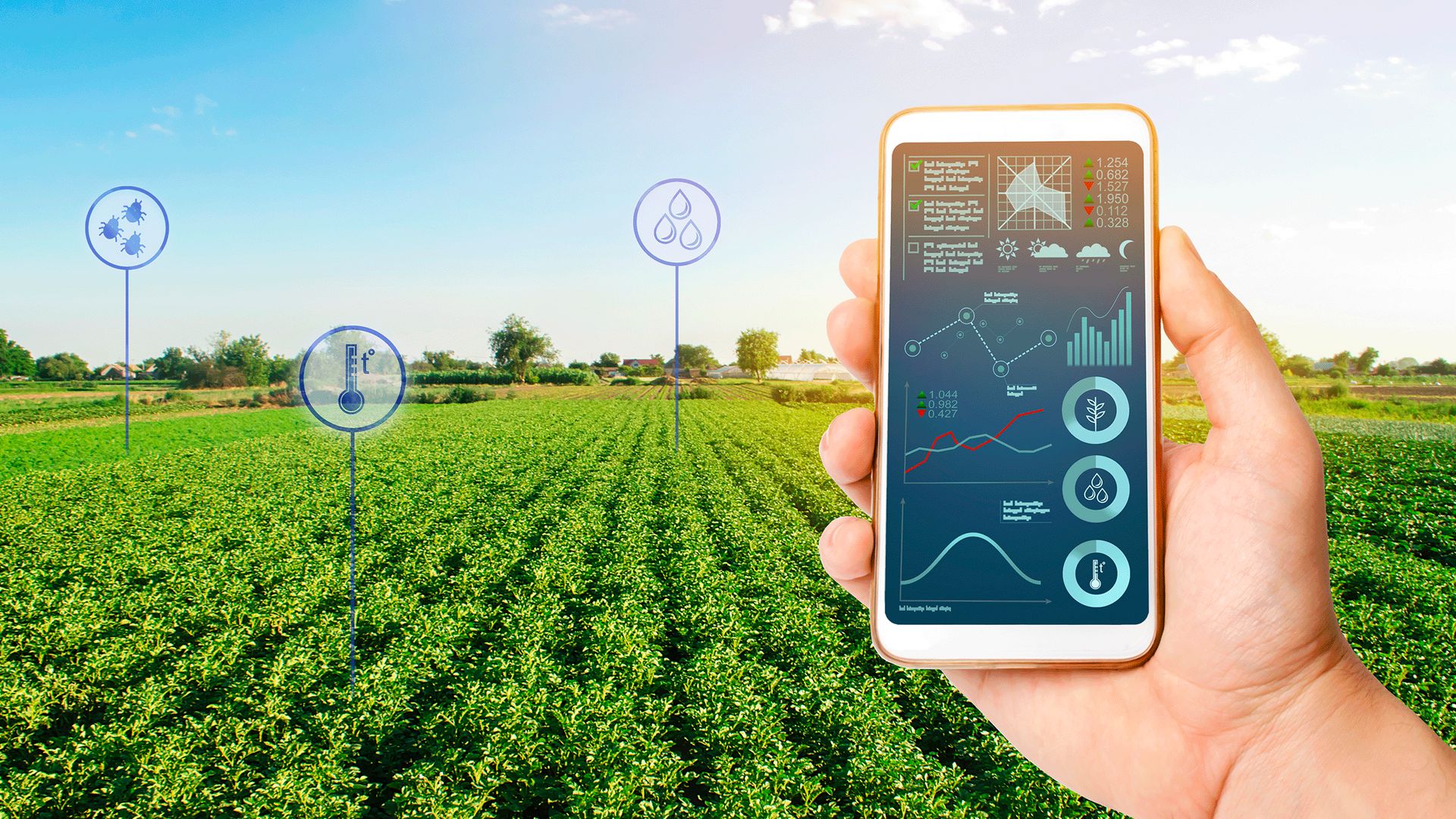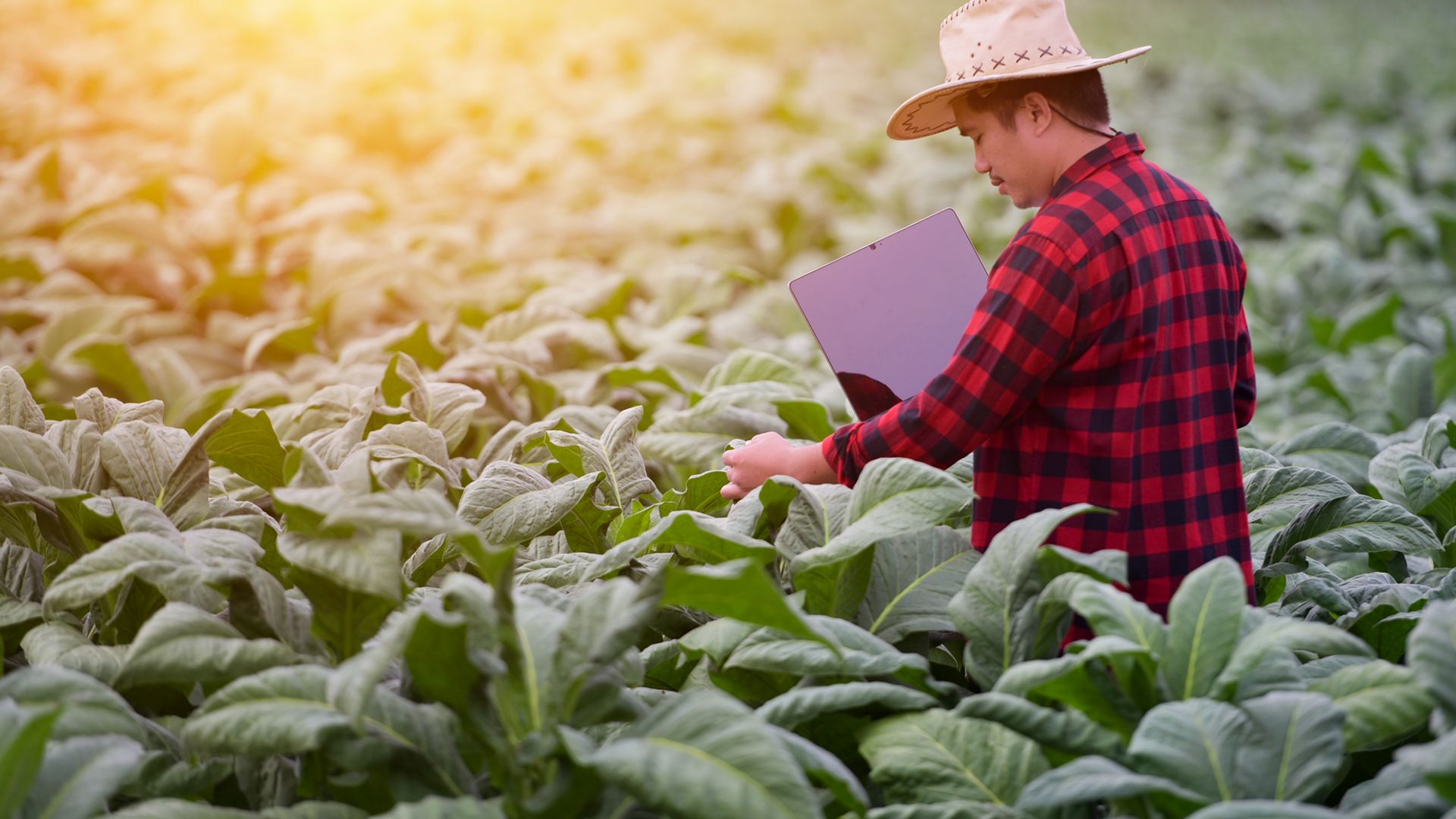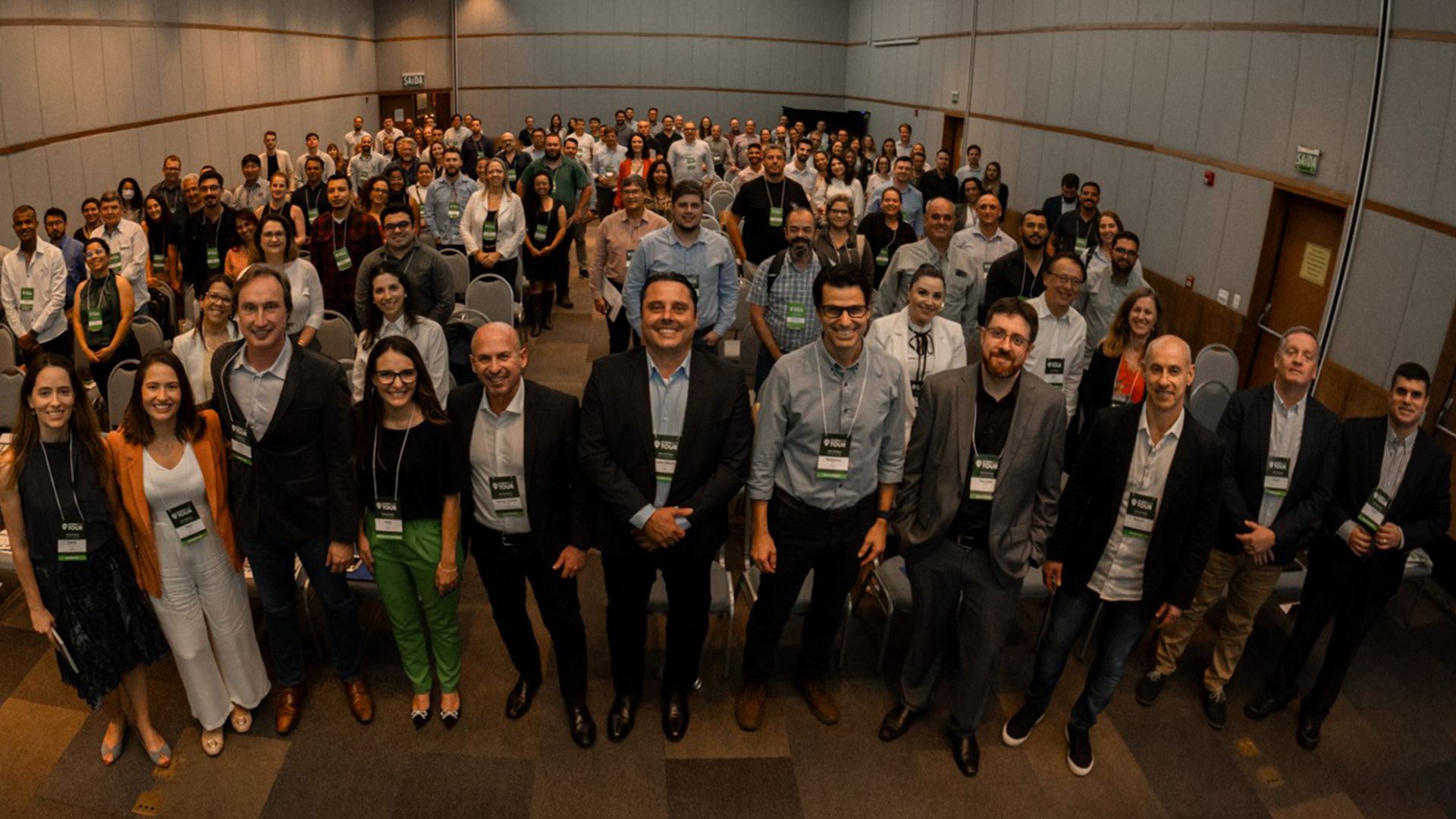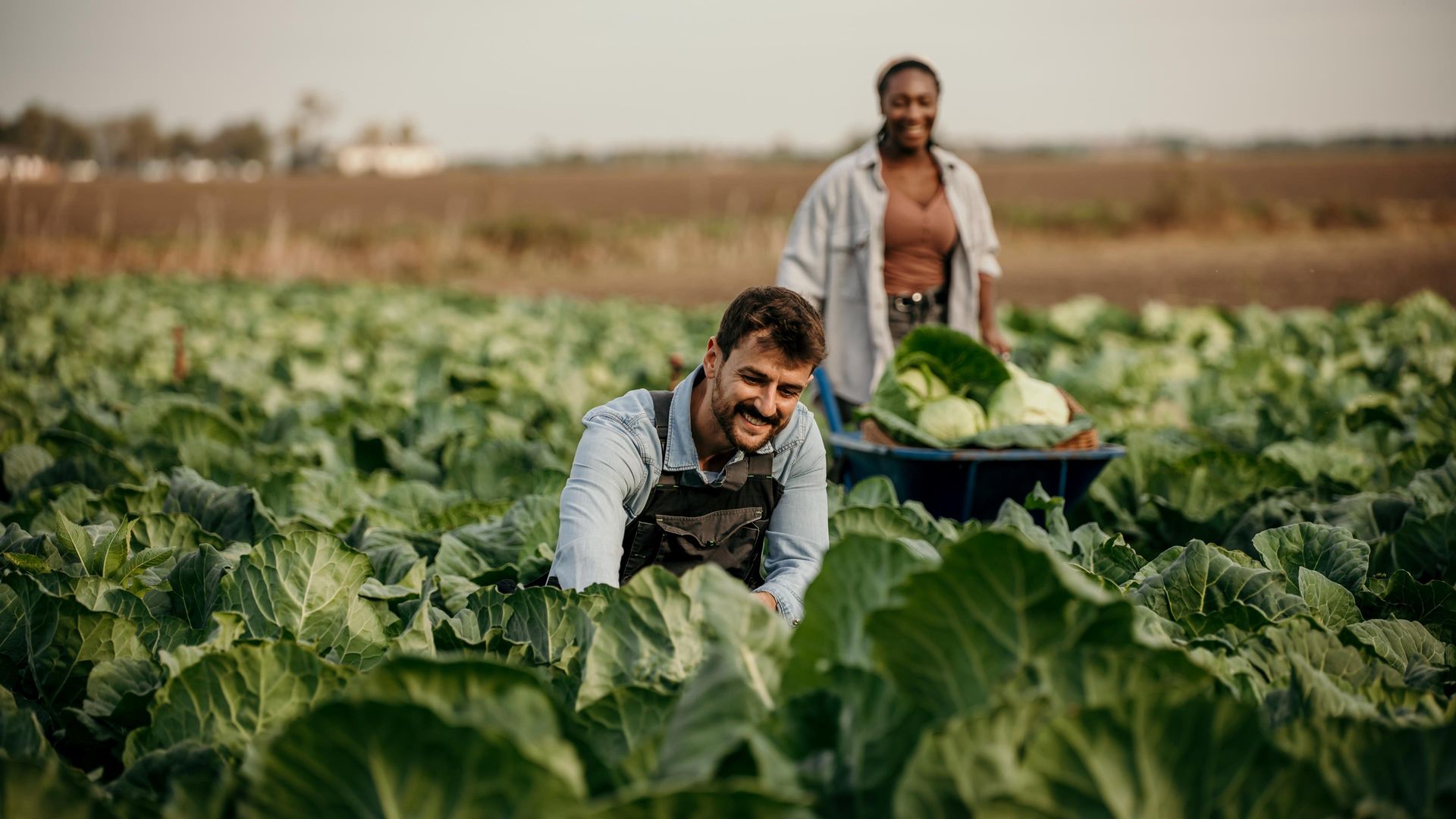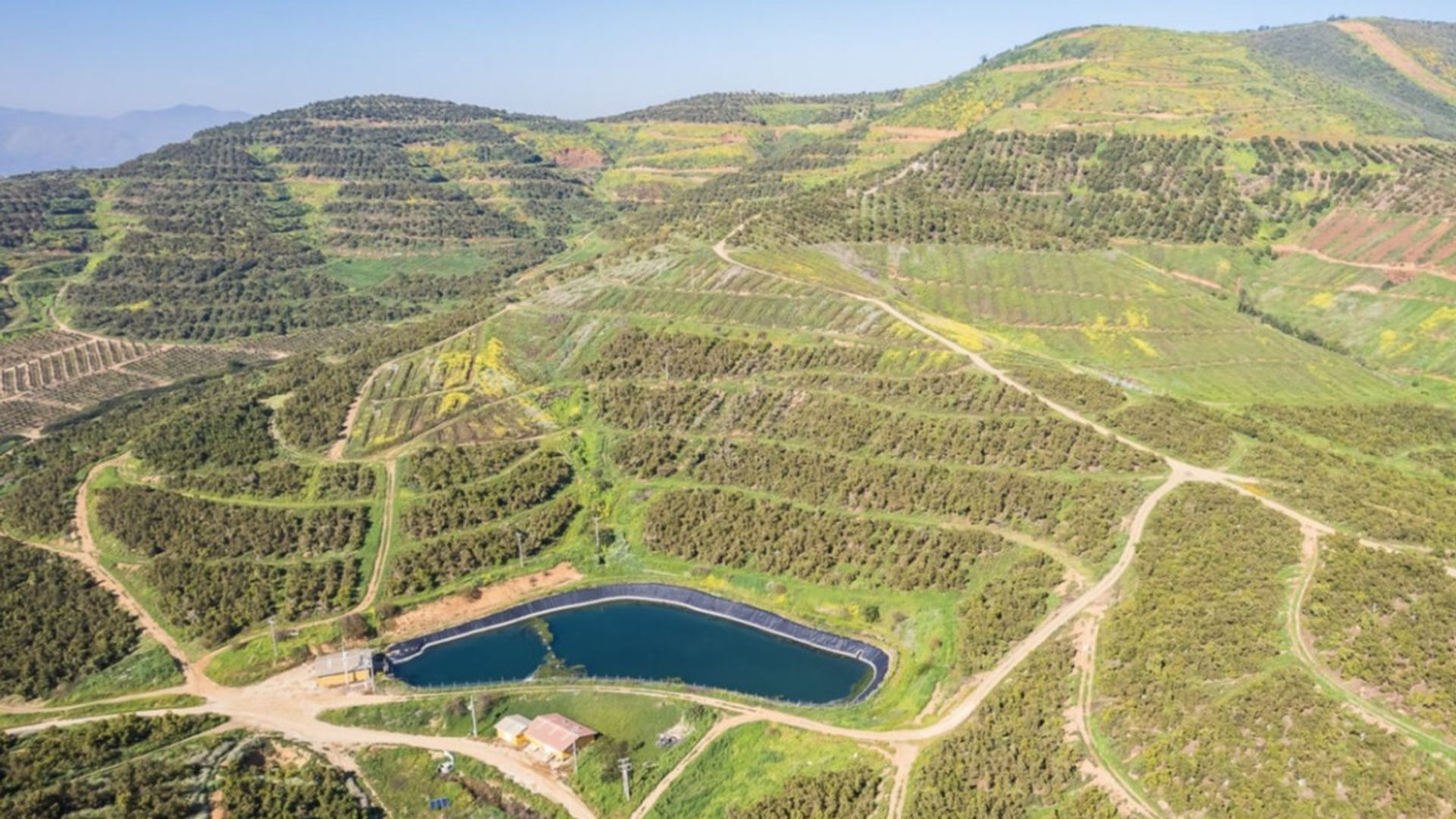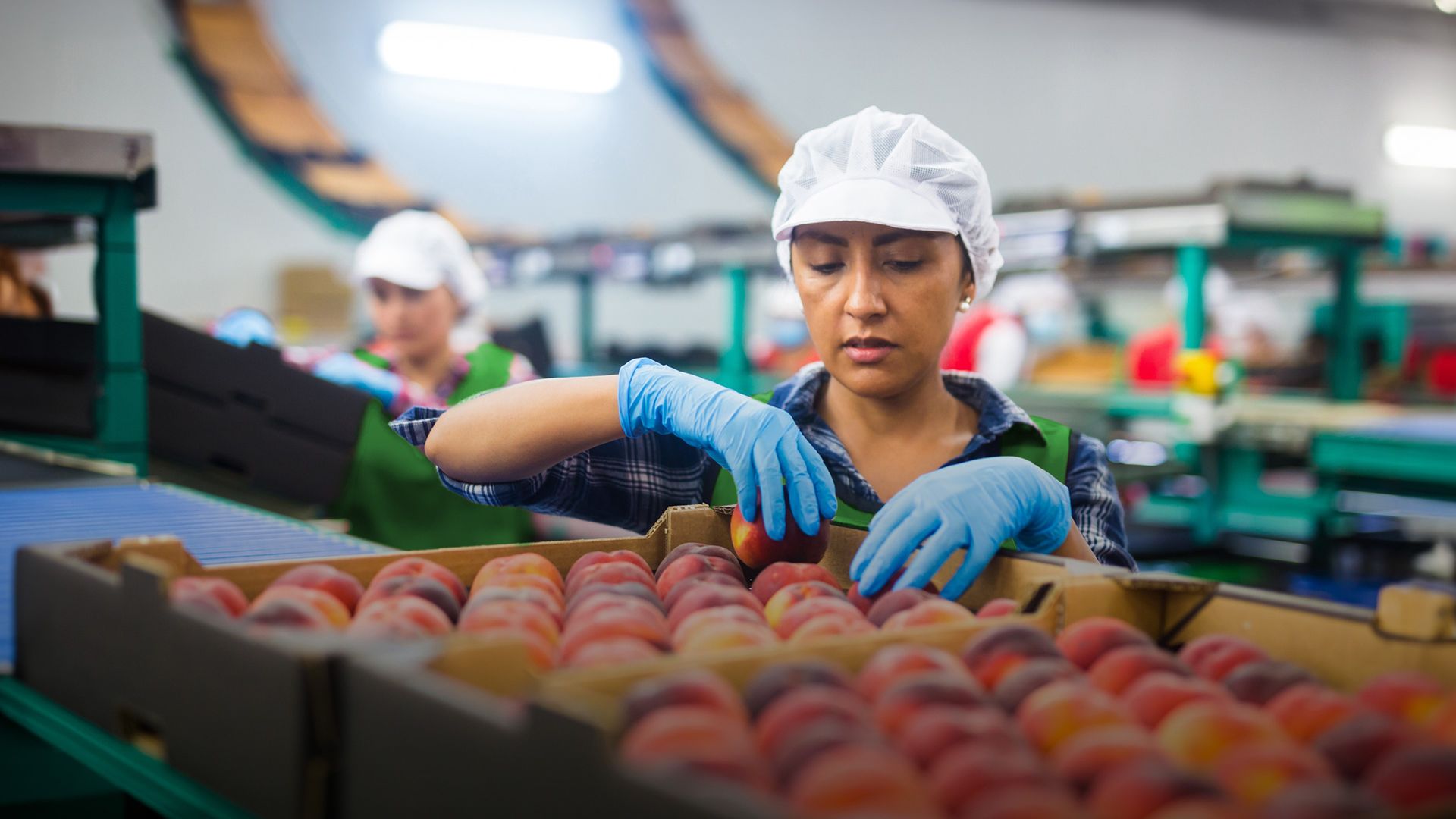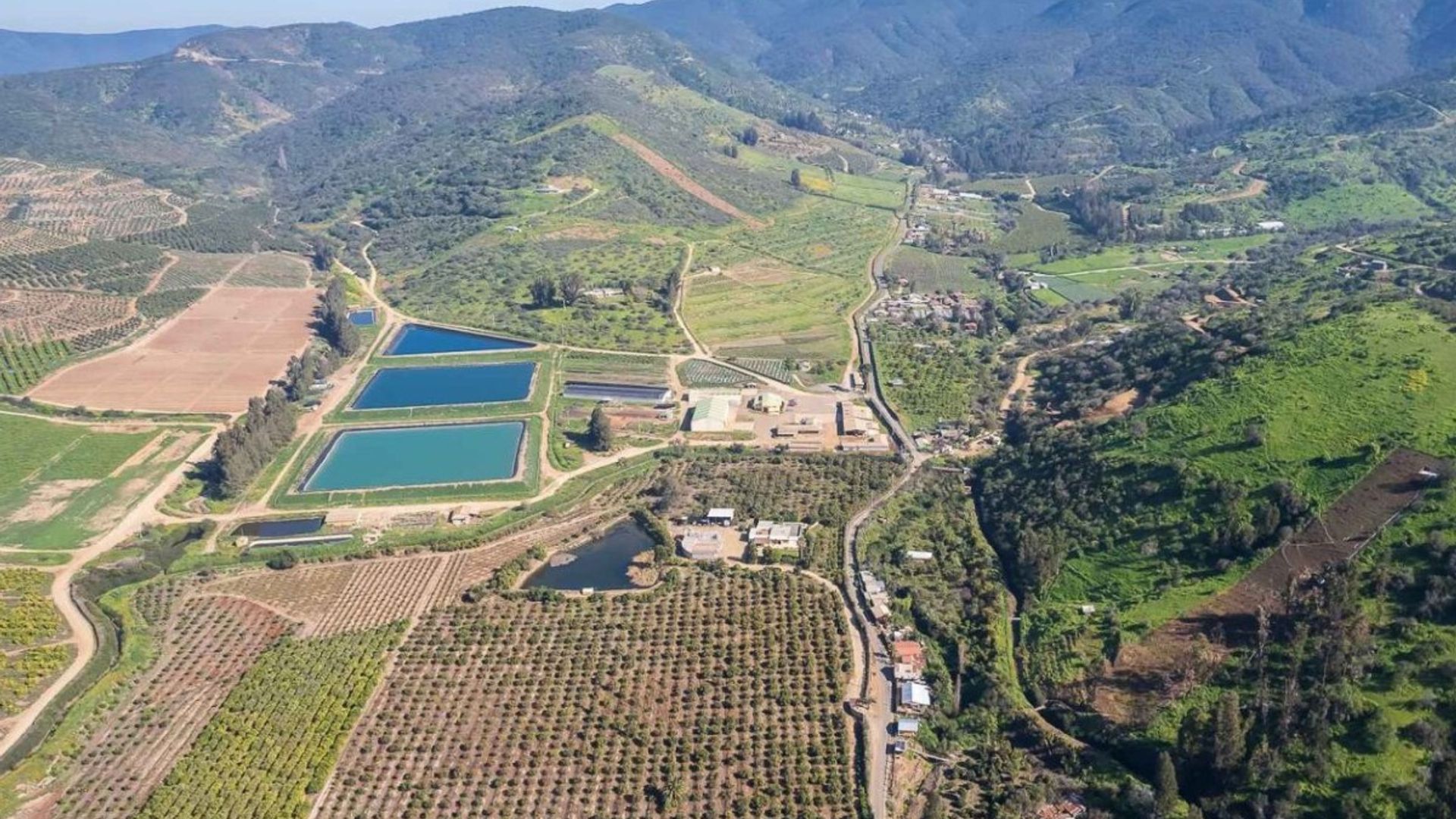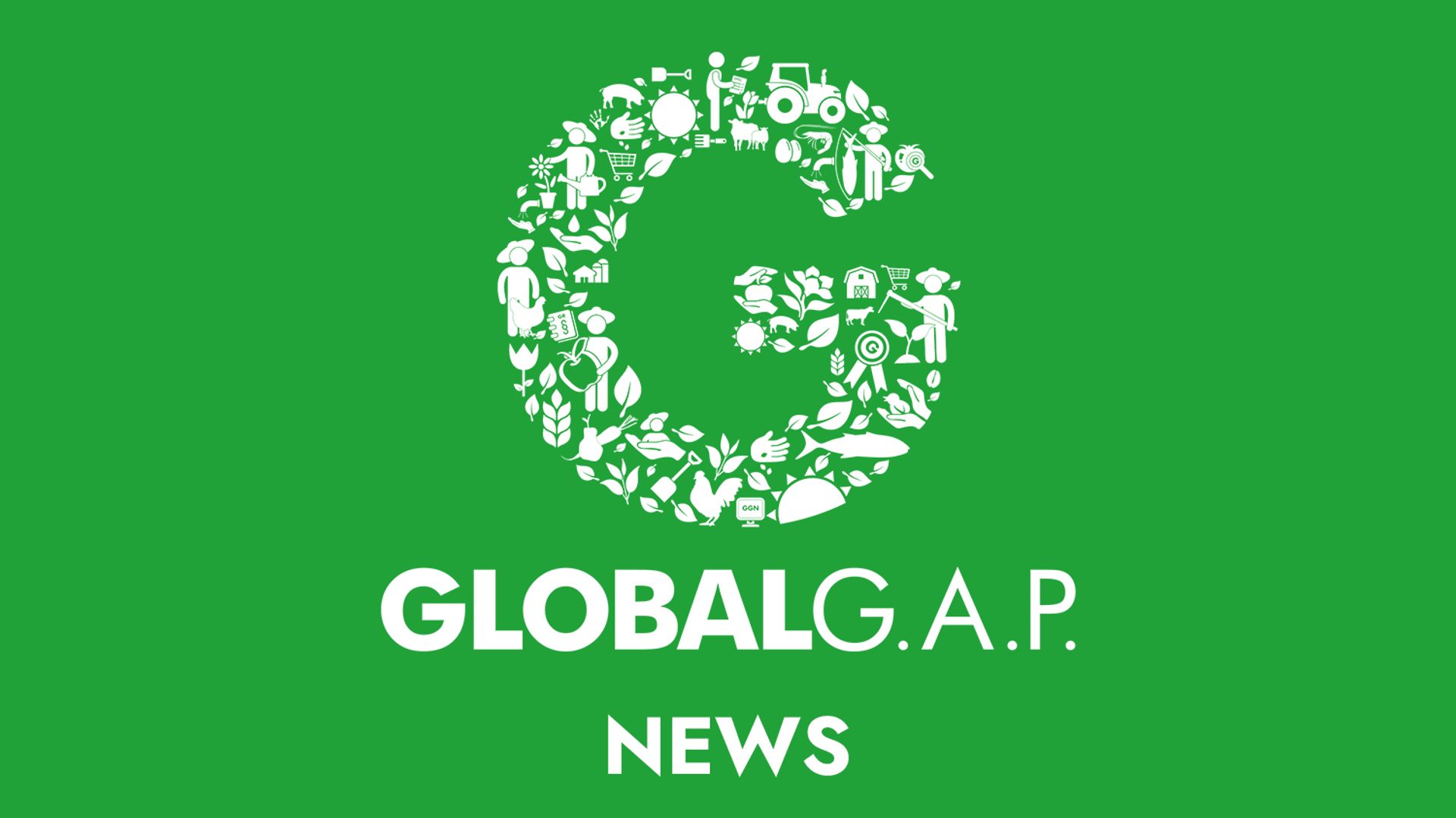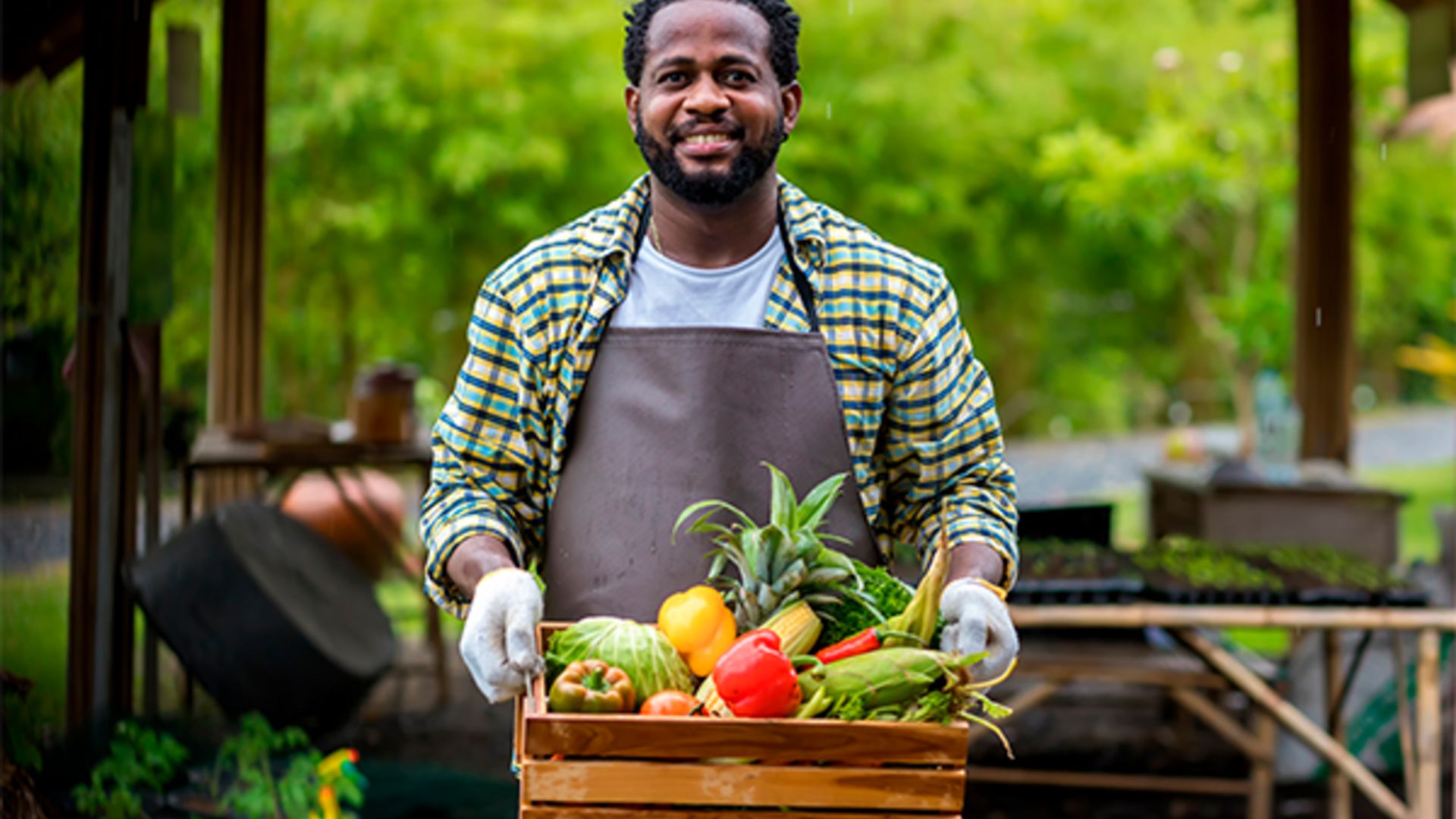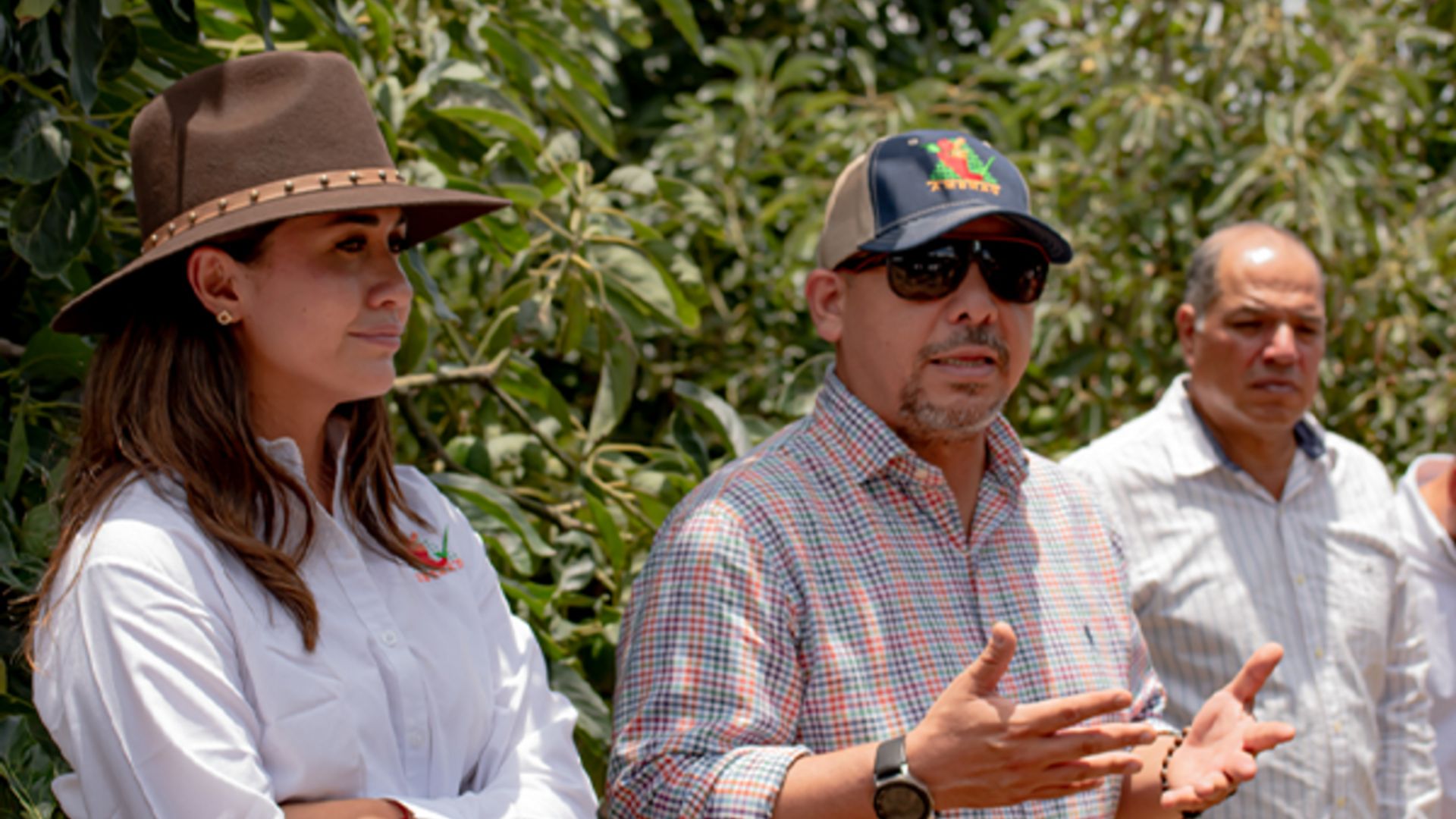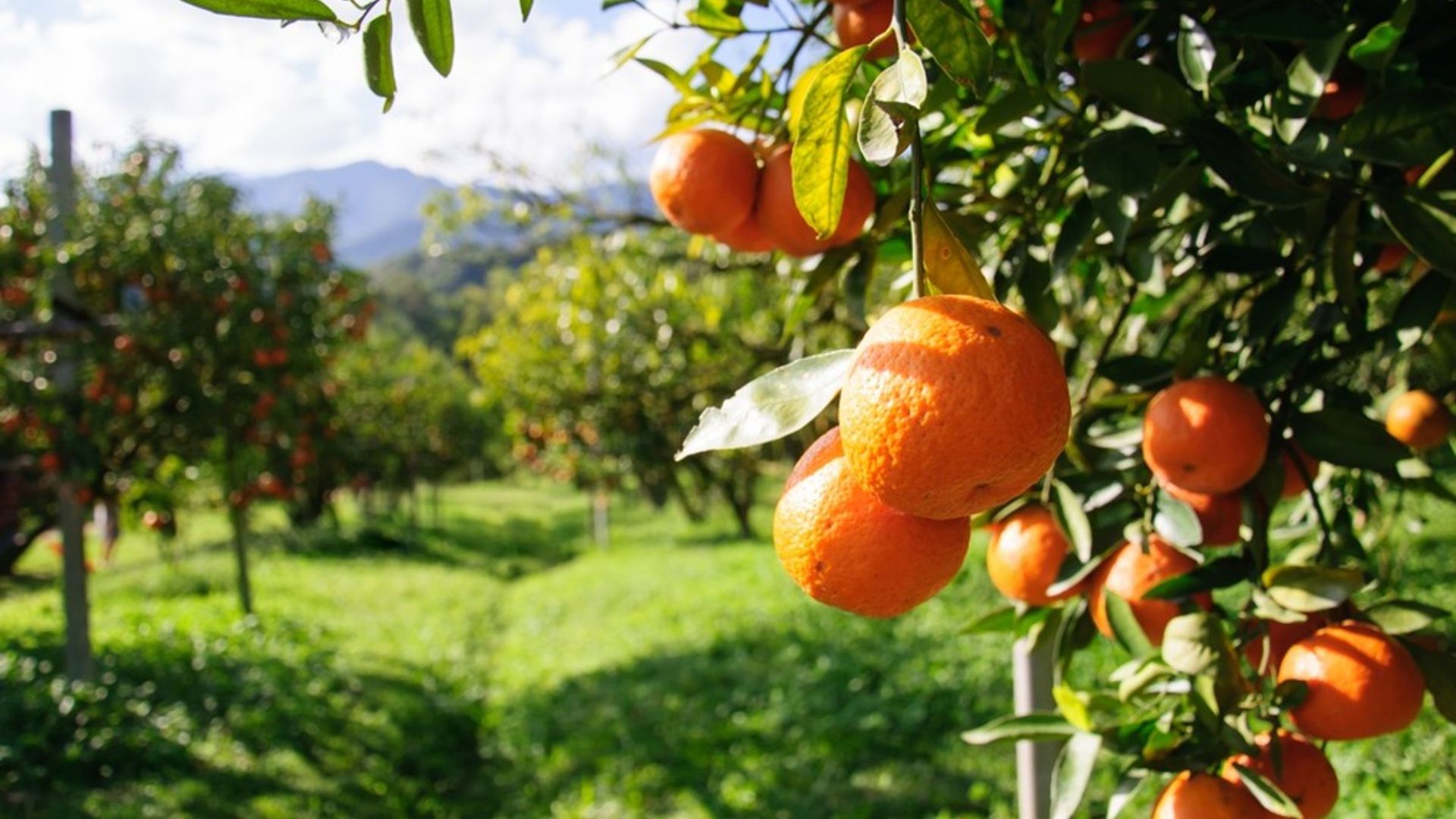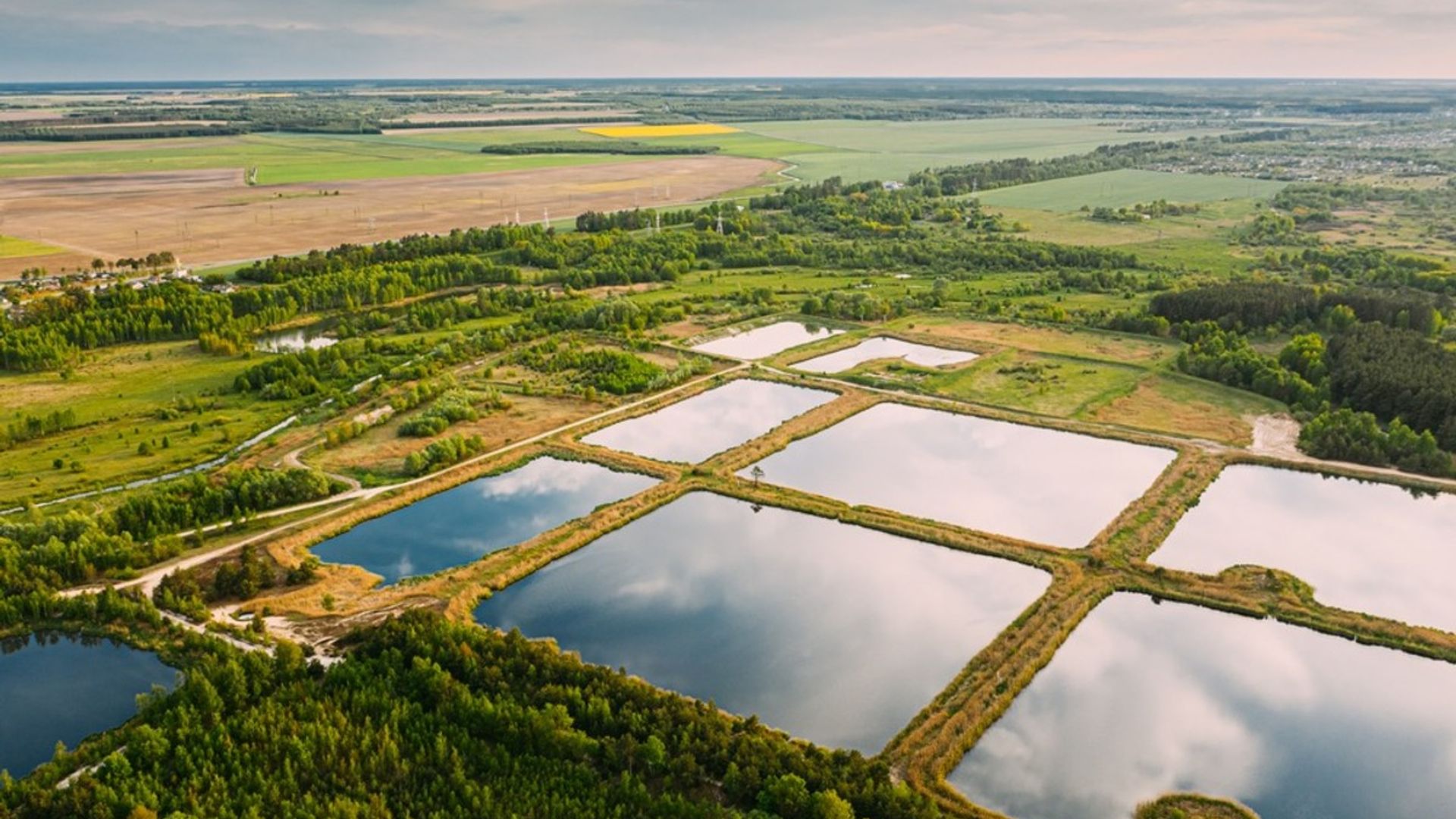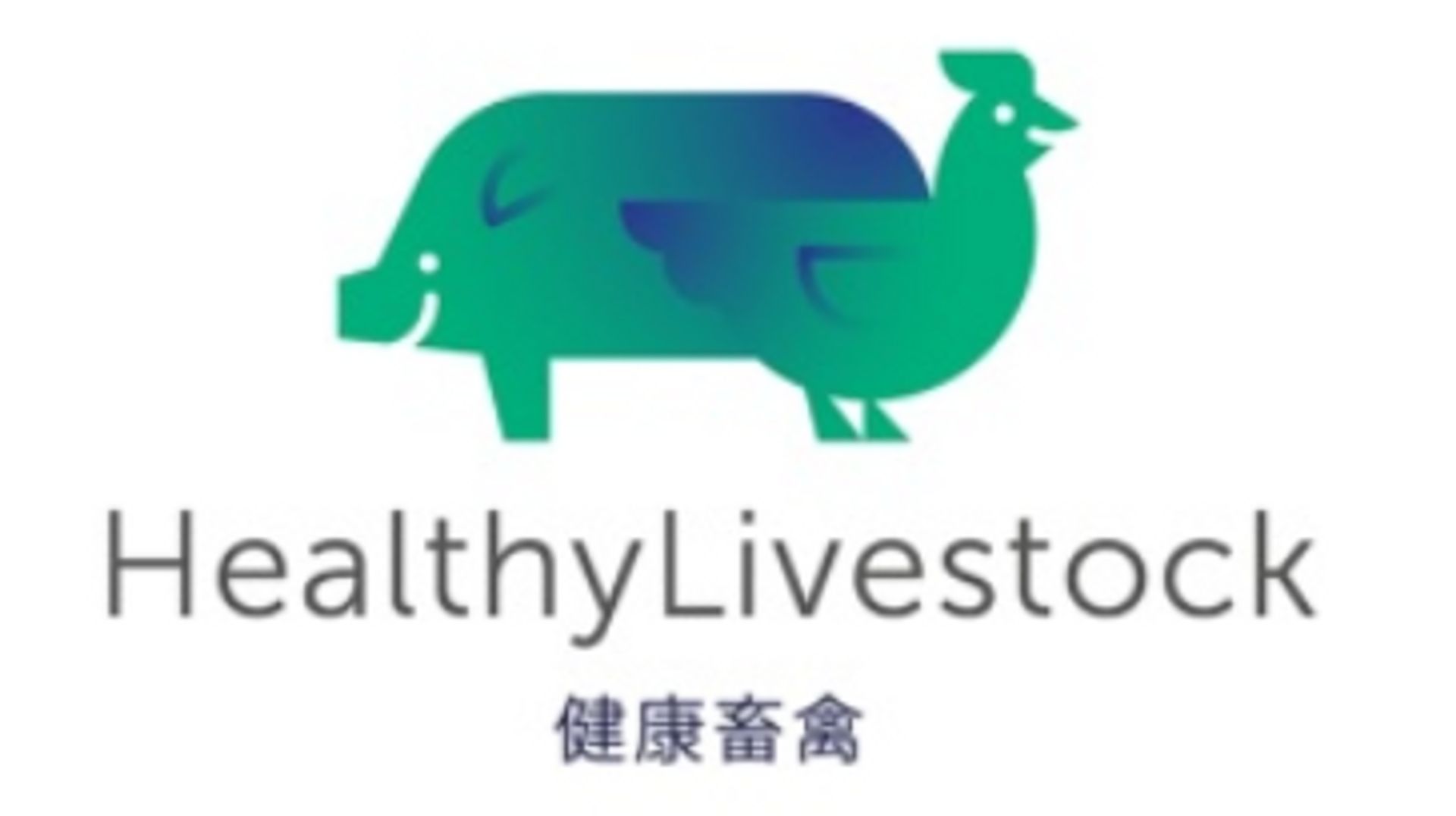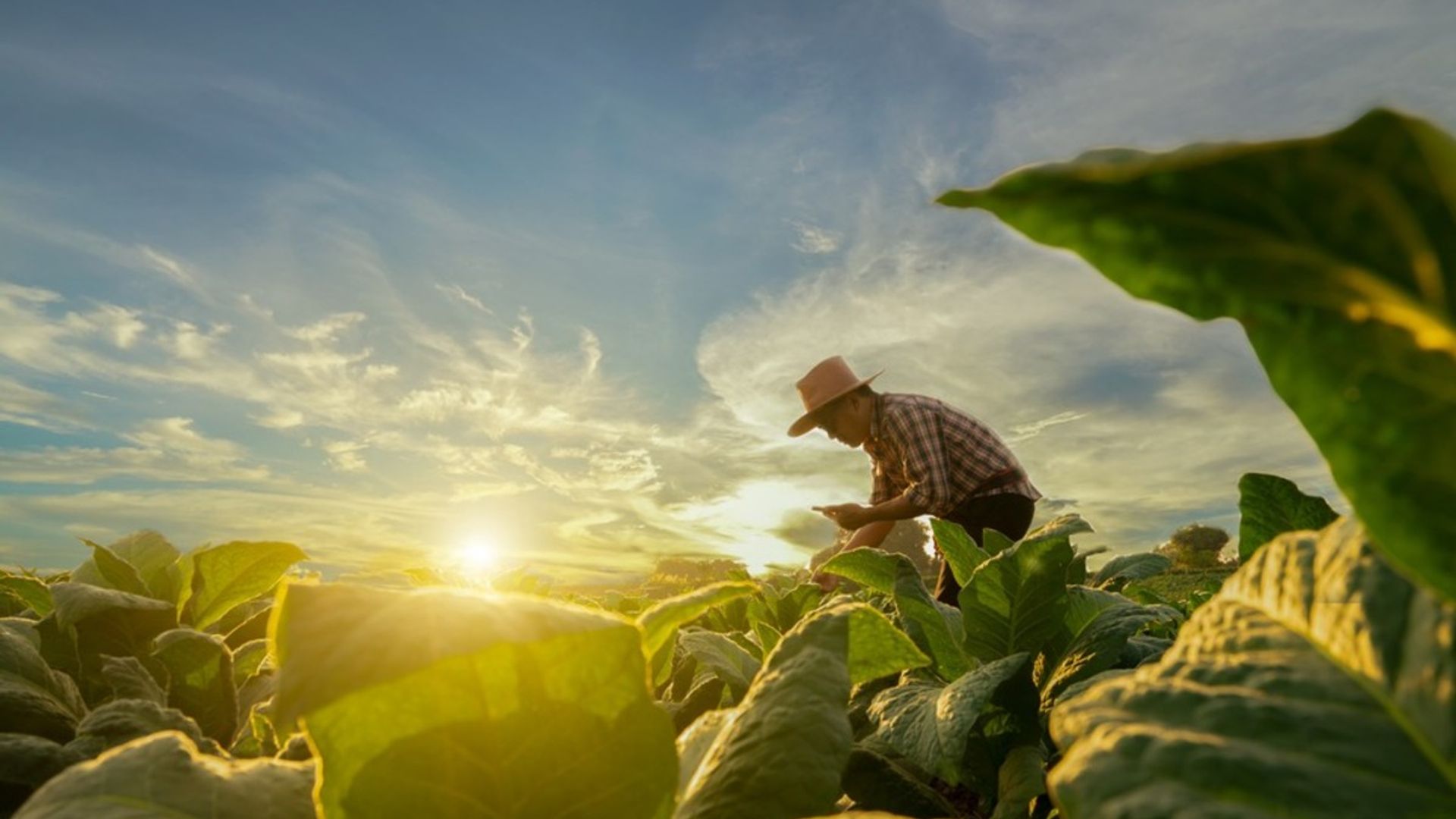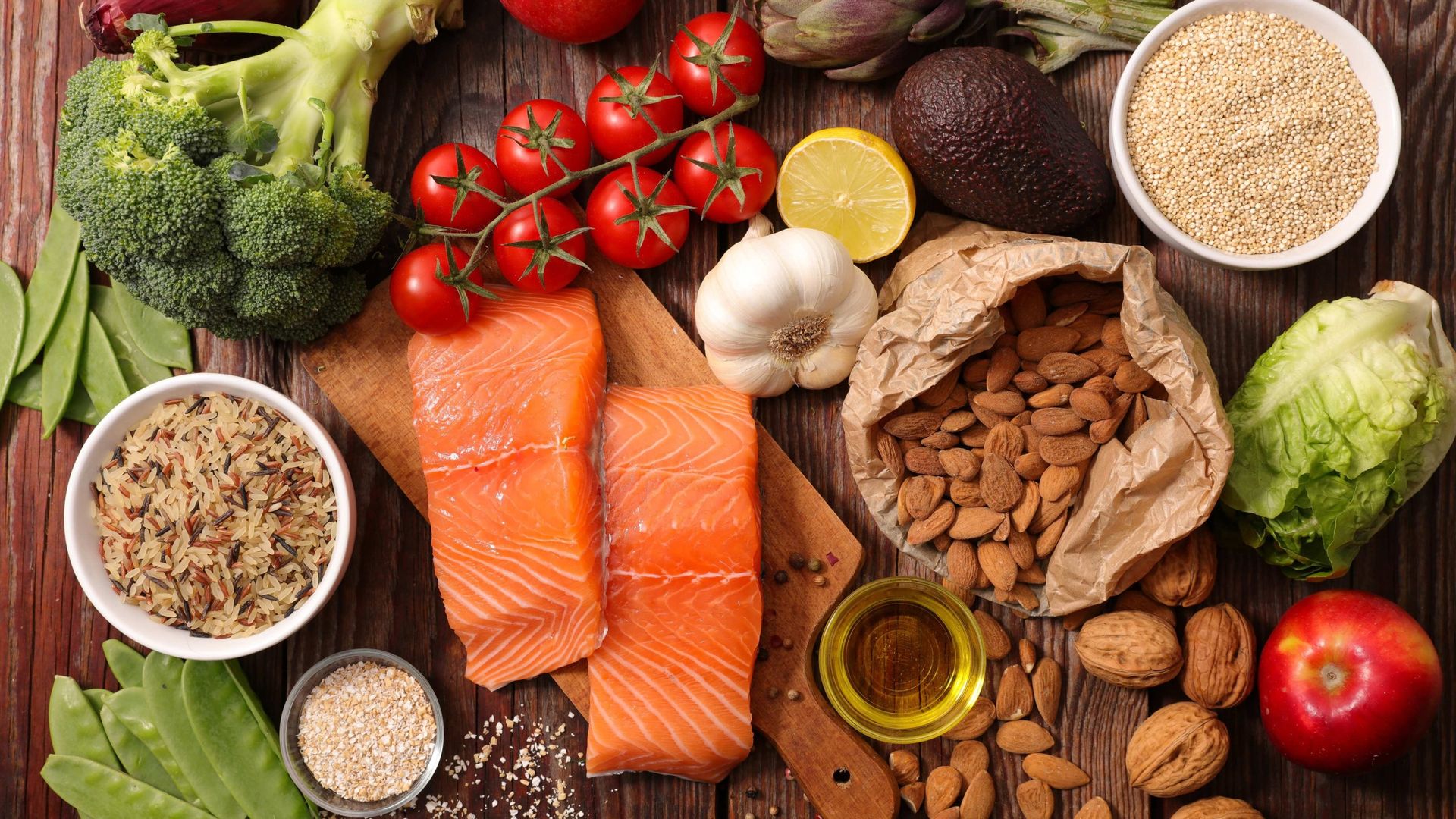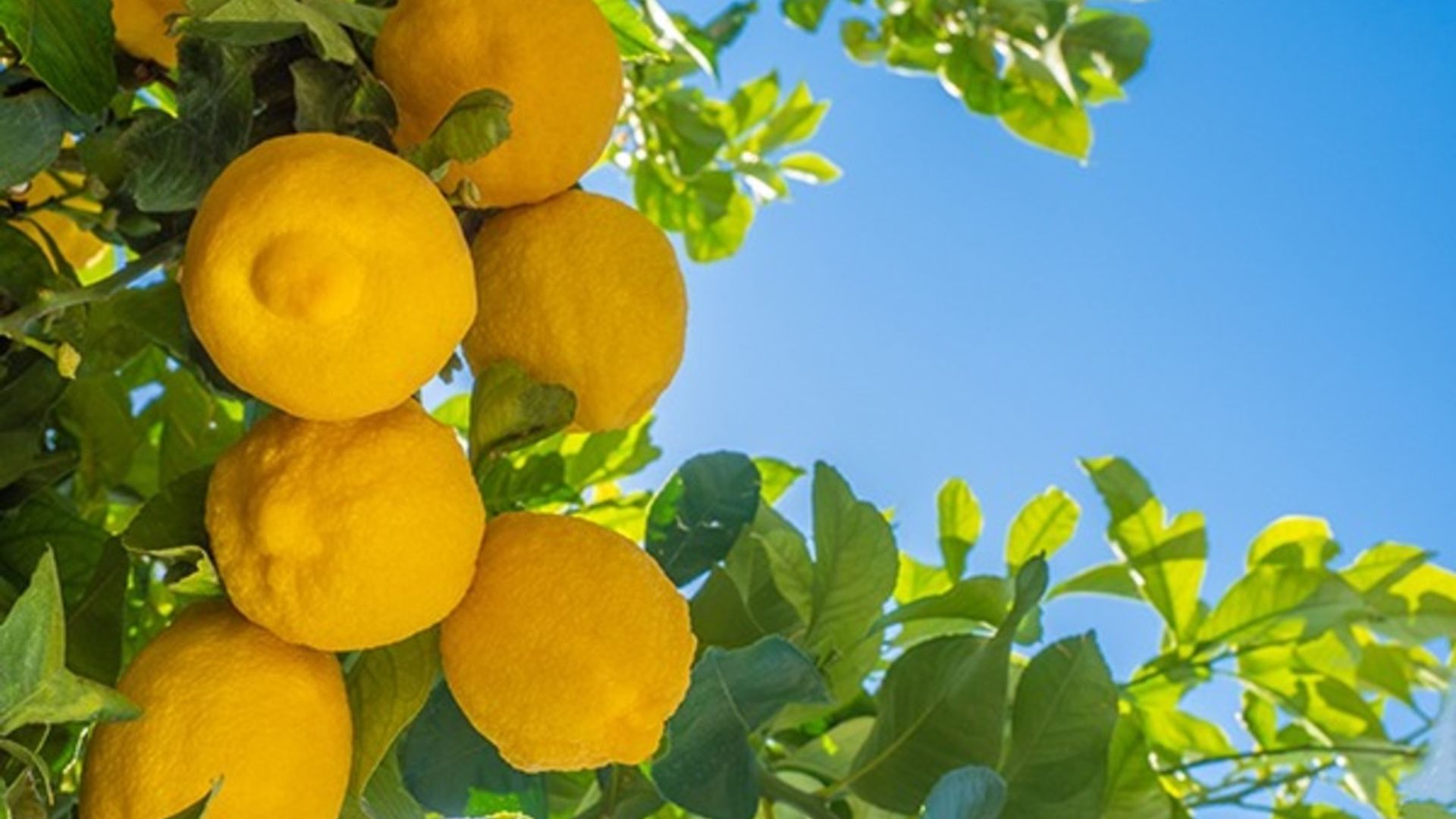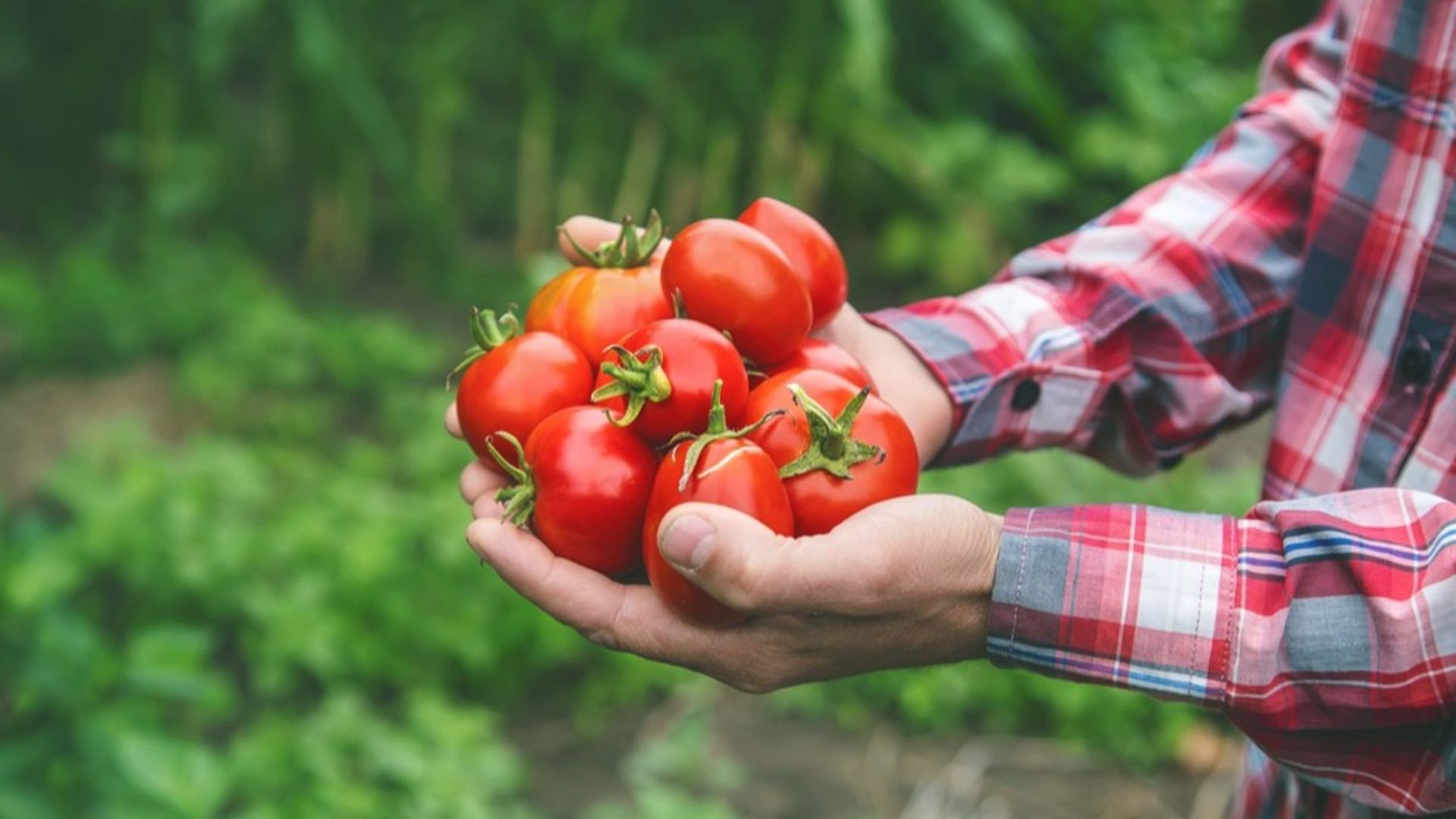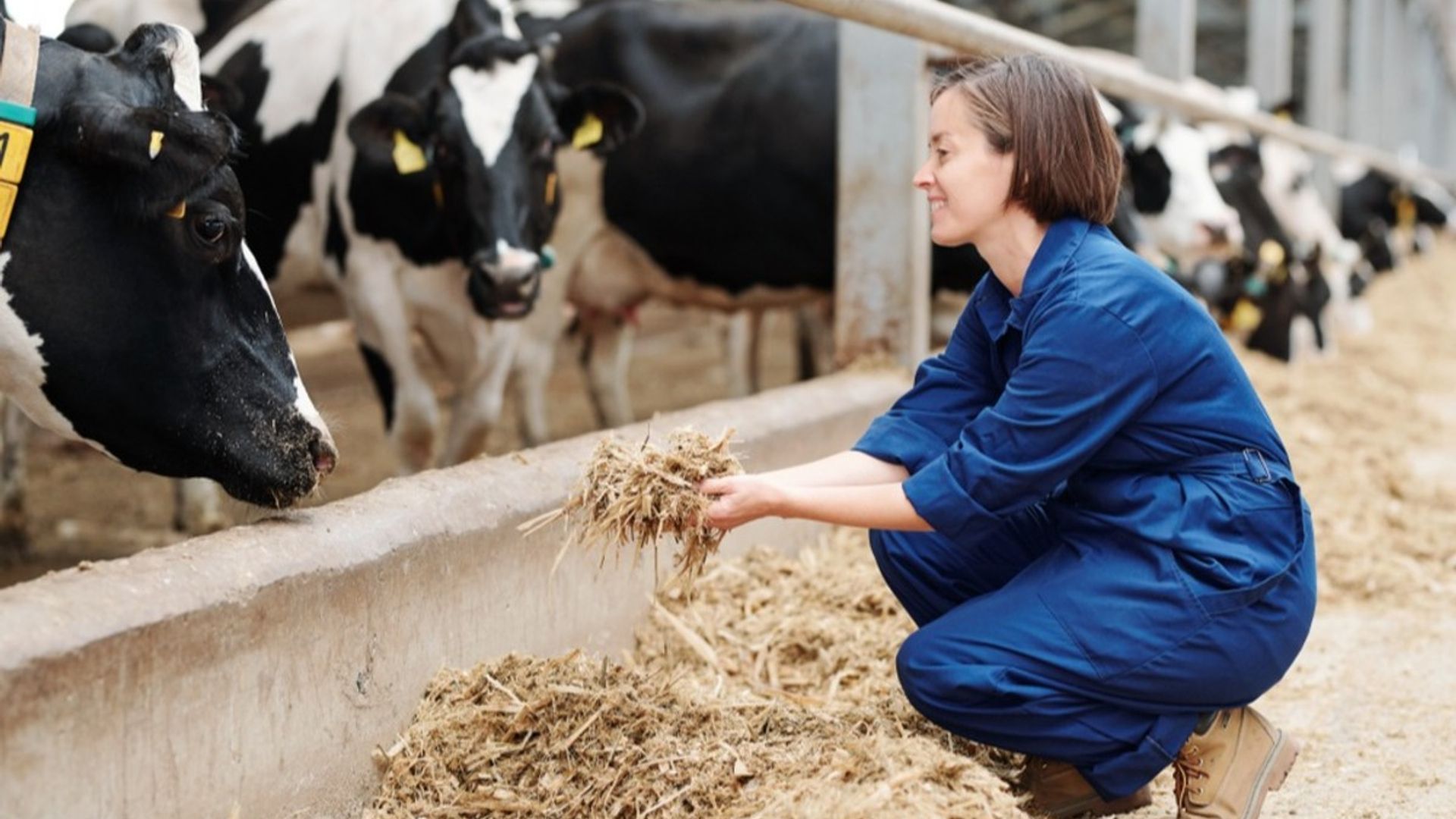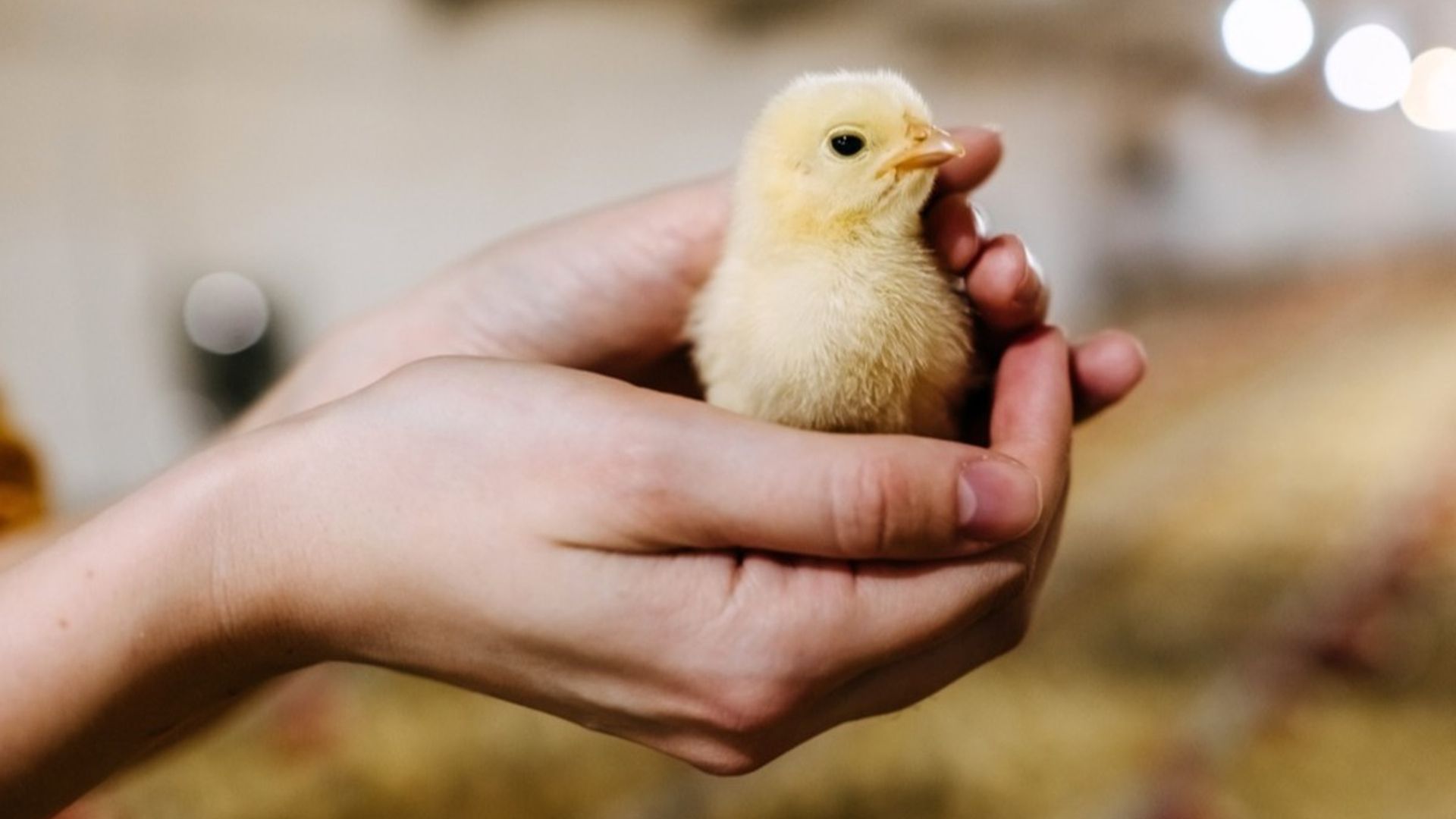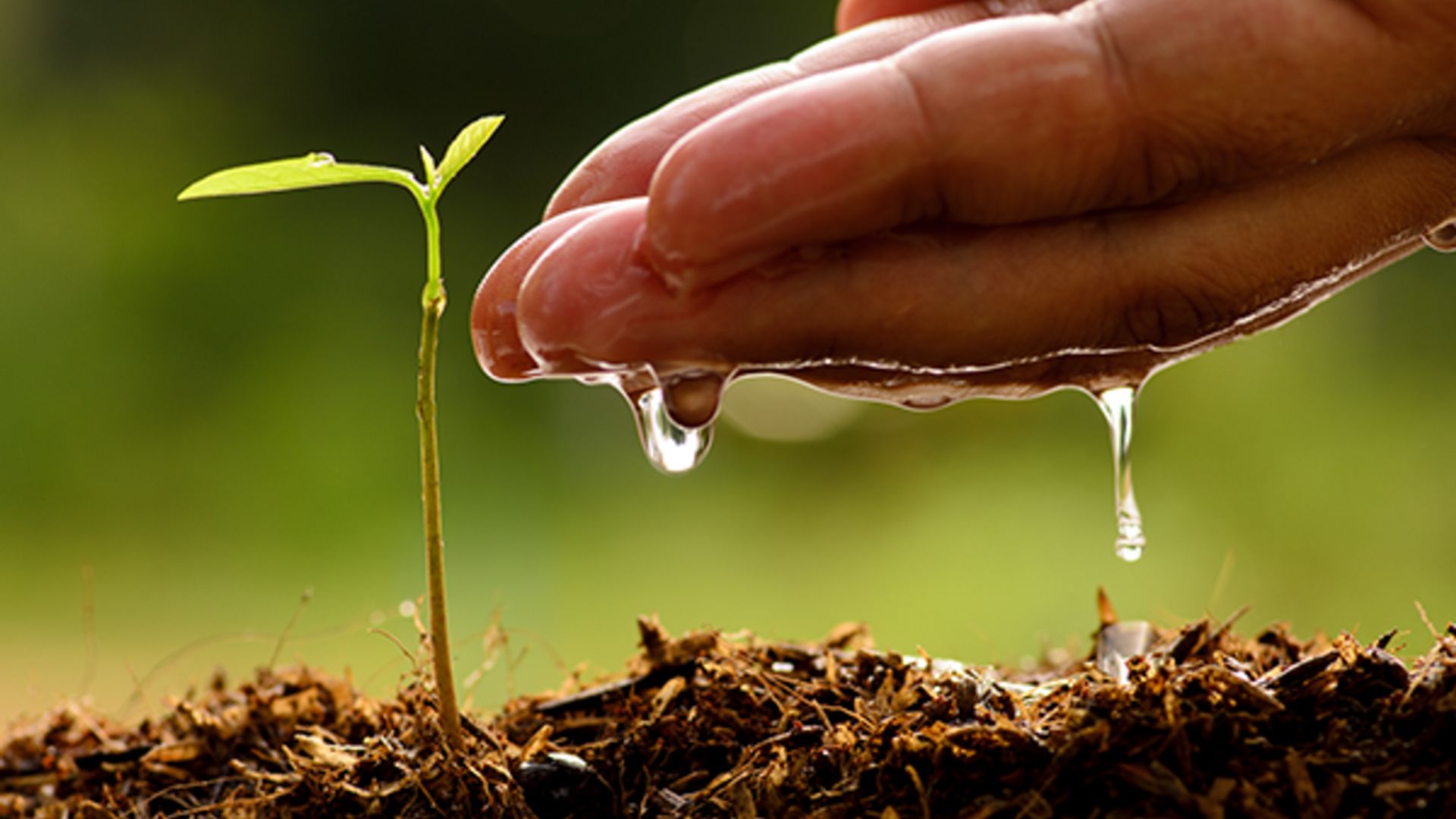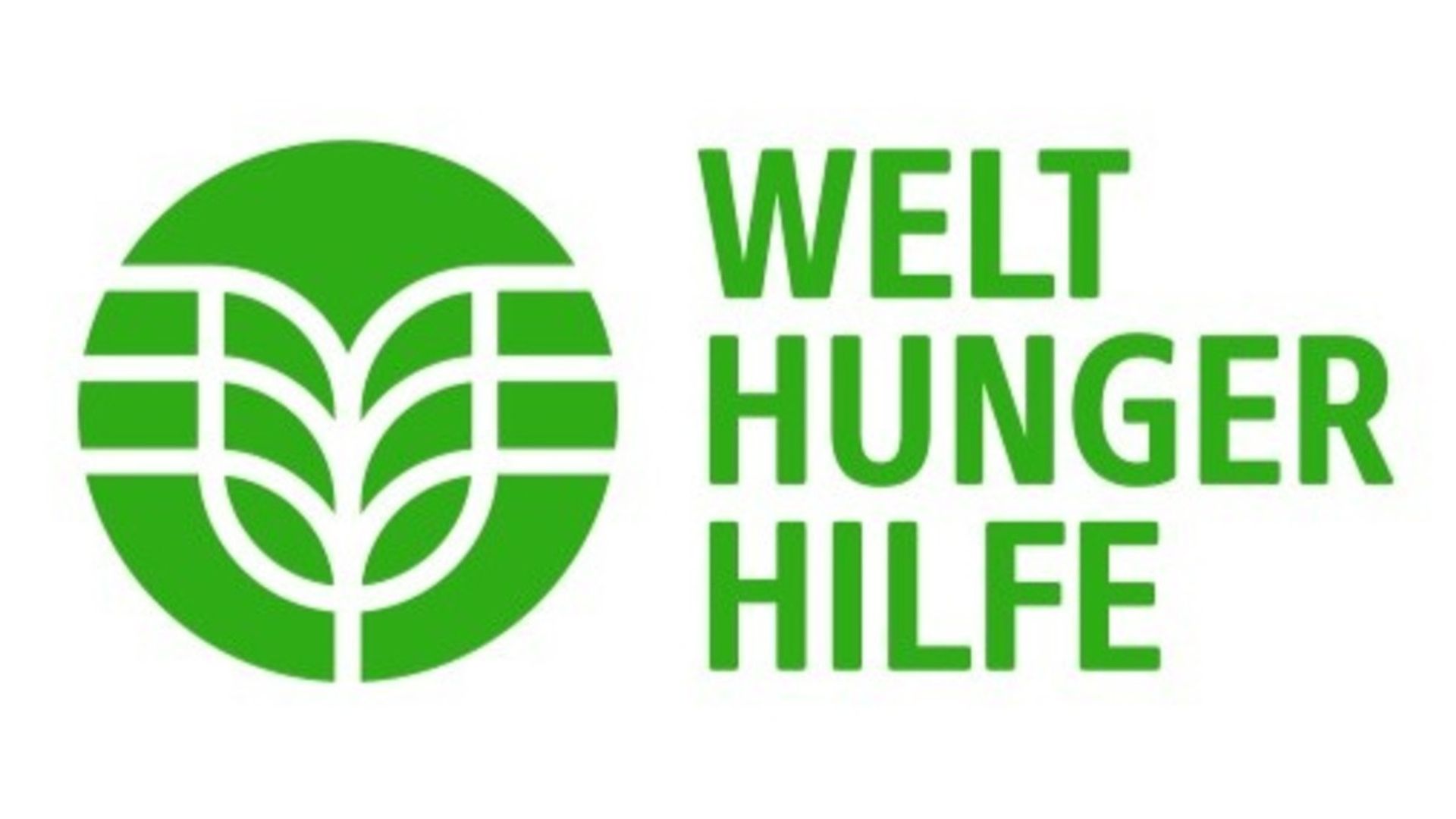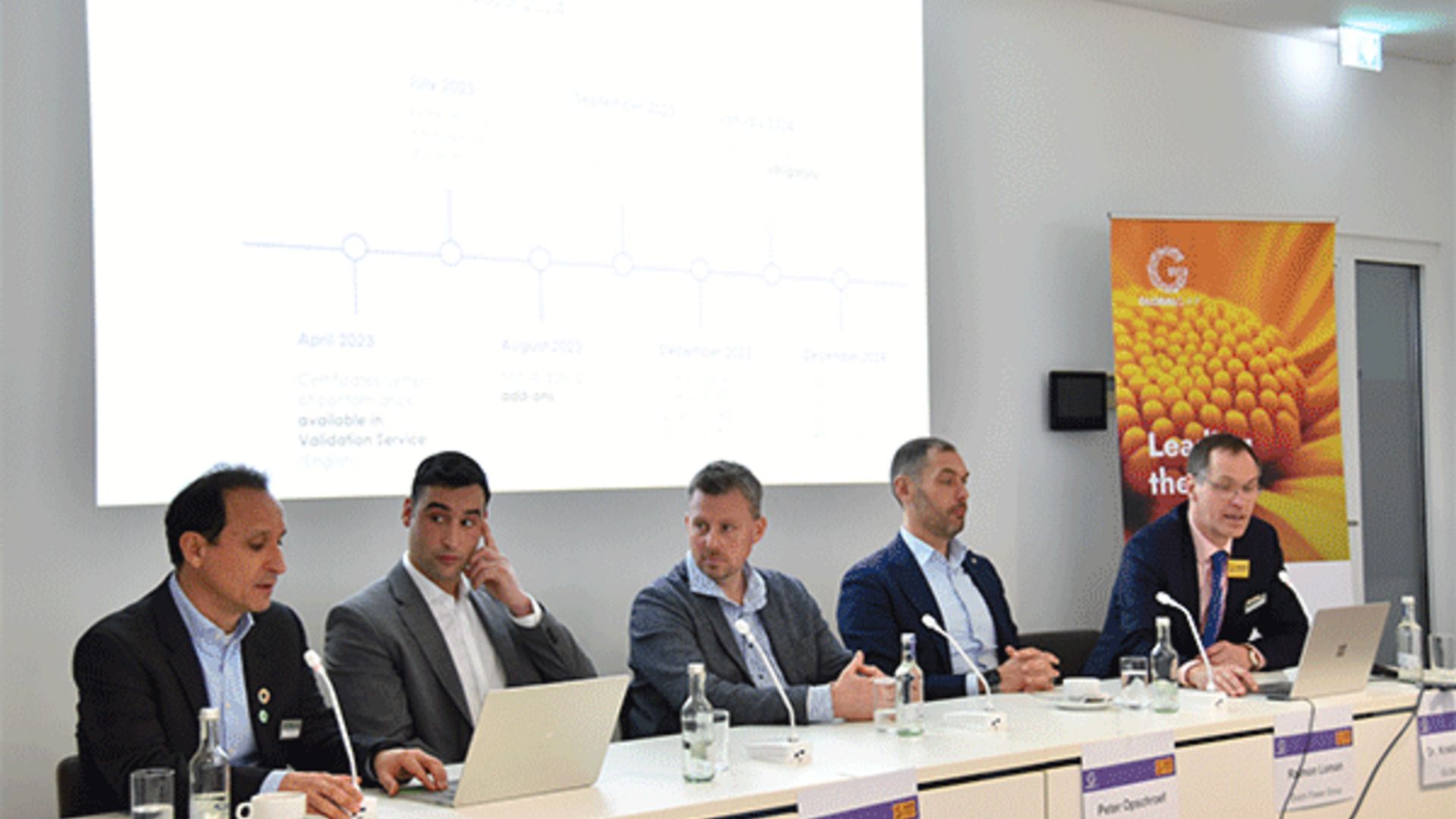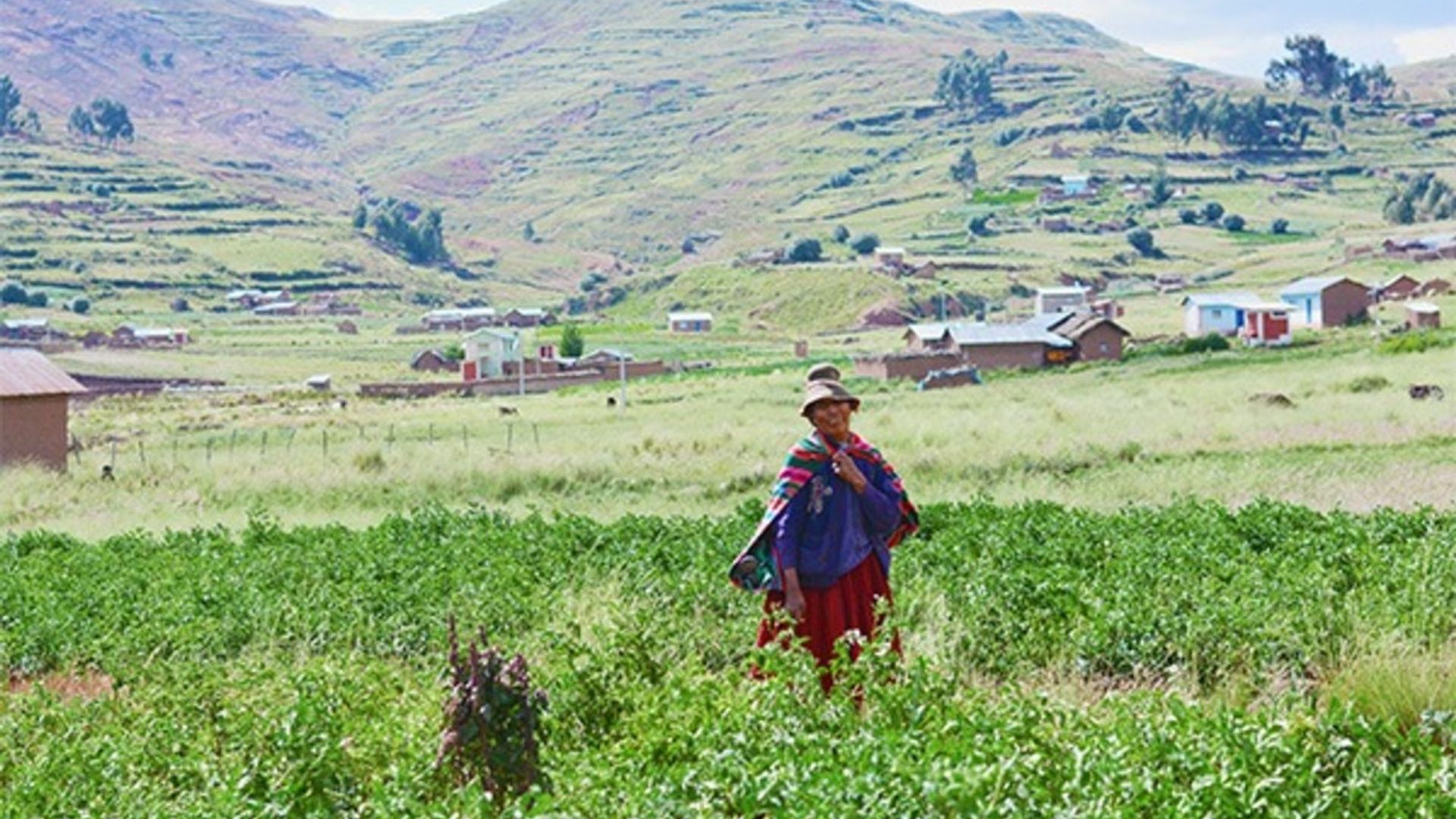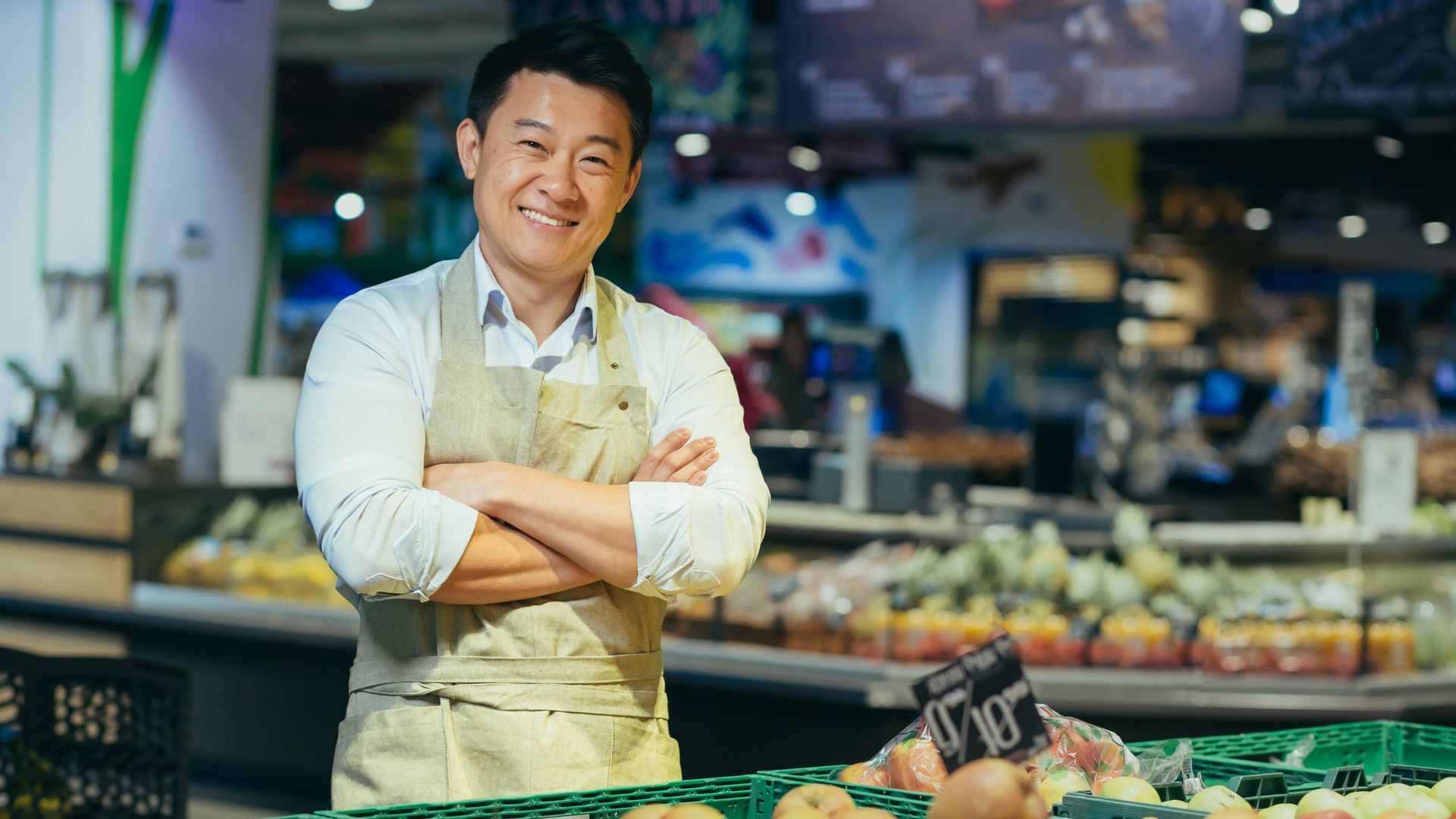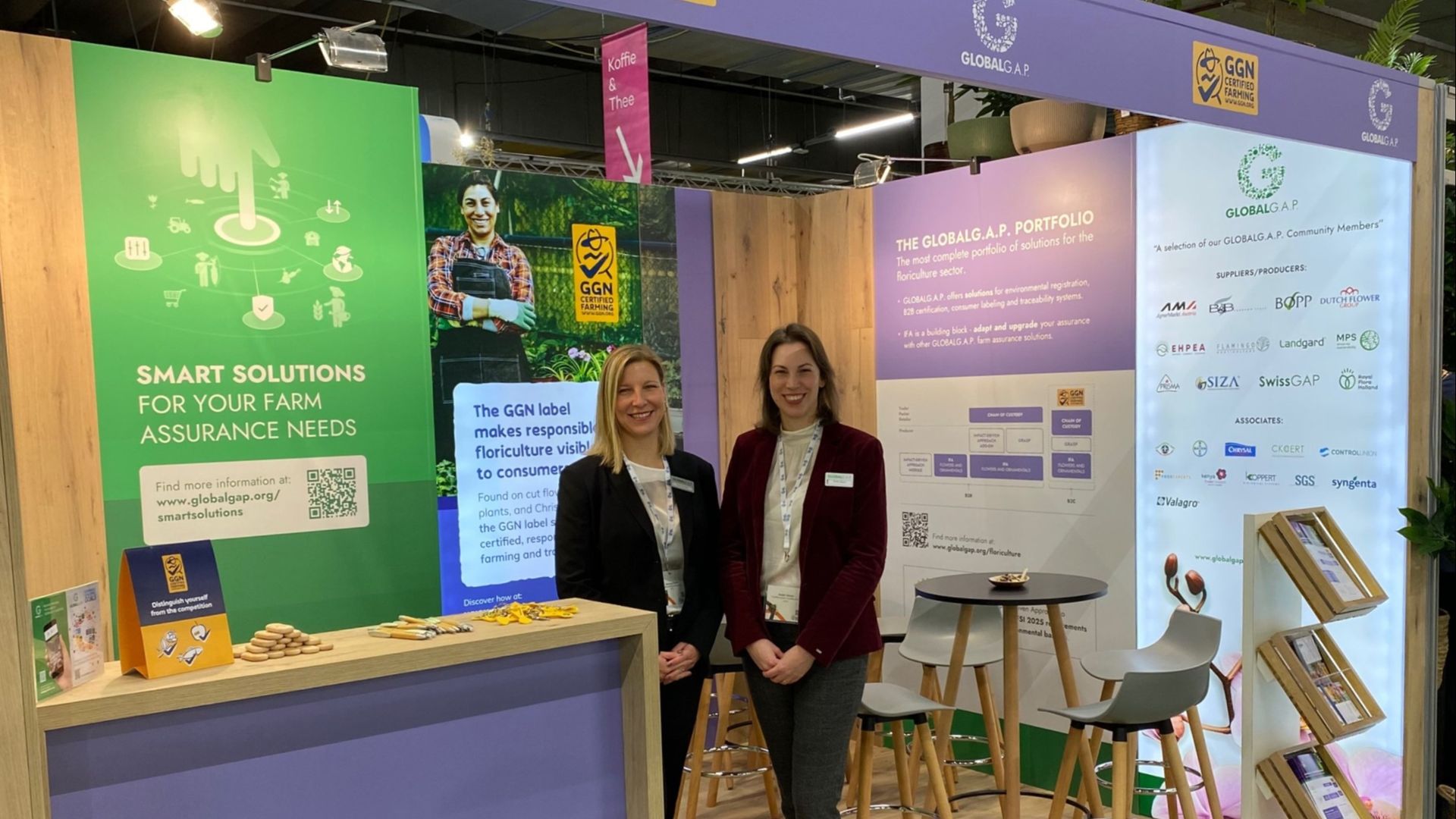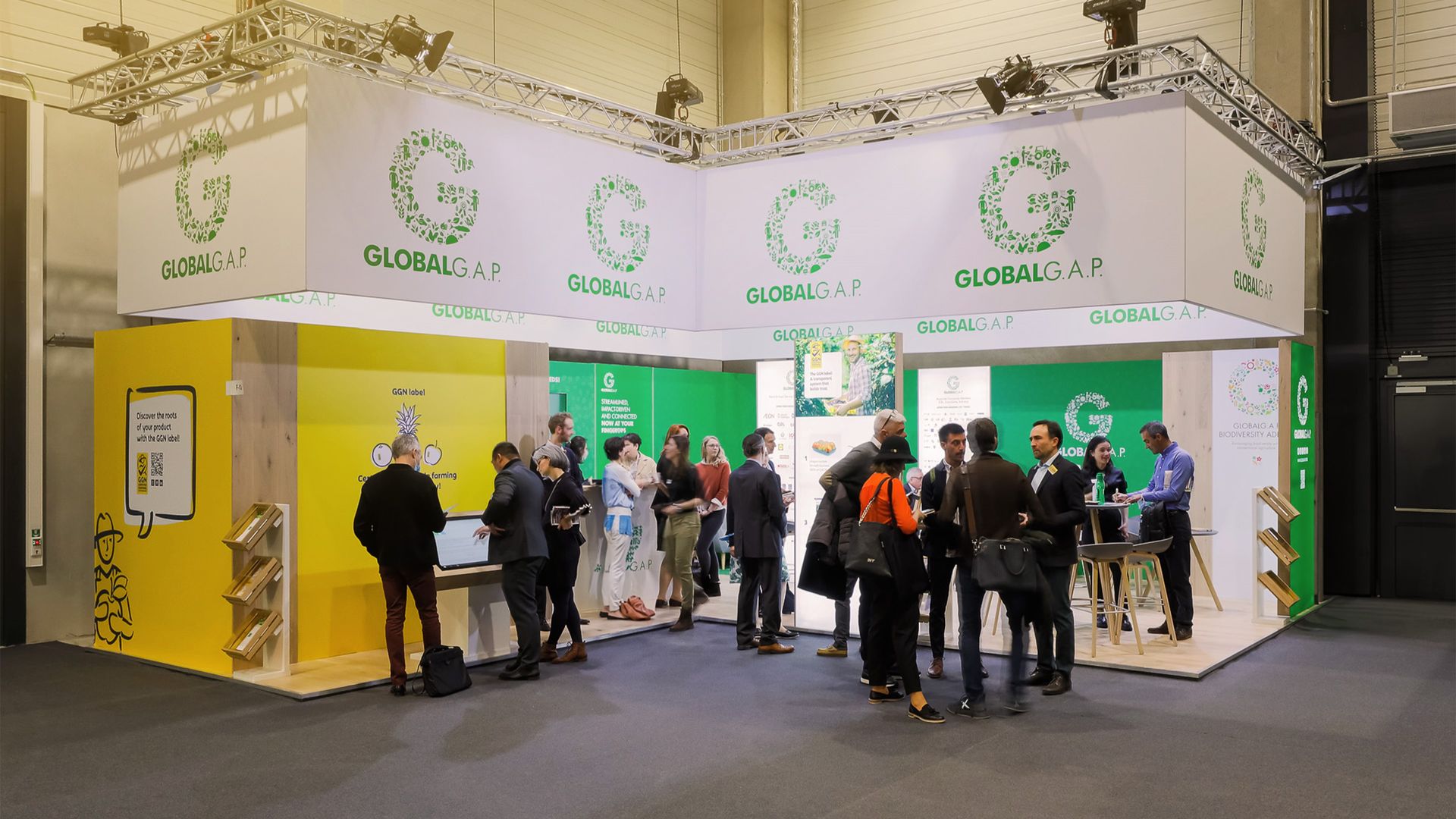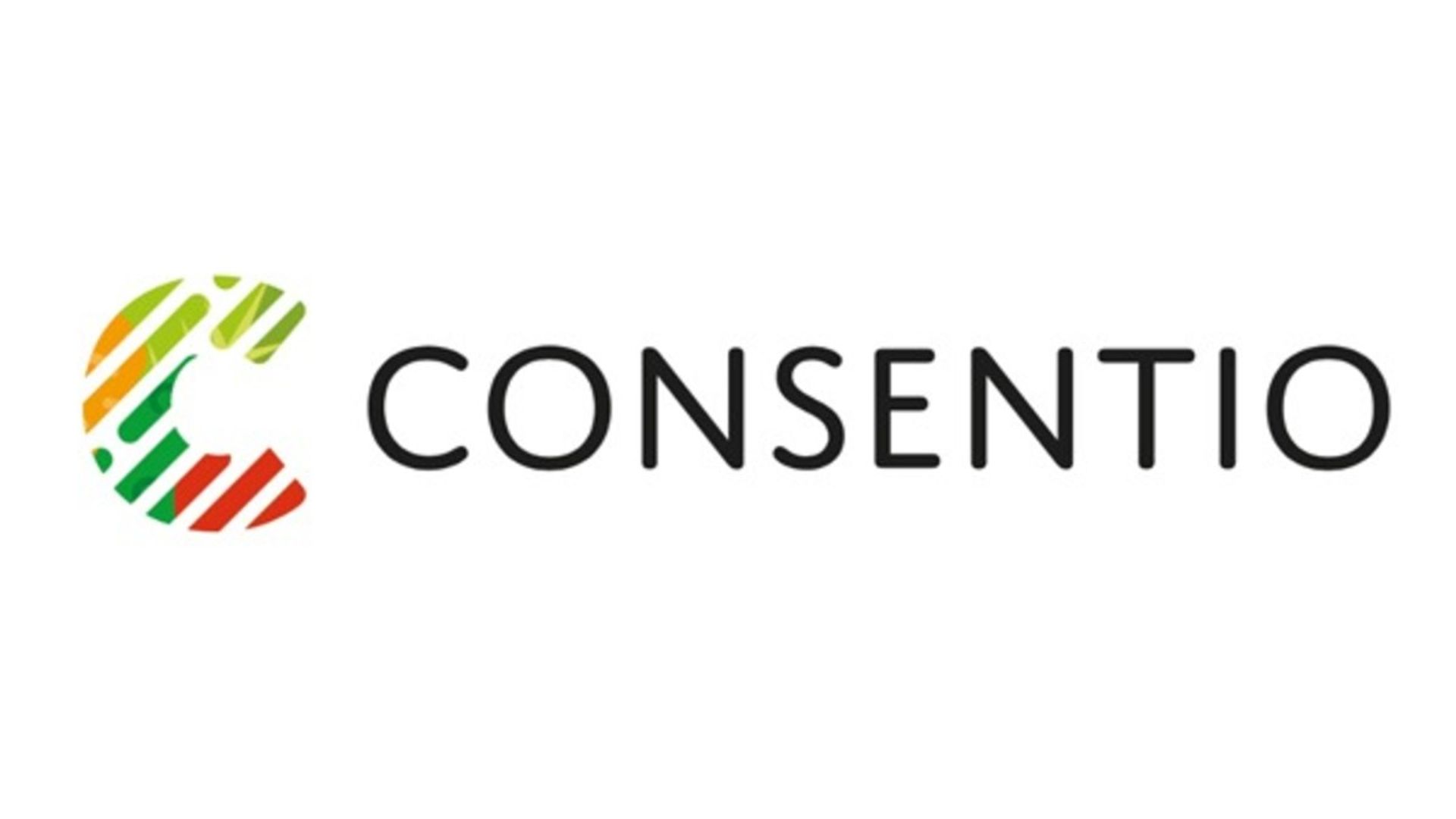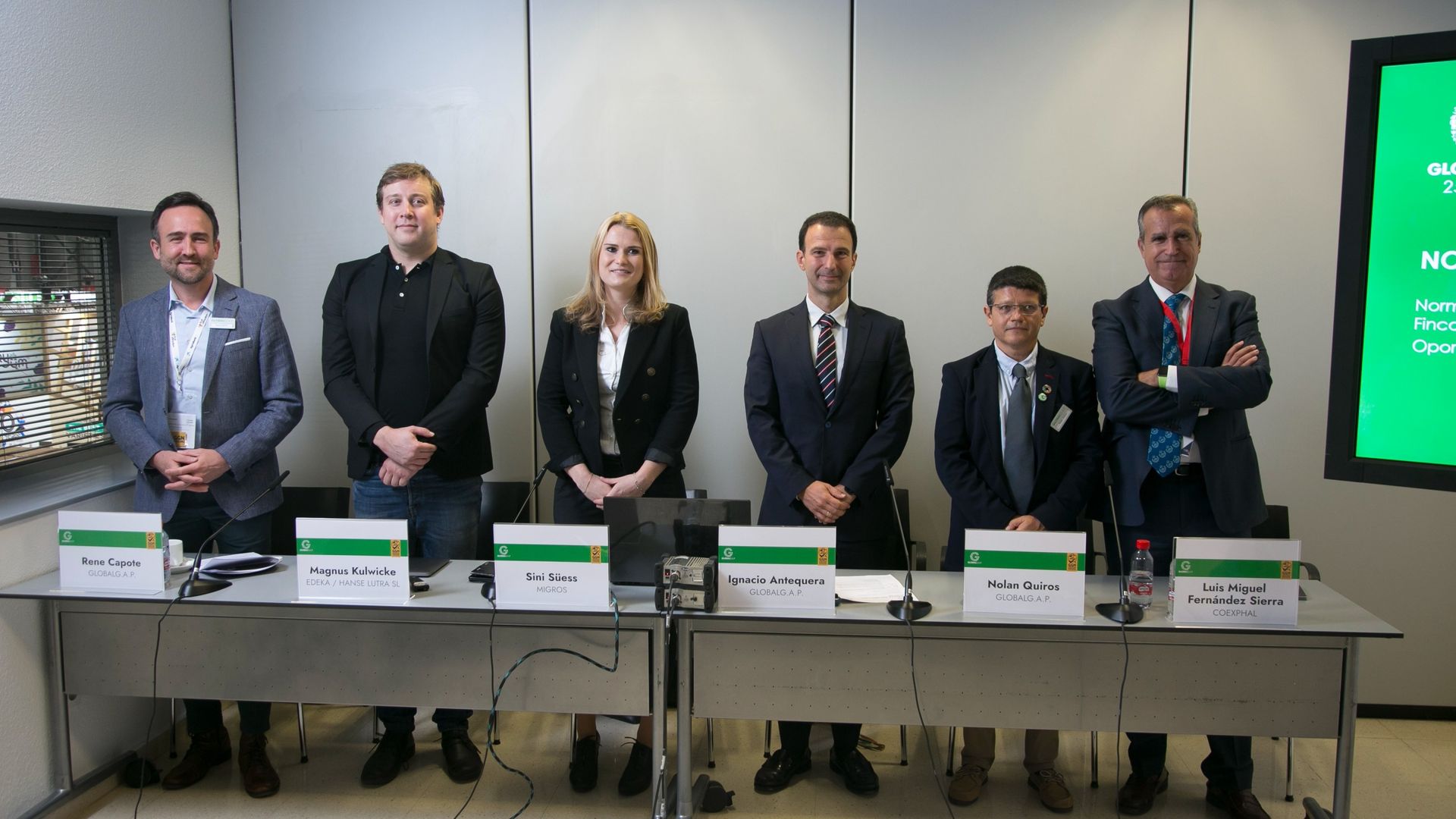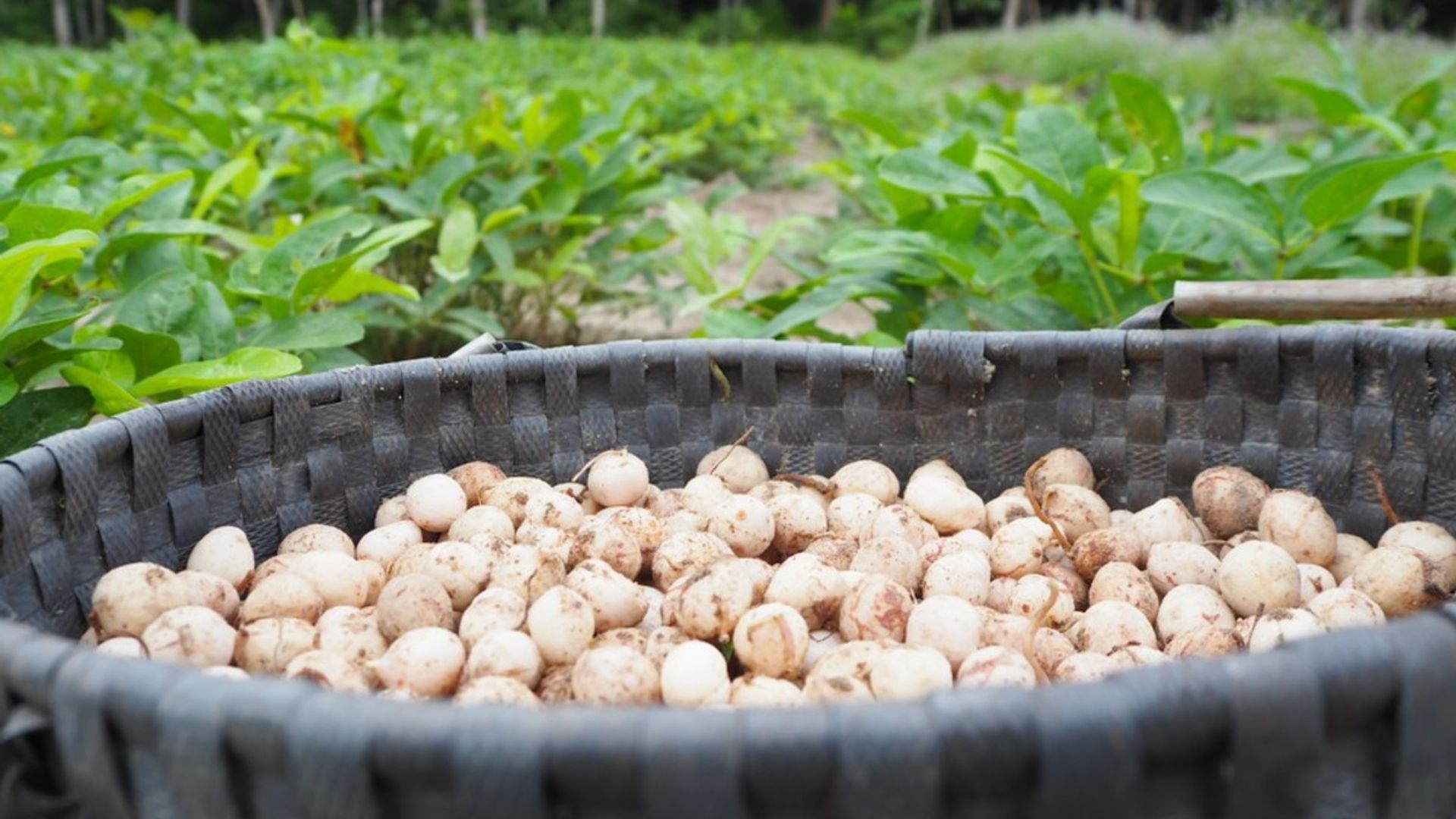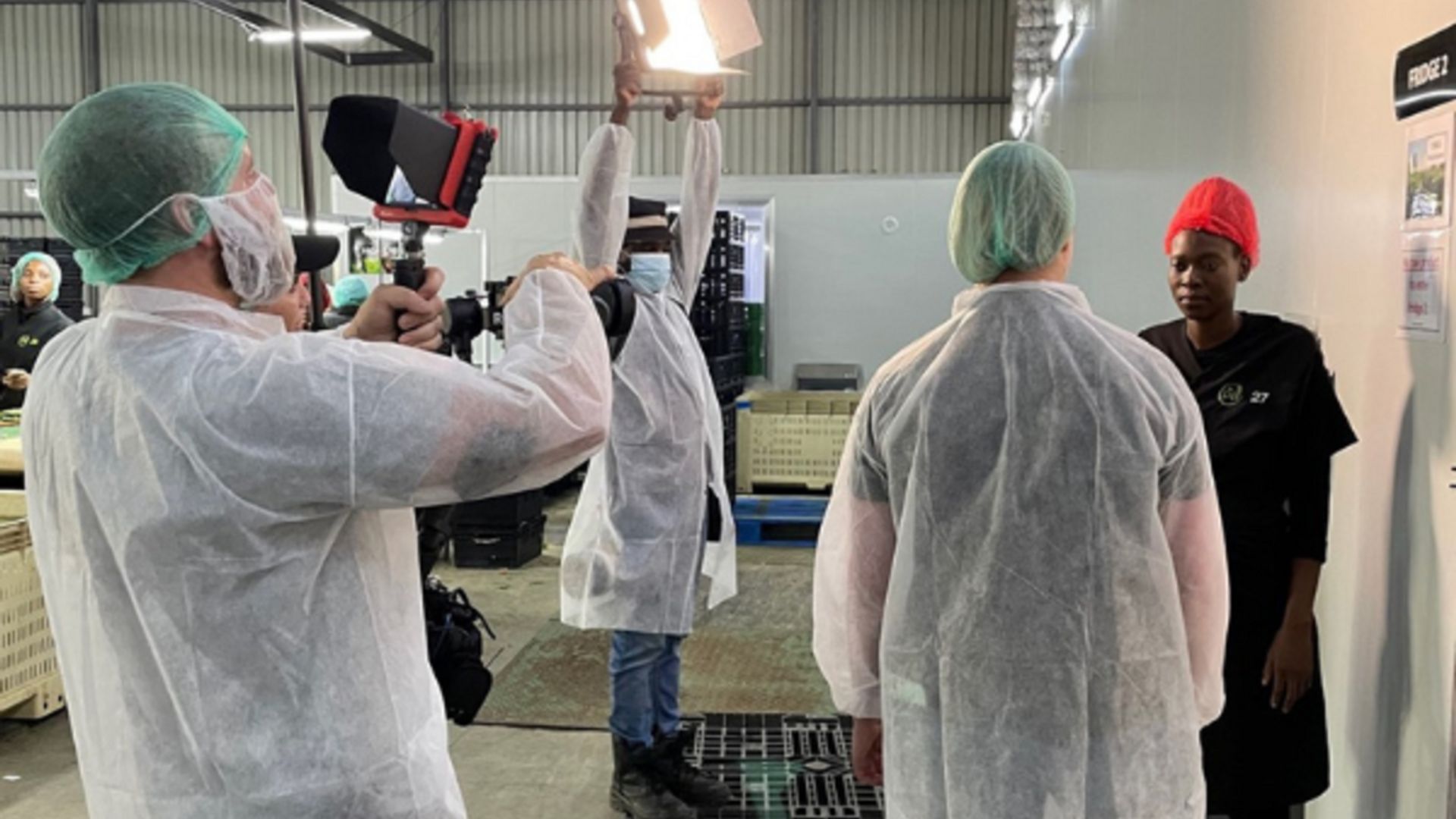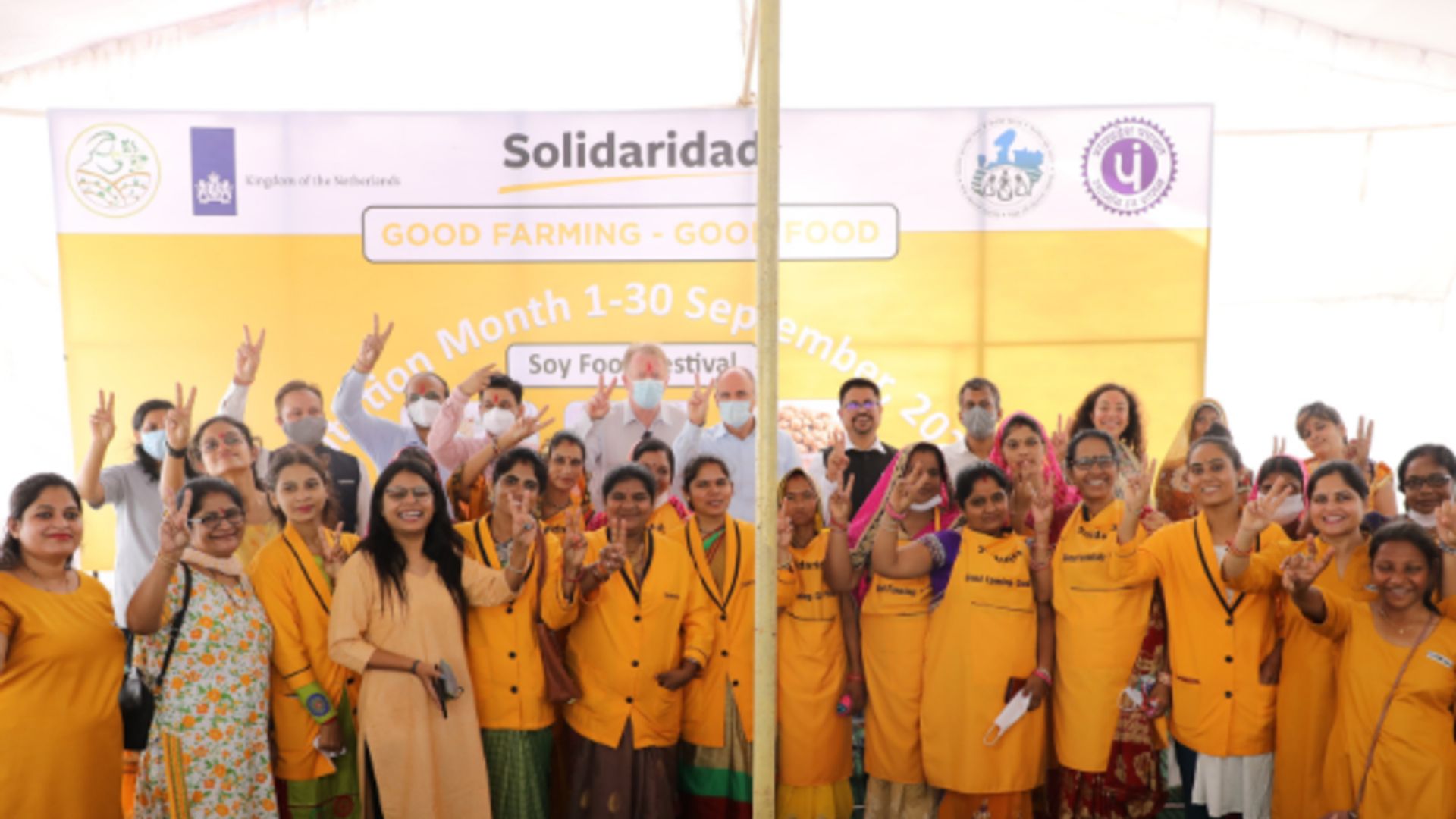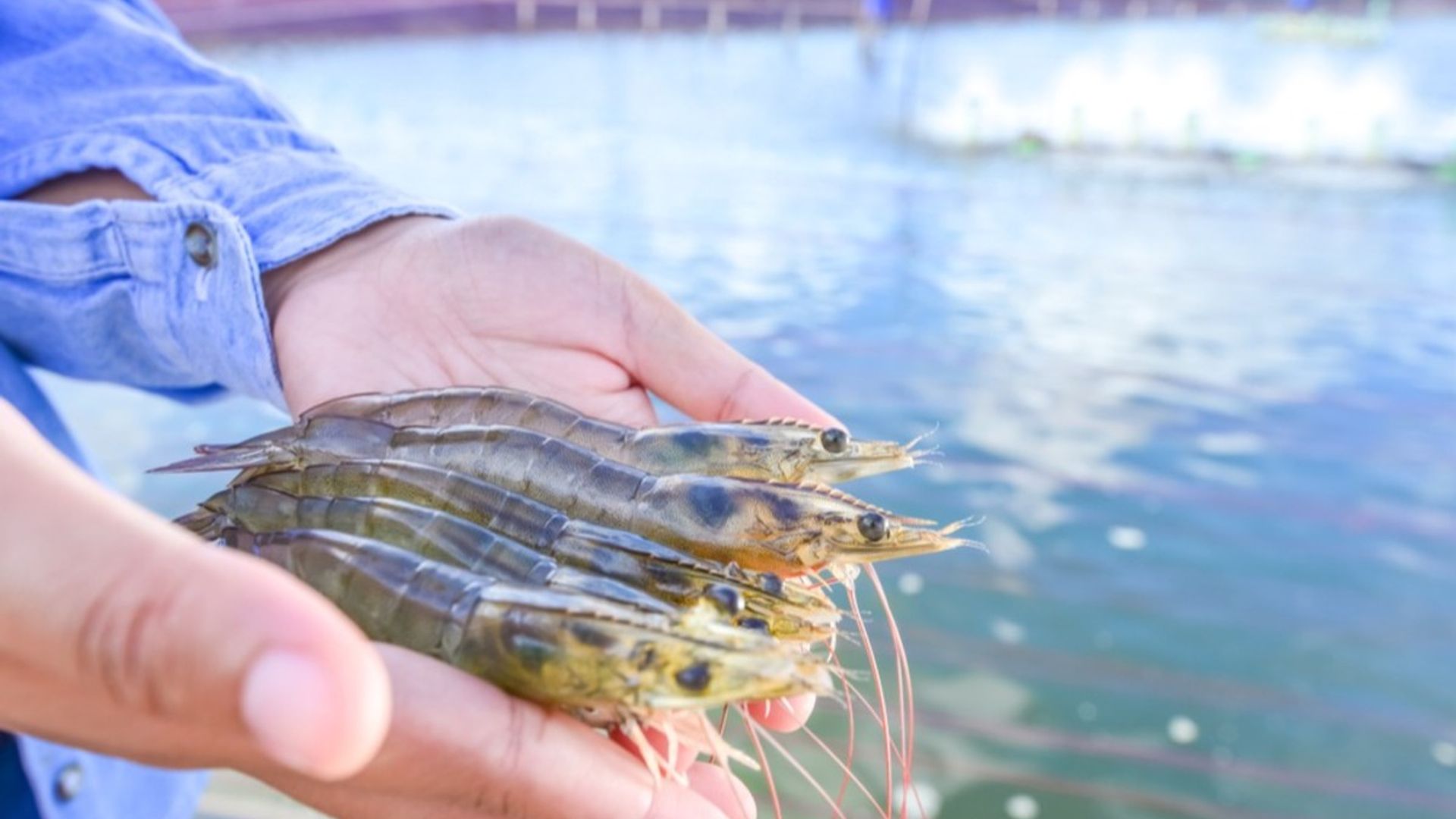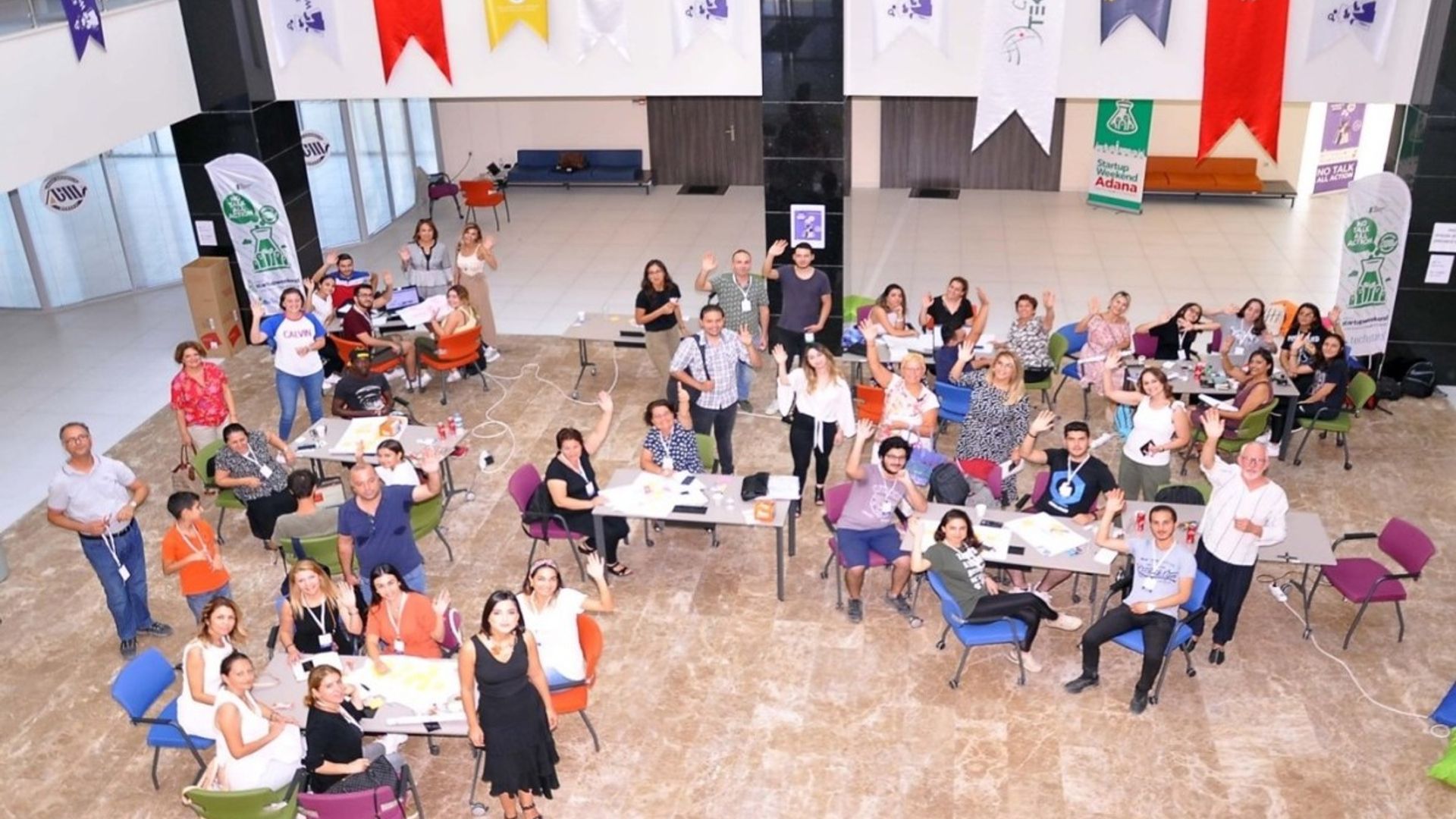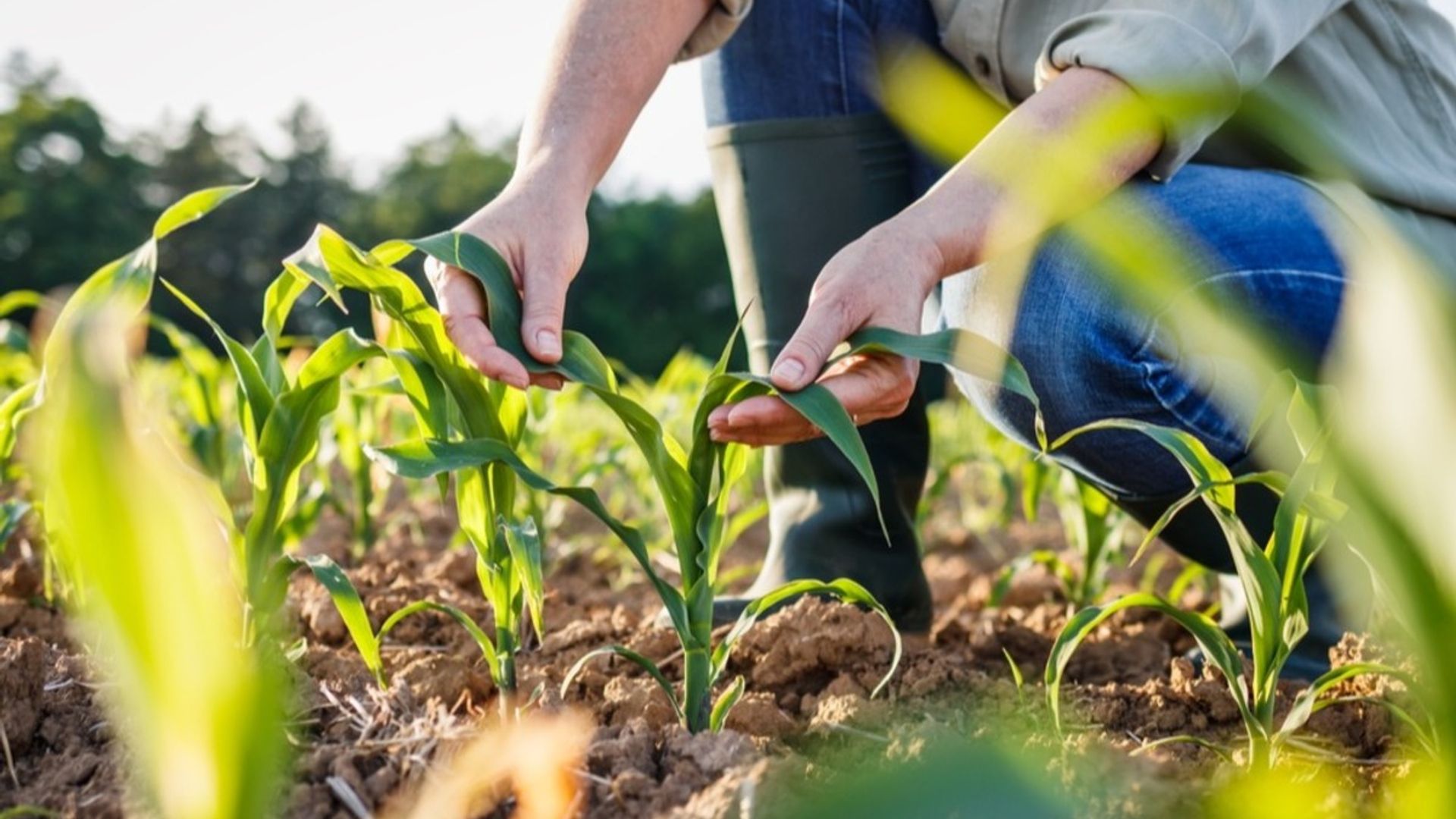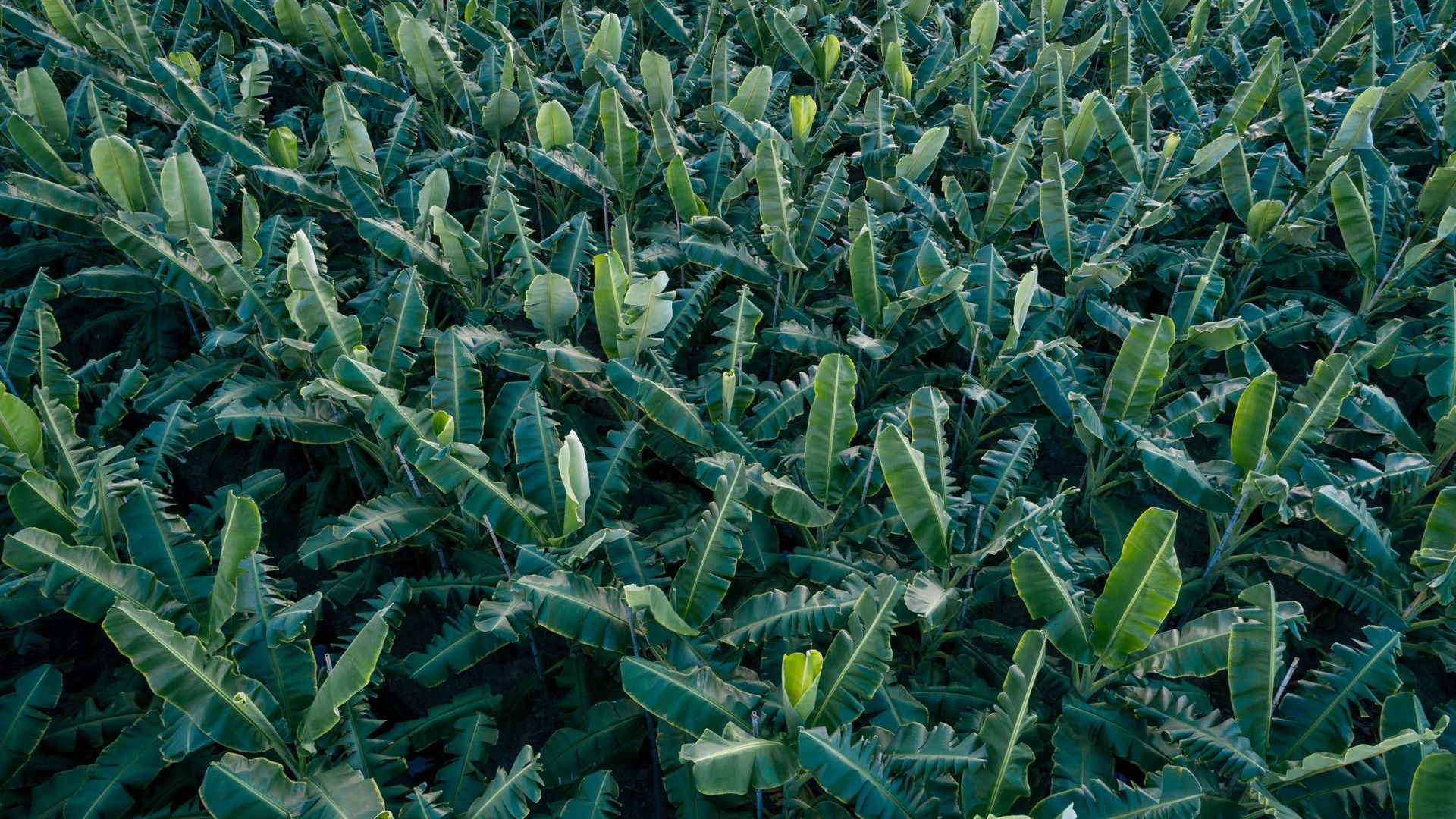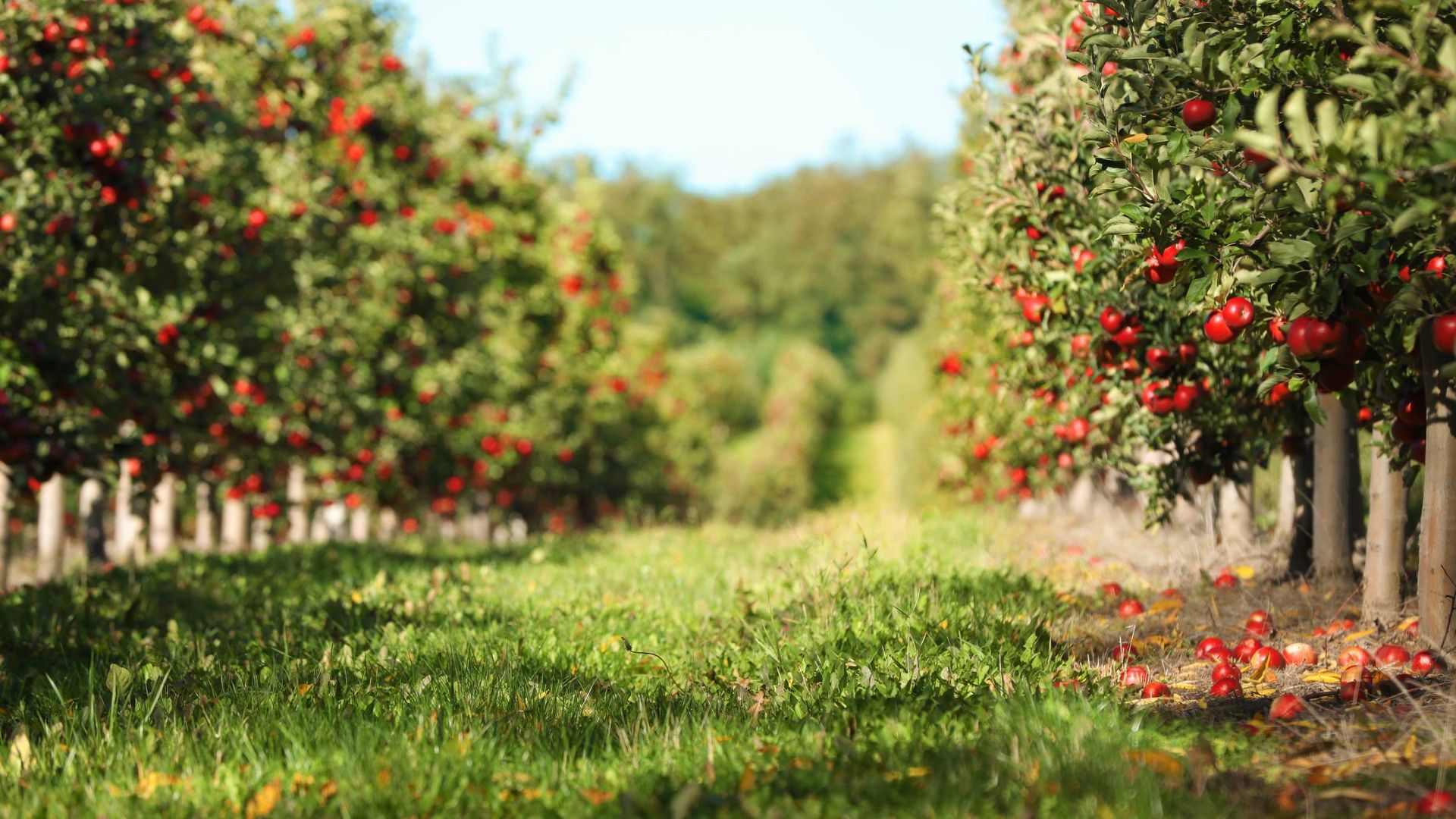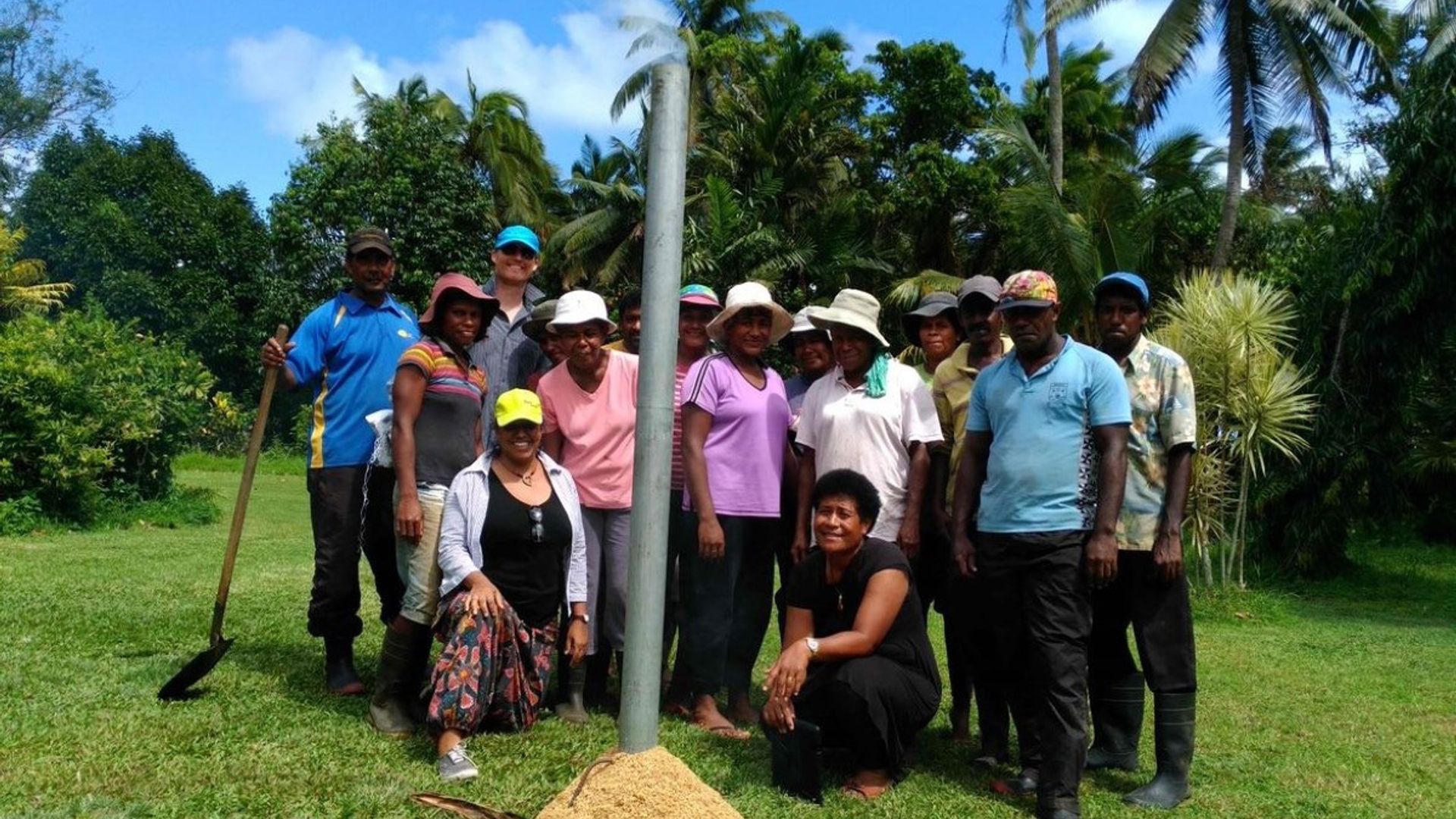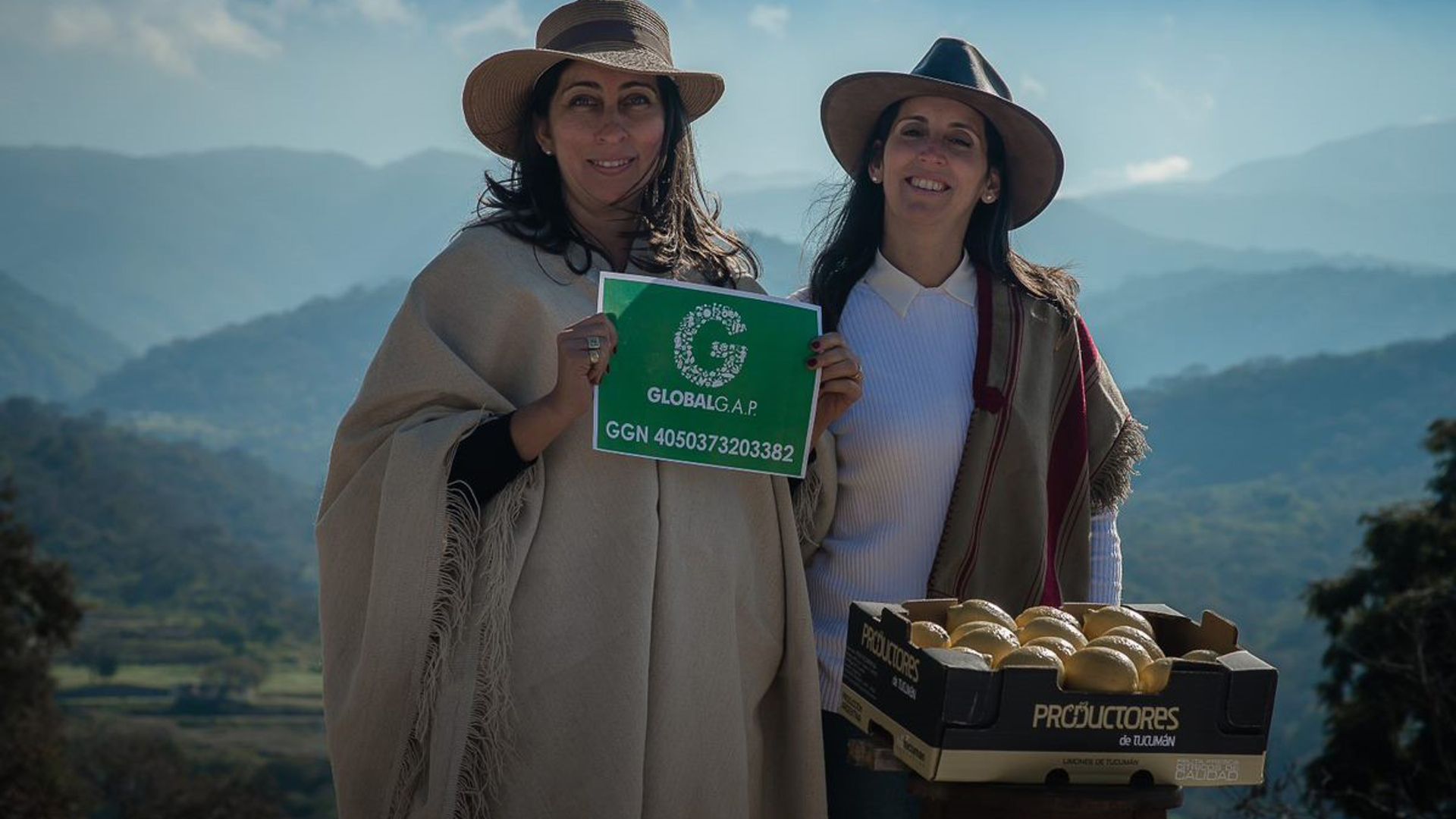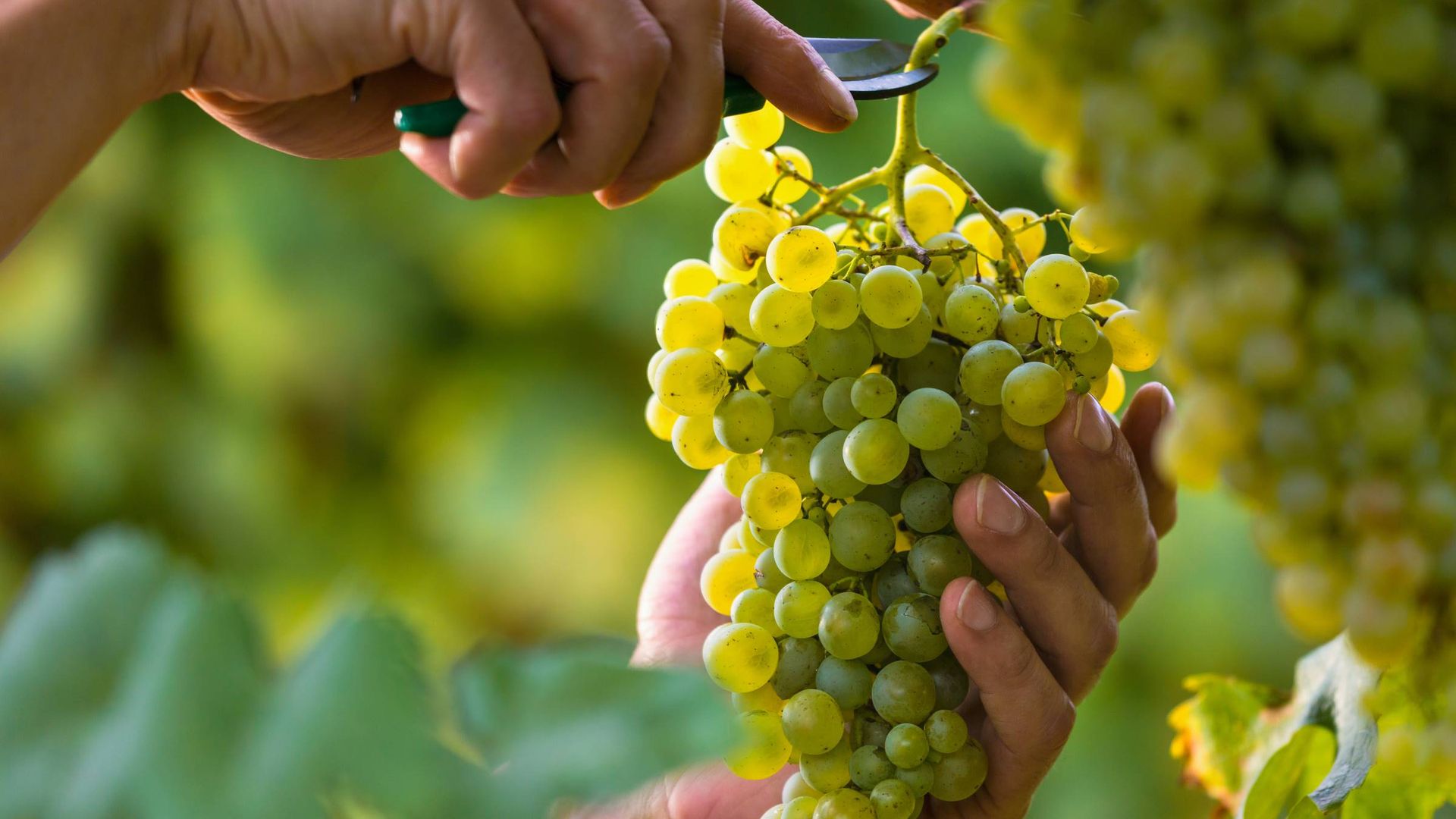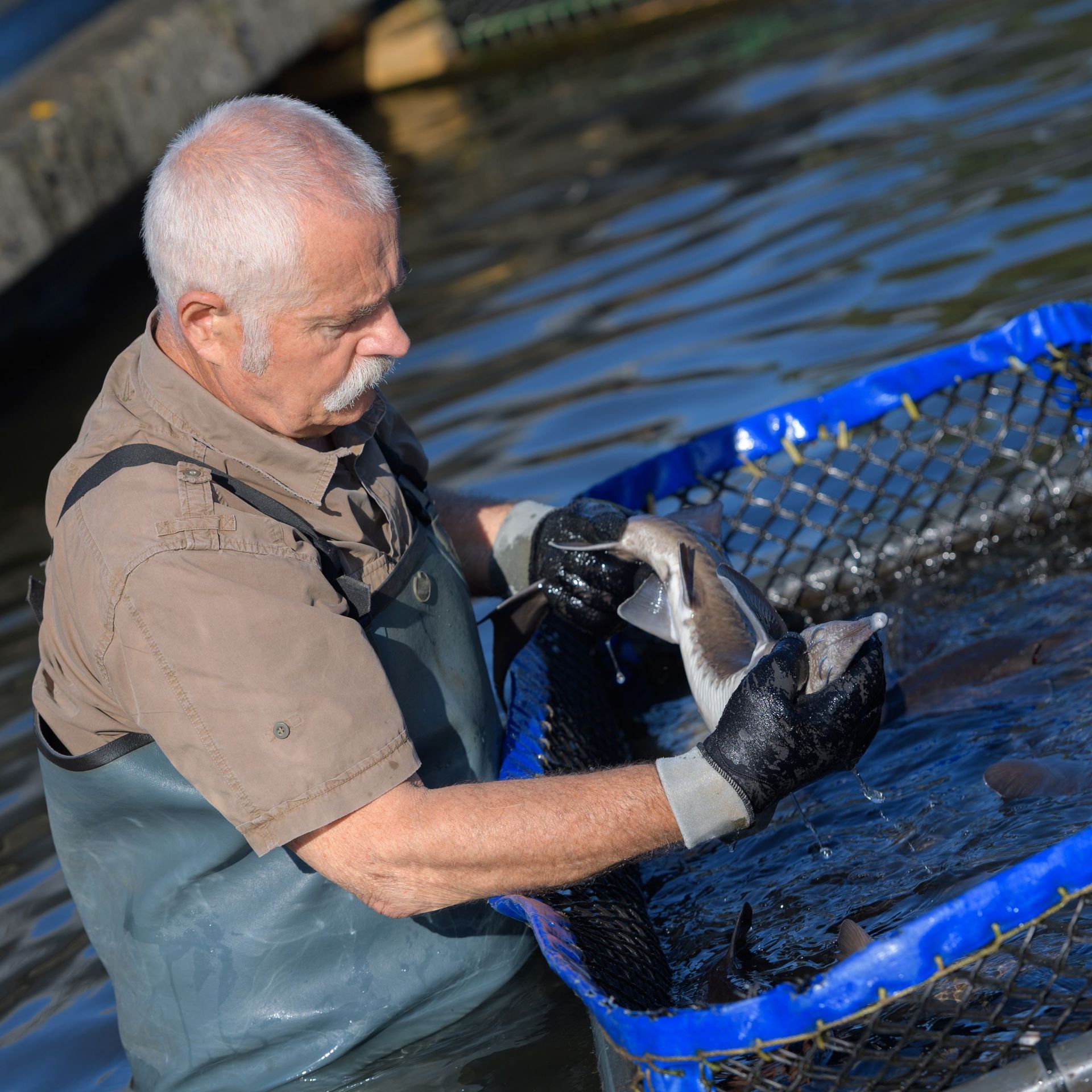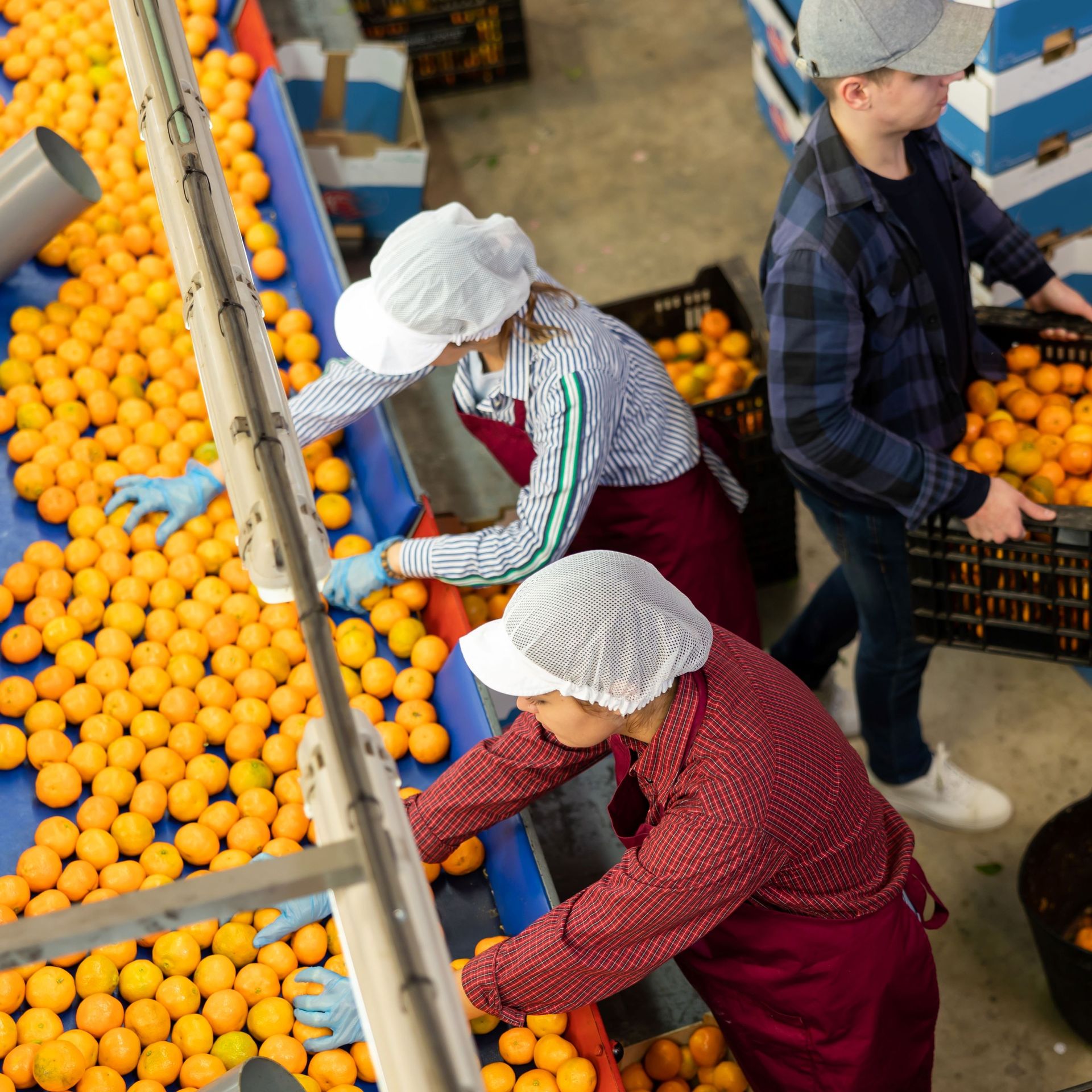About GLOBALG.A.P.
Our Impact Areas
Our mission is to foster the global adoption of safer and more sustainable farming practices by providing industry-leading, cost-efficient, and value-adding assurance and benchmarking solutions. Using a holistic approach, our smart farm assurance solutions focus on six key impact areas.
Our impact areas
Food safety
Food safety begins on the farm, and protecting the right of current and future generations to safe food has been a guiding principle of our work for over 20 years.
Environmental sustainability
Supporting environmentally responsible and resilient production practices is essential to the protection of global ecosystems and the long-term viability of farms.
Workers’ well-being
Responsible farming is about people as well as products, and socially sustainable supply chains are built on the health, safety, and welfare of farm workers and their communities.
Animal welfare
Addressing the world’s fastest growing food sector, our aquaculture solutions safeguard the health and welfare of aquatic species at every stage of the production chain.
Supply chain traceability
Effective segregation, handling, and traceability requirements are key to protecting the integrity of our producers’ responsible farming practices throughout the supply chain.
Capacity building
Providing producers around the world with the training and support they need to adopt safer and more sustainable farming practices can accelerate progress towards our vision.
Safe food begins with safe practices on the farm
Food safety
In the context of climate change, and with the global population expected to reach almost 10 billion by 2050 (FAO), the required increase in food production must be achieved in a safe and responsible way to protect the health of communities around the world. Food security – ensuring sufficient access to safe and nutritious food – is deeply rooted in the fundamentals of food safety.
Why do GLOBALG.A.P. standards address food safety?
According to the WHO, approximately 600 million people fall ill each year due to contaminated food.
We believe that food safety begins on the farm, which is why we work to create mainstream solutions for the holistic certification of food production worldwide. Protecting the right of current and future generations to safe food has been a guiding principle of our work since 1997.
How does GLOBALG.A.P. promote food safety?
Our standards enable the implementation of procedures that minimize food safety risks at farm level and allow producers to reliably demonstrate their responsible production processes through GAP certification. As a result, suppliers and retailers in the value chain can source products with confidence, protecting their reputation and building trust with consumers. GLOBALG.A.P. standards have consistently achieved recognition from the Global Food Safety Initiative (GFSI).
Food safety topics in GLOBALG.A.P. solutions
Chemical, biological, and physical hazard identification and mitigation
Residue monitoring for the appropriate use of plant protection products
Traceability through product handling, segregation, and identification procedures
Mitigation of food contamination through effective waste management
Controls on the use, storage, and quality of irrigation water
Harvest and postharvest rules on product handling, packing, and storage
Sourcing, storage, and processing of materials for animal feed
Documented food fraud plan to identify supply chain risks
Which GLOBALG.A.P. standards and add-ons cover food safety?
Integrated Farm Assurance for fruit and vegetables
IFA is a global standard for safe and responsible farming practices in fruit and vegetable production.
Produce Handling Assurance
PHA is a GFSI-recognized, FSMA-aligned food safety and traceability standard for postharvest activities such as the packing, handling, and storage of crops.
Food Safety Modernization Act Produce Safety Rule add-on
The FSMA PSR add-on addresses FDA requirements for the import of fruit and vegetable products to the US market.
Integrated Farm Assurance for aquaculture
IFA is a global standard for safe and responsible farming practices in aquaculture production.
Integrated Farm Assurance for combinable crops
IFA is a global standard for safe and responsible farming practices in combinable crops production.
Harmonized Produce Safety Standard
HPSS is a GFSI-recognized, FSMA-aligned food safety standard based on the Combined Harmonized Standard from the IFPA’s Produce GAP Harmonization Initiative.
GLOBALG.A.P. Community Membership
Join our unique GLOBALG.A.P. Community Membership program and the more than 450 organizations globally who contribute to the GLOBALG.A.P. certification system and our impact on these key impact areas.
Recognizing the farm as an agricultural ecosystem
Environmental sustainability
Environmental sustainability represents our collective responsibility to conserve natural resources and protect global ecosystems. With over half of the world’s vegetated land now used for agriculture according to the FAO, it is vital to promote more sustainable farming practices that address topics such as biodiversity, deforestation, water, and soil management.
Why do GLOBALG.A.P. standards address environmental sustainability?
Research by the FAO and UNEP has shown that land conversion and agricultural activity can be key drivers of problems such as biodiversity loss, deforestation, and soil degradation.
We believe that targeted solutions are needed to support producers in the resilient, environmentally responsible production of food for a growing population. Such production involves viewing the farm as an ecosystem that is in harmony, rather than competition, with the surrounding landscape.
How does GLOBALG.A.P. promote environmental sustainability?
Our standards and add-ons include robust yet realistic requirements that promote a global transition to more sustainable farming practices in agriculture, floriculture, and aquaculture. We acknowledge that sustainability is a journey, and our flexible portfolio is aimed at mainstreaming sustainability action through smart, accessible, and forward-thinking solutions.
This allows producers to demonstrate their responsible production processes in the here and now, while also considering future needs through the harnessing of metrics and farm data, as well as farm-level continuous improvement plans.
Environmental sustainability topics in GLOBALG.A.P. standards and add-ons
Restoration, protection, and enhancement of on-farm biodiversity and habitats
Efficient water use, protection of water sources, and wastewater management
Management and recycling systems to minimize waste and prevent pollution
Metric-based plan to improve energy efficiency and minimize use of nonrenewables
Integrated pest management to protect crops through primarily natural means
Responsible resource use and sustainably sourced raw materials in compound feed
Environmental impact assessments monitoring effluents from aquaculture farms
Restriction of Foc TR4 pathogen spread in, from, and between banana and plantain farms
Which GLOBALG.A.P. farm assurance standards and add-ons cover environmental sustainability?
Integrated Farm Assurance for fruit and vegetables
IFA is a global standard for safe and responsible farming practices in fruit and vegetable production.
Sustainable Program for Irrigation and Groundwater Use
SPRING is an add-on for responsible water management in plant production processes.
Impact-Driven Approach to Sustainability add-on
The IDA add-on promotes more sustainable farming practices through the collection and analysis of input consumption data and sustainability metrics.
Ensuring accountability in socio-economic issues at farm level
Workers’ well-being
Social responsibility in primary production – covering workers’ health, safety, and welfare through topics such as human and labor rights – is increasingly in the spotlight from retailers, consumers, governments, and NGOs. With growing awareness and new international legislation for supply chains, protecting workers’ rights is an essential part of the sustainability picture.
Why do GLOBALG.A.P. standards address workers’ well-being?
We believe that responsible farming includes people as well as products.
That’s why we work to develop accessible solutions for producers of all sizes – from smallholders and family farms to large producer groups – that help to protect human rights, ensure fair representation for workers, and prevent labor exploitation.
How does GLOBALG.A.P. promote workers’ well-being?
Our flagship Integrated Farm Assurance (IFA) standard has always included principles and criteria (P&Cs) on workers’ health and safety, but the early 2000s saw increasing public pressure on social topics. The need for a solution dedicated specifically to this issue was clear, and in 2004 a collaboration began with the German Agency for International Cooperation (GIZ). This laid the groundwork for the GLOBALG.A.P. Risk Assessment on Social Practice (GRASP).
Approximately 20 years later, GRASP provides a wide range of farm types with the tools they need to manage social risks in production processes. It is in line with International Labor Organization conventions, as well as the UN Guiding Principles of Business and Human Rights.
Workers’ well-being topics in GLOBALG.A.P. standards and add-ons
Right of association including the ability to form or join worker organizations
Worker representation with assembly free from management influence
Complaint processes with protection for confidentiality and against retaliation
Human rights policies on aspects such as forced labor and debt bondage
Access to labor regulations, including rules for subcontracted and short-term labor
Documentation and terms of employment, including wages and working hours
Forced labor indicators such as accessible and legally sound conditions of employment
Working age and child labor prevention including compulsory school access
Which GLOBALG.A.P. standards and add-ons cover workers’ well-being?
GLOBALG.A.P. Risk Assessment on Social Practice
GRASP is an add-on for the evaluation of workers' well-being at farm level.
Integrated Farm Assurance for fruit and vegetables
IFA is a global standard for safe and responsible farming practices in fruit and vegetable production.
Compound Feed Manufacturing
CFM is a global feed mill standard for commercial compound feed production processes.
Latest news
25 June 2024
GLOBALG.A.P. SUMMIT 2024: Latest updates
Anticipation for the GLOBALG.A.P. SUMMIT 2024 (10–12 September in Warsaw, Poland) is building and we're delighted to share the latest updates with you: Exclusive warm-up webinar, latest agenda announcements, and deadline for Early Bird tickets
25 June 2024
New discussion platform for national technical working groups
19 June marked the beginning of regular quarterly discussions for our national technical working groups (NTWGs). The two-way conversations are designed to provide updates and learn from the participants' unique challenges and experiences.
20 June 2024
2023 Integrity Report is out now!
Find out about the activities of the GLOBALG.A.P. Integrity Program in our report - published annually.
Meeting global seafood demand responsibly
Animal welfare
Aquaculture – the rearing of aquatic species – is seen as an increasingly reliable way to meet the world’s nutritional needs and now represents the world’s fastest-growing food sector. Responsible, risk-assessed production processes that include animal health and welfare are vital to both global food security and the long-term sustainability of aquaculture operations.
Why do GLOBALG.A.P. standards address animal welfare?
The health of farmed animals is integral to the safety of our food chain, and their overall welfare represents a major consumer concern.
We believe that animal health and welfare are at the heart of responsible aquaculture practices. This is why we consider all stages of production, from hatchery and feed inputs to slaughter and transport, implementing traceability procedures at every step of the supply chain.
How does GLOBALG.A.P. promote animal welfare?
Our flagship Integrated Farm Assurance (IFA) standard for aquaculture is applicable to a wide range of species of finfish, crustaceans, molluscs, and seaweed (macro algae), as well as all major production methods – from net enclosures to closed recirculation systems.
The rigorous standard requirements consider all four pillars of the FAO Technical Guidelines on Aquaculture Certification and are also aligned with the World Organization for Animal Health (WOAH) Aquatic Animal Health Code.
IFA is the only standard at farm-level recognized by the Global Food Safety Initiative (GFSI) and the only standard recognized by the Global Sustainable Seafood Initiative (GSSI) for all aquatic species.
Animal welfare topics in GLOBALG.A.P. standards and add-ons
Comprehensive aquaculture health plan approved by a certified veterinarian
Welfare risk assessments on water, predation, visual/acoustic disturbance, and marking
Control program for water quality and intake/discharge to avoid contamination
Health treatment analysis, including medicines, vaccination, quarantine, and pathogen screening
Records of stock movements for all stages of the aquatic species’ lifecycle
Procedures and monitoring for removal, safe disposal, stunning, and slaughter
Documented hygiene plan, species-specific handling training, and harvest protocols
Site management including risk assessments on equipment, cleaning, and pest control
Which GLOBALG.A.P. standards and add-ons cover animal welfare?
Integrated Farm Assurance for aquaculture
IFA is a global standard for safe and responsible farming practices in aquaculture production.
Compound Feed Manufacturing
CFM is a global feed mill standard for commercial compound feed production processes.
NON-GM/“Ohne Gentechnik” Add-on
The NON-GM/“Ohne Gentechnik” Add-on enables aquaculture, compound feed, and supply chain stakeholders to demonstrate that their products are free from GMOs.
Facilitating supply chain transparency at every step
Traceability
Consumers expect safe food. This means that supply chain participants must implement effective traceability systems for identifying, recording, and therefore enabling the verification of a product’s history and lifecycle as the product passes through the supply chain. Such systems both mitigate the risk of food fraud and facilitate quick action in case of food safety issues.
Why do GLOBALG.A.P. standards address traceability?
As global supply chains grow in complexity, traceability requirements and chain of custody certification provide reassurance to customers and add value to a brand in the market.
We believe that implementing effective identification, segregation, and handling practices can protect the integrity of responsibly farmed products in the supply chain.
How does GLOBALG.A.P. promote traceability?
While all of our core farm-level solutions contain traceability criteria, the dedicated GLOBALG.A.P. Chain of Custody standard ensures that the integrity of products originating from GLOBALG.A.P. certified production processes is protected up to the final sale.
Applicable to any company handling or trading products from GLOBALG.A.P. certified production processes, the requirements prevent the substitution, dilution, and misidentification of products along the supply chain. This protects buyers from reputational risk and connects certified responsible farming practices at farm level with a transparent product claim at the end of a custodial sequence.
Traceability topics in GLOBALG.A.P. standards and add-ons
Identification of products via a unique ID number in the GLOBALG.A.P. IT systems
Recall and withdrawal procedures with annual verification of traceability systems
Segregation of products from certified and noncertified production processes
Product handling rules including historical purchase and sales records
Input and output verification through mass balance requirements
Non-conformance and complaint procedure for recording issues and actions
Monitoring of subcontractors that handle products from certified production processes
Worker training on chain of custody requirements and processes
Which GLOBALG.A.P. standards and add-ons cover traceability?
GLOBALG.A.P. Chain of Custody
CoC is a supply chain standard that safeguards the segregation and traceability of products originating from GLOBALG.A.P. certified production processes.
Integrated Farm Assurance for fruit and vegetables
IFA is a global standard for safe and responsible farming practices in fruit and vegetable production.
Compound Feed Manufacturing
CFM is a global feed mill standard for commercial compound feed production processes.
Safer and more sustainable farming is a collective effort
Subscribe to our monthly Spotlights newsletter to get the latest solution updates, industry collaborations, and event highlights direct to your inbox!
Upscaling local expertise to accelerate progress
Capacity building
We know that safe, socially and environmentally responsible farming practices are possible when producers have the tools they need to succeed – including access to training and support. By investing in capacity-building activities that raise awareness of more sustainable practices and facilitate their implementation on the ground, we can increase the pace of change worldwide.
How does GLOBALG.A.P. address capacity building?
Our standard-setting competencies are complemented by a range of capacity-building activities that amplify and advance safer and more sustainable farming practices in a local context.
With online GLOBALG.A.P. Academy training courses, targeted on-site events hosted in tandem with regional partners, and partnerships with developmental aid organizations around the world, we can reach a wide range of producers, buyers, and trainers who are open to enhancing food and nutritional security, stimulating economic growth in their area, and reducing poverty in a sustainable manner.
GLOBALG.A.P. capacity-building activities
Primary solutions
Our primary solutions provide an opportunity for producers in emerging markets to take the first step towards GLOBALG.A.P. certification at a pace that suits them.GLOBALG.A.P. Academy
The GLOBALG.A.P. Academy offers comprehensive training courses for producers and certification bodies on the GLOBALG.A.P. certification system and the implementation of our farm assurance solutions.GLOBALG.A.P. Registered Trainer program
Through their affiliation with GLOBALG.A.P., our worldwide network of Registered Trainers offers authorized training on our leading farm assurance solutions.Projects and partnerships
We connect with organizations around the world to unite our visions, transform food systems, and empower local communities.GLOBALG.A.P. TOUR stops
The GLOBALG.A.P. TOUR works in collaboration with local stakeholders to host events targeted at responsible farming topics relevant to a specific country or region.
Upcoming events
15 Aug
2024
IFA supports people: Fostering ethical labor practices for a sustainable future
Location:
Online
Event type:
Webinar
Event format:
Virtual
26 Aug - 30 Aug
2024
Academy training: IFA v6 for fruit and vegetables in French
Location:
Online
Event type:
Academy course
Event format:
Virtual
